








Welcome to Issue 3 of Rural Entrepreneur Australia magazine. And, it's finally Summer (even though down here in Victoria we've barely had a Spring!).
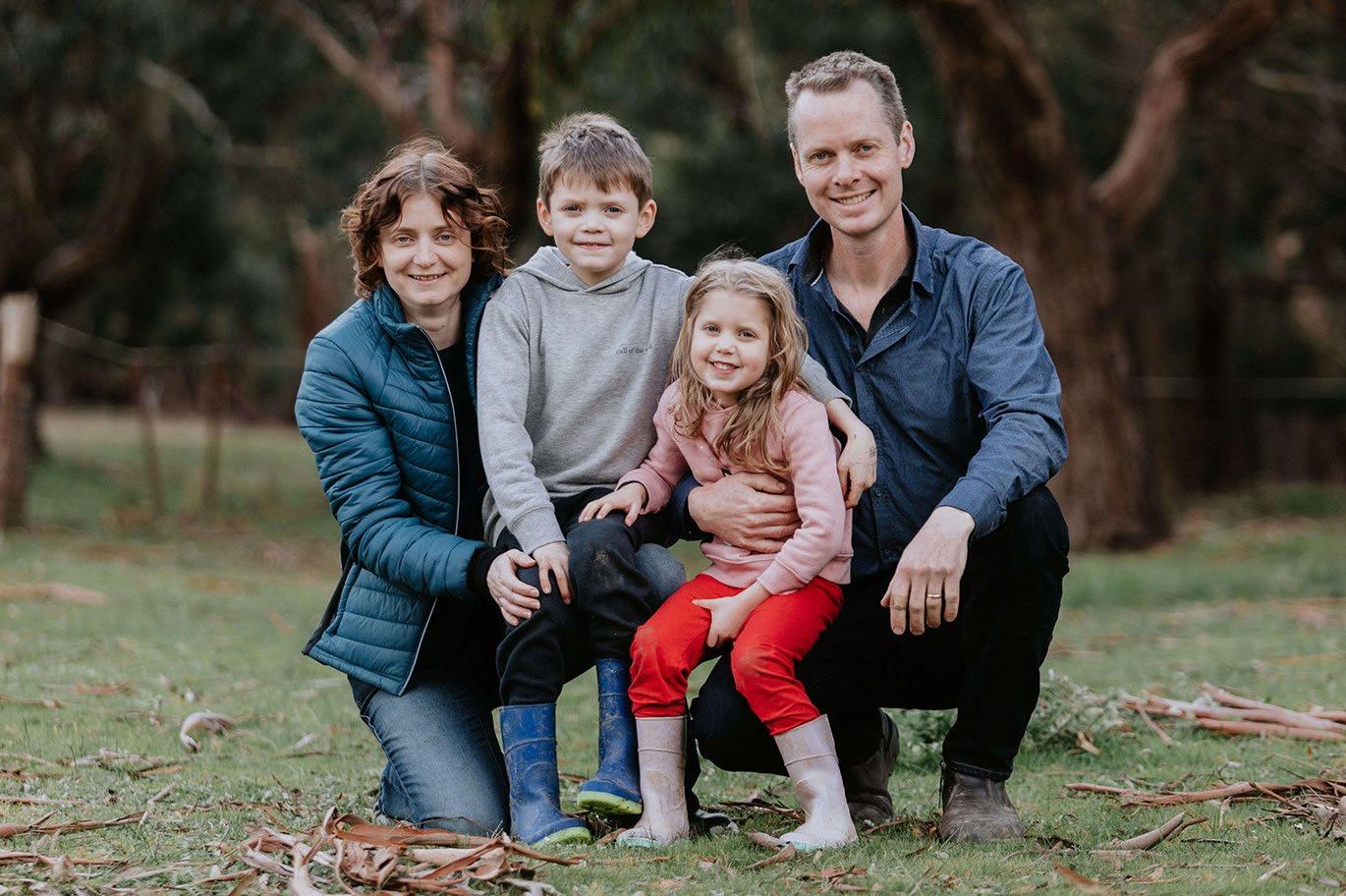
As we head rapidly towards Christmas, we generally find it's a very reflective time of year. Particularly, as business owners. We naturally tend to start looking back at the events of the year – and starting to think about planning for next year. Which is the inspiration behind our 'New Year – New You' section of the magazine. In here, you'll find an article on planning your way to a successful 2023 in business, plus articles on various mindset and self-care aspects of business.
Then, we have our standard sections on Marketing, Copywriting, Publishing, Real Life Business Stories and Business Management. Make sure you read 'The Benefits of Podcasting' by Neil Butler and '7 Tips to Increase Your Success With Grants' by Prue Saxby. Both are incredibly beneficial.
Our next issue will be published on the 7 th of March 2023. If you'd like to contribute an article or place an ad, please feel free to get in touch. The deadline will be Friday, the 11th of February 2023.
Otherwise, from our family to yours – we hope you have a very merry Christmas and a safe, happy festive season.
We hope you enjoy Issue 3.
Thanks so much,
& Toby Rural Entrepreneur AustraliaIn business, as with anything, planning is absolutely crucial to achieve success.
The end of the year, or early in the new year is one of the best and most natural times to plan. It's when we all start to get reflective anyway. If you're in retail, you'll probably want to do this over January, once the Christmas and Boxing Day rush is over and done with. The same applies if you're busy up until Christmas.
Otherwise, you're just stumbling around in the dark. Clutching at random straws.
Chasing shiny objects with a scattergun approach that gets you nowhere.
For some of us, planning can come quite naturally, and we do it without thinking. Particularly if you've had experience doing this in previous employment. If that's you, fantastic!
For many of us however, it takes a lot of conscious effort to think about putting plans in place, and then actually knuckling down to do it and put it all onto paper. This is often because it seems such a daunting process – and we just have no clue how.
However, if you're taking a couple of weeks holiday between Christmas and New Years etc. – yes, you'll want to rest. But I often find this rest time is generally when have the natural tendency to want to start planning for the year ahead. Rest gives me that time to slow down and really think about what I want – so if you're similar take advantage of that.
Looking back at past activities and data is really important. By reviewing and assessing what worked well and what didn't, we can then make better future decisions.
You'll want to take a look at your main offers or business activities and how well they performed. You'll also want to review your marketing efforts, to see how well they converted.
You need to know exactly where you want to go –and how you're going to get there.
There are five main steps to planning what you do and when.
Review past activities and results
Set your goals
Create a clear strategy
Define your activities
Plan it all out into an organised calendar. 1. Review past activities and results
• Your social media statistics
• Your email marketing statistics
• Your financials – what activities made the most money
• Your website statistics – traffic, enquiries, conversions, etc
However, you'll also want to take a look at how what you did worked for you personally. Often, it's really easy to get caught in the trap of offering products and services you don't enjoy providing, just because that's what everyone else is doing or because you think your customers want it that way.
Ultimately though, if you don't enjoy it, you need to figure out a way of switching it up so you do. This might be changing how you deliver a service to make it easier for you, deleting a service altogether, or transforming it into something else.
If it's really successful and you don't want to stop it – see whether you can bring in a staff member or a sub-contractor to perform that service for you.
When looking at all the data, you may also be able to pick up on missed opportunities. Things like extra follow up and support can really make a difference in sales.
Goals are where you want to go or get to. They can be financial goals, or they can be based on other statistics such as social media follower numbers or getting a certain number of people onto your email database. They can also be slightly less measurable, such as positioning yourself as an expert in your field, etc.
You'll most likely want to set a few goals for the year, just don't get caught in the trap of setting too many.
You'll also want to stretch yourself that little bit beyond where you think you can get to (many of us aim too low), but also not be aiming so high that it's near impossible to achieve. There's a sweet spot in there somewhere. Sometimes it helps to really let yourself go a little crazy and brainstorm all the things you'd love to achieve, without moderation. Then, go back over them and pick out the most important ones – and set a reasonable target around each.
Nothing can be planned, without a clear strategy. For each of your goals, you'll need to define the ways in which you'll achieve them. Things such as:
• Marketing strategy
• Sales strategy
• Profile building strategy
• Lead generation strategy
• Nurture strategy
These things aren't something we can give a cookie-cutter approach for in a single article. The types of strategies you choose will depend a lot on the type of business and industry you're in. Our best advice, if you struggle with this, seek out some assistance.
Write a list of your own main business activities or offers.
Clearly, if you're a sparkie or a generalstore owner etc. this may not be necessary. There's a good chance that much of your day-to-day activity will be relatively the same. But say you run a business as a marketing coach, who offers 1:1 coaching sessions, a group course with coaching that runs for 8 weeks at a time, and you sell a book.
In this case, you'd be wanting to list those three activities or offers.
Your 2023 activities may also be different to the activities you did during 2022. Make sure everything you do and offer aligns with your overall strategy and goals.
For example…
Denise Duffield - Thomas (you've probably heard of her!) sells one major product – a course on money mindset, called Money Bootcamp. She has a couple of smaller offerings, but even they lead to Money Bootcamp.
She often says when it comes to her marketing 'all roads lead to bootcamp'.
This is her way of staying focused on selling that main offer at all times, as it's where she earns most of her income. It also guides her strategy to make sure they lead people there.
This is where we map out when you'll do what.
Holidays, time off, creative days, your kids' birthdays and ballet concerts. These types of personal commitments should always be marked on your calendar first, and as early as possible.
Build in time, where possible, to take time out for you and your friends and family. Whether it's longer holiday periods throughout the year, or a week here or a day there.
Often as business owners, we have the tendency to mark this in last – which means, it generally never happens. Remember – burnout is not sexy, and not only does it slow you down, but it can kill your business. Time to rest and have fun, really matters!
Mark down public holidays and significant industry events
If you're using a calendar that already has public holidays, that's fine, skip that step. But otherwise, mark them down.
Next, think about any significant events that might be relevant to your industry or business. Things like National Agriculture Day or Rural Women's Day etc.
Plan out your activities, offers, nurture periods, launch periods and work periods
Following on from the above example of a marketing coach, with three main offers, you'd now need to schedule in when you plan to do this work – and when you'd need to therefore launch, market and sell this work.
Selling 1:1 service's such as coaching or consulting, plus selling a book, might well be something you do all year around.
While selling an 8-week group program may only occur 3 times a year.
This 8-week program, however, won't just magically sell itself in the weeks leading up to you wanting to run it. You'll need to think about nurturing and warming up your audience, creating a launch strategy over several weeks, including dates as to when you'll be taking sales BEFORE you intend to actually start the course.
You'll really be wanting to think about the times of the year where you should be marketing your book, marketing your 1:1 session's and marketing
your course launches.
For many of us, our businesses aoften rely on our own creativity. We are the ones coming up with books, courses, memberships and more to teach certain skills to our audience.
We also need to be publishing social media content, blog articles, podcasts and more to continue to grow our audience, nurture our audience, convert more sales and grow our businesses.
All of this takes creative energy. Without it, we don't tend to have much of a business. Scheduling creative time therefore can be really important. Giving yourself that space to breathe and create can be absolutely business and life changing.
Too many of us get stuck working IN the daily grind of our businesses, rather than working ON our business. Working on your business, in terms of strategic review and planning, plus implementing new initiatives is where your growth will happen. Otherwise, you risk standing still.
Scheduling in time on a regular basis to think and be strategic is absolutely critical if you want your business to get bigger, get more profitable and to succeed long term.
A successful business needs to be planned for There are lots of different approaches to planning out business activities and it's something you could literally write for days on, without ever finishing.
It really is critical however to take planning seriously and give it the time it deserves. Otherwise, you really are just stabbing in the dark.
If you struggle with this, as many of us do, it's always a good idea to seek out some professional advice. Often, we're just too close to our own businesses to really be impartial enough to see what needs to change. And if aspects such as financial management and marketing aren't your area of expertise – you're likely to need to seek out this type of specialist help to formulate the right plans for you.
Talk to your accountant and/or bookkeeper. Reach out to a marketing consultant who can assist.
However, one of the most important things you can do is to listen to your existing clients and customers.
Seek out their feedback and find the issues that need resolving. Uncover the opportunities in your marketplace to change things up and be different.
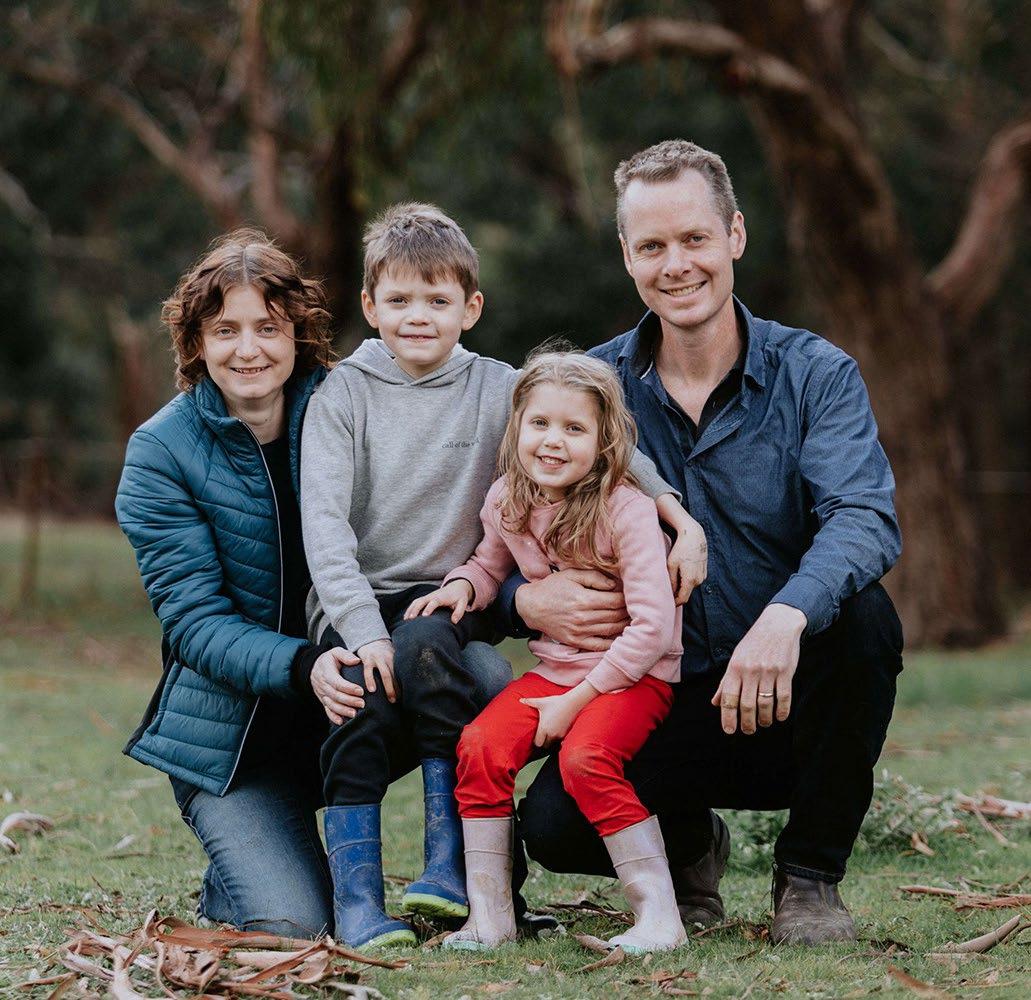
Sarah is a multi-award-winning copywriter and marketer with over 19 years' experience. She holds a Bachelor of Technology and is recognised as a CPM (Certified Practising Marketer) with the Australian Marketing Institute. Sarah is also a best- selling author of multiple books.
Toby is an experienced business founder, with multiple businesses and accolades under his belt. His current business, Billing Metals & Manufacturing, supplies specialty metals and element samples to schools, universities, and amateur scientists. They love nothing more than combining their skills to empower like-minded rural business owners and regional authors to succeed.
More information: www.theruralmarketingco.com.au

It is easy to call a business by the entity's name as it quickly develops a life of its own. Easier still to forget that the entity's very life was born from you the business owner. Like a child, it will only grow as great as its parent. So, if your business has stalled or is experiencing growing pains, please read on.
In coaching business owners for 20 years to grow their business, the one key indicator for a stalling business is clear. While you might think a faltering business is due to a lack of experience or skill, it's often not.

Anyone can improve their experience and build more skill. But it's mindset that stalls most commercial ventures. Unless by a miracle of good fortune or by buying in talent, your business can only grow as much as you. You are either a success story in the making or wine about to turn to vinegar.
Lawrence D. Bell, founder of Bell Aircraft said, "Show me a man who cannot bother to do little things and I'll show you a man who cannot be trusted to do big things." I say, "Show me a business owner who has stopped growing and I'll show you a business that has stalled."
I started my first business at 6-years-old back in 1968. At school, I sold tattoos that I crafted with colour markers to my school friends. I priced my designs at five cents a pop and they sold like hot cakes! Now that might not sound like a handsome sum to you, but back then a pie and sauce cost 5 cents. At around 50 orders a day, I could have bought many pies. Not a bad little earner for a six year-old. Every viable business must add value to someone's career, business or their life. Anyone can start one – even a 6-year-old. But the question is, how do you take your business to the next level?
R!k
https://lifebeyondlimits.com.au/
Schnabel is Australia's #1 Brain Untrainer. He is a Master NLP and Life Coach trainer, Coach and an international, multi-best-selling author with Life Beyond Limits.In my late twenties, I had grown up from that 6-year-old. At that stage, I ran a design agency. While I once sold tattoos for 5 cents, I was now designing logos for fifteen thousand dollars a pop!
It might be easy to justify the five cents to fifteen thousand dollars increase to age and experience. Yet that's not the full picture by any stretch of the imagination. To find the key to financial success, we need to look deeper. We need to go deeper into our minds. Most people will attribute maturity and intelligence to our business growth. Then let's re-examine two facts. Is intelligence and maturity linked to business growth? We can all become wiser, and we all have access to everything we need to grow our business. Yet, why do an estimated 20 percent of new small businesses in Australia fail in their first year? Up to 60 percent of start-up businesses will not survive beyond five years of launching. It cannot be due to intelligence alone.
Regardless of how much we know and how old we become, the longer we are in business, the more likely we will fail. So, age and wisdom account for little.
If I asked you right now, "Why have your business revenues stalled or fallen?" I would get a summation of your beliefs. A litany of reasons for the demise and you of course would be right. Though people like Richard Branson, Jeff Bezos and Larry Page would disagree. The reason? One word; mindset.
With the right mindset even a 6-year-old can start and grow a business. But with the wrong mindset, a genius can fail. Think about it...when times get tough, tough minds thrive while weak minds go bust.
What determines taking action to re-engineer your business? What dictates your ability to find creative solutions? What one element tells you to make those phone calls or schedule those critical meetings? Again, one word; mindset. But what is "mindset" and how does one improve it?
The higher your self-esteem, the better your mindset. Though I must add a layer of complexity to this. Your mindset is a combination of your beliefs, values and the very reasons you do what you do. These fuel your frequency of attempts at success and quality of your behaviours. Your behaviours of course, determine the size of your business.
All these invisible mental drivers determine who you think you are. Who you think you are, you are. How you see yourself, is how you'll be yourself. Your self-image is everything! In the context of business, it's either priceless or it's stifling.
Is self-image that important? No, it's critical.
I've seen intelligent adults with low self- esteem fall apart at the negotiation table. Their self-image is below their counterparts. Like babbling simpletons, they cave in at the first counterattack in the negotiation. When the negotiations start, they're finished. How we do one thing is how we do everything. If we fall apart at the first sign of stress, we build our neural strategy around stress. We come home from a failed negotiation only to hit the bottle or beat up on ourselves.
It's a simple pattern; life gets tough, and we hurt or hide. This mindset will not get you up that millionaire's mountain.
How you see yourself, is how you'll be yourself
If you don't believe me? A new study might shift your perspective. It found that teenagers' self-esteem levels can predict their future salaries. The study, called "Self Esteem and Earnings" comes from Journal of Economic Psychology. It found that poor self-esteem during adolescence is a sign of low future earnings as an adult. In fact, self-esteem can affect income as much as cognitive ability. The cocky kids made more income than the academically brilliant kids. So, smarts is not the key.
Do you want to break through the income ceiling? Do you wish to grow your business beyond its poverty patterns? Then you must improve your self-esteem and that of your team. Grow it large enough to go beyond your current earning capacity.
For the lone businessperson, unwilling to grow thei self- esteem, their business income may increase or drop by ten or thirty percent at most. Rarely will revenues double or treble their gross.
Your income is set by your neural blueprint that you have unwittingly drafted. But how is your blueprint rendered?
Remember that time your dad said you were a fool for quitting your job and starting your business? What about the time that teacher made you feel like an idiot when you got the answer wrong?
How about the time you went for that promotion and your boss told you that you didn't have a hope in hell? And remember as a pimply teen that you berated yourself on sports day, "I'll never be as good as them."
Each of these significant emotional events became feelings that went somewhere. Where did they go? They went deep into your neurology. These formed your neural blueprint. A circuit board, a program that fully-renders a picture of you in your head that says who you think you are. Fast forward to now...you're out there trying to prove you've got what it takes. To your boss, teachers, parents or anyone who'll listen. But you don't even believe it yourself. So where do you start?
Back in 2004, my self-esteem was dangerously low. I had a $70,000 credit card debt, was about to become a father and only had $27 in the bank. All I needed was to crash my truck, get a divorce and I would have made a great country song right there. But something changed.
Within three months I cleared my debt. In twelve months, I was earning more than our then Prime Minister John Howard. Now there's only one way that a human can defy those odds – do something extraordinary. So, what did I do?
I learned how to change my neural blueprint by learning NLP. I changed many of my beliefs. I transitioned from a victim to a victor. I removed those poverty
patterns altogether.
It turned me into a major advocate of NLP and I became a nationally accredited trainer teaching others how to do the same. Like me, I've seen the transformation in many of our students. Some who came to improve their lives a little, enjoyed a lot of wonderful mindset shifts. Increases in income and business growth are not uncommon. When you improve your mindset, everything improves.
You've got nothing to lose. The worst scenario is that you'll remain the same. The best scenario is that you might just discover an awesome power within you.
iR!k Schnabel is Australia's #1 Brain Untrainer.
He is a Master NLP and Life Coach trainer, Coach and an international, multi-best-selling author with Life Beyond Limits.
https://lifebeyondlimits .com.au/
Source: https://www.forbes.com/sites/ ashleystahl/2016/05/11/how-self-worthaffects-your-salary/#5864544777fa
Source: https://lifebeyondlimits.com.au/ life-coach-and-nlp-practitioner-training/

If you're interested in connecting with other women in business, the following tips might help you start growing your network:
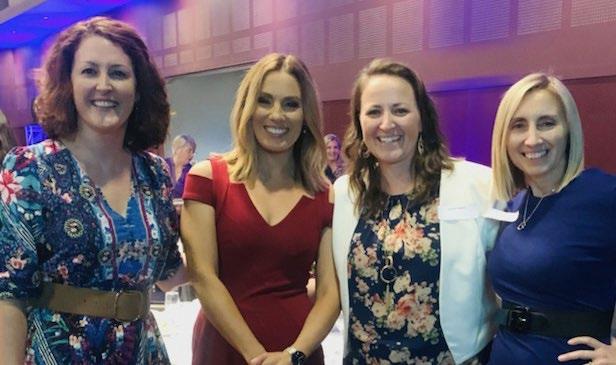
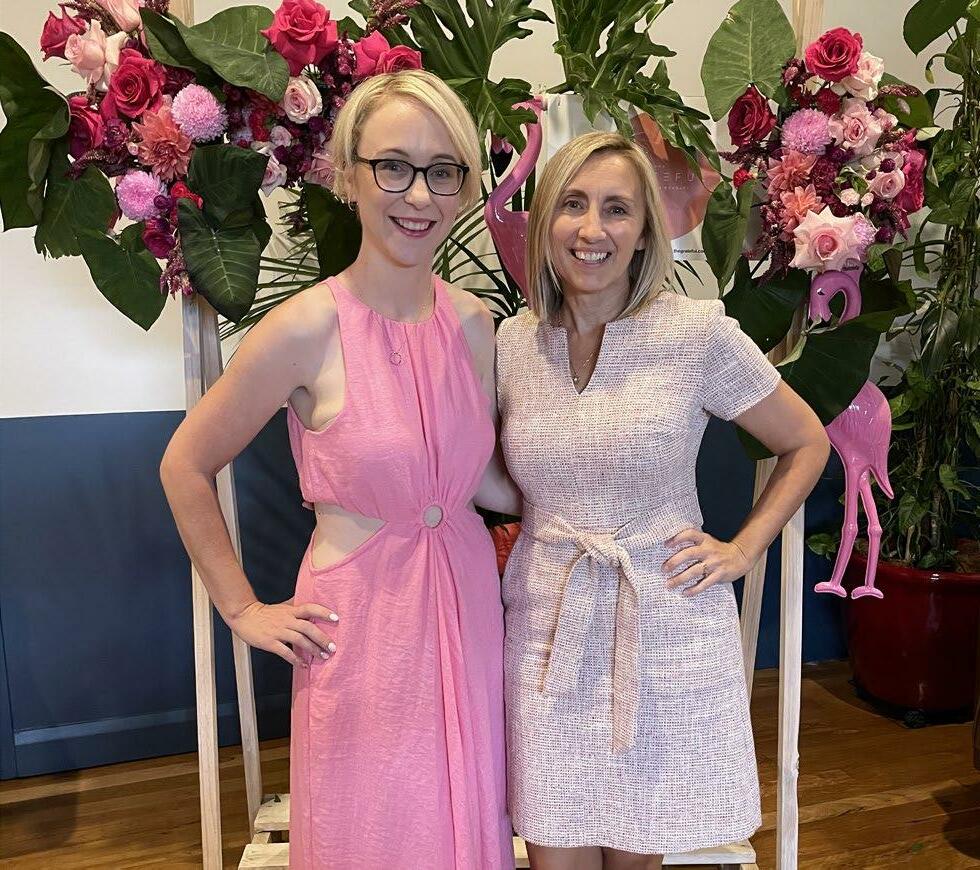

• Join a local networking group – you may find you connect with 1 or 2 people instantly and want to catch up for coffee
• Lean into LinkedIn – I have met some fabulous women by just connecting on LinkedIn, responding to their stories and striking up a conversation which has led to catch ups.
• Zoom away – I honestly am not that great with technology but since meeting other business women on LinkedIn, Zoom is now my favourite way to say hi!
• Door knock – although this might seem old-fashioned, if you have a service or product to sell, drop some brochures off to businesses that you would like referrals from and you never know – you may strike up a great conversation!
I have been a business owner for 11 years. My sister and I started the business together and, after a few years, it made sense to split the business into two independent entities. So I ended up working for myself and by myself.
I have never had any staff, other than my wonderful VA, and therein lies the challenge. Working for yourself can be lonely. Not to mention in a maledominated industry in a regional area. Who can you bounce ideas off? If you are having a bad day, who can prop you up and give you encouragement?
Connecting with other women in business has been an essential lifeline. I first connected with a small group of fellow entrepreneurs at some networking events and now we meet every couple of months to chat generally about our businesses, about marketing, how to juggle it all, and generally to just let off steam.

Discussing ideas and celebrating wins as well as sharing the struggles helps you feel less alone as a business owner. And the cherry on top? This group of wonderful people are also now friends!
Recently I further enriched my network by joining a well-regarded mentor program where I've met fellow entrepreneurs located all around Australia. This has enabled me to connect with women at all different stages of business and obtain invaluable advice. It's also great to be able to chat to others about topics outside of business, whether that be health, family or anything else!
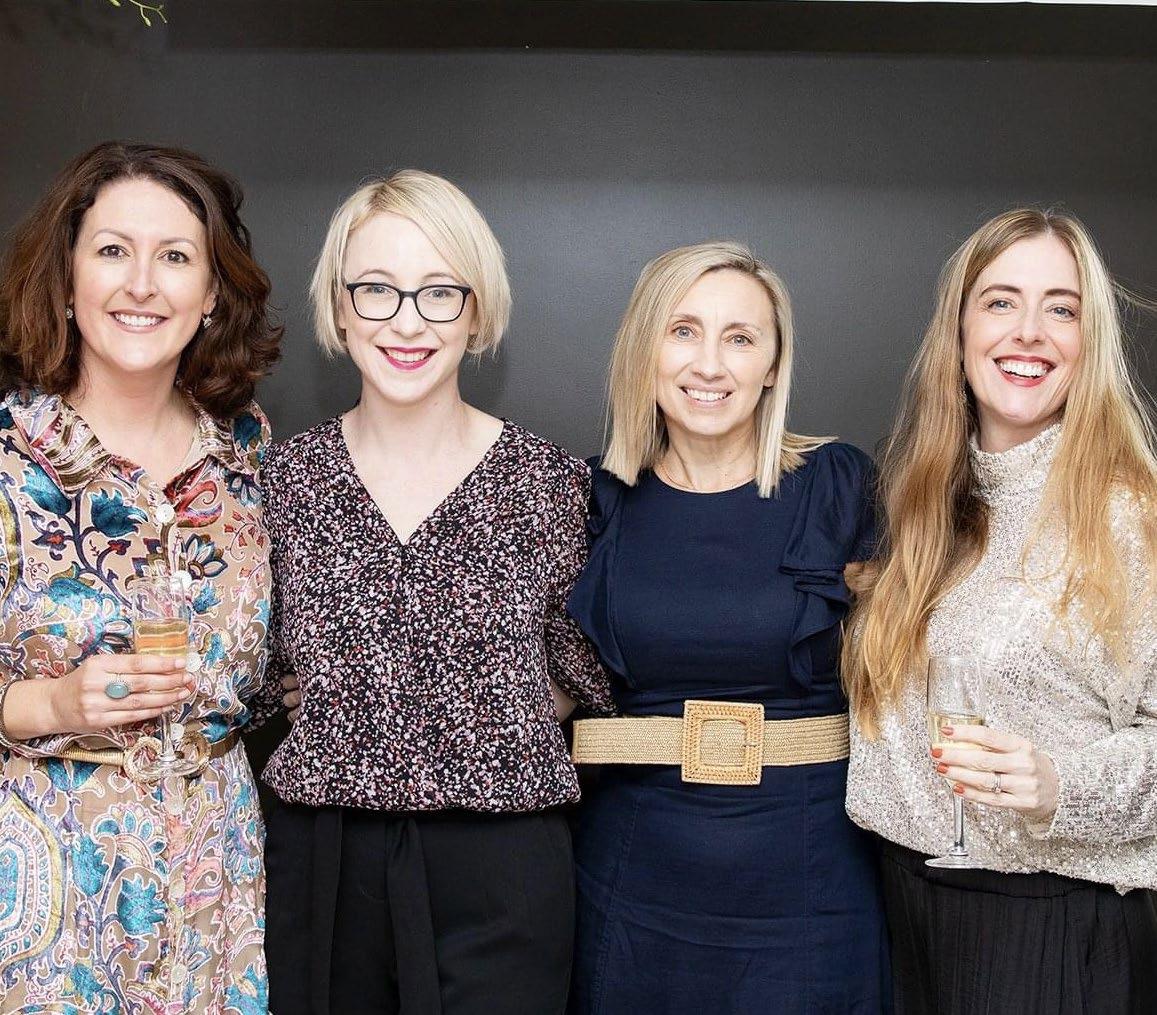
Connecting with others is vital for our mental health. It can help keep our spirits up and reminds us we are not alone. We cope with a lot of pressure on a daily basis from – kids and housework to financial concerns or keeping fit and healthy.
Let's not attempt to cope alone when we are working for ourselves. Get out there and make a new connection today!
Author: Kerri-Ann Hooper is the founder of Carnelian Projects - servicing Newcastle, the Hunter Valley, Lake Macquarie and the Central Coast. With over 30 years' experience in the property, sales and customer service industries, Kerri-Ann is passionate about helping people build - from first home owners with house and land packages, to investors or those who are ready for their forever home. Armed with a Real Estate Licence and a Certificate IV in Building & Construction Kerri-Ann guides people through the building process from start to finish and can also check your building tender with an honest and impartial eye.
Website: www.carnelianprojects.com.au
LinkedIn: www.linkedin.com/in/kerriannhoopercarnelianprojects
Facebook: www.facebook.com/CarnelianProjects
Instagram: www.instagram.com/carnelianprojects
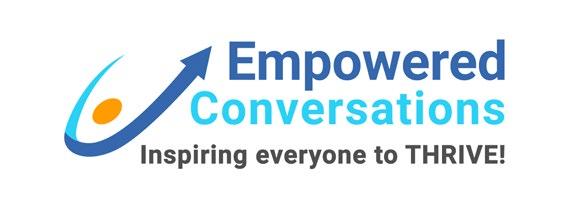
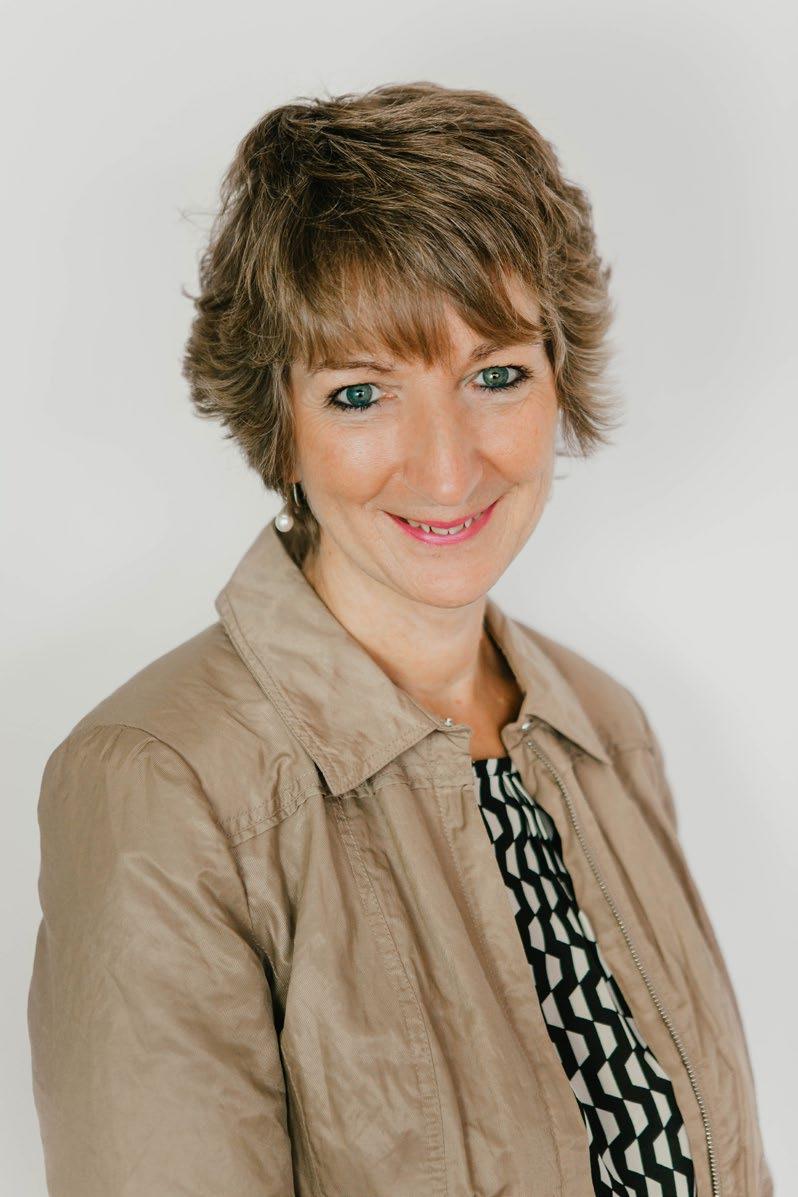
If you are serious about having a successful business, you will need to get serious about questions! Keeping ourselves on track, creative, resilient and motivated are essential to running a successful business. But how do we do these things? In particular, if we are in remote or rural areas it can be challenging to connect with other people who may be able to help us.
I have been running my own business for 20 years and have been researching ways to help me to help myself and my business to keep on track. One of the best answers I have come up with is to get better at asking myself questions!
Let me elaborate.
I can honestly say that until 20 years ago my view was that questions were simply sentences with a question mark at the end of them – no big deal! Now you cannot shut me up from talking about questions. But why is that the case, I hear you ask? Let's start by sharing some interesting research that few people are aware of. We all have something like 60,000 thoughts every single day and typically will have about 95% of the same thoughts again tomorrow as what we had today..
How boring!
It is clear that we have lots of routines and habits that ensure our thinking becomes habitual and routine and, let's face it, many of us procrastinate and don't deal with issues, meaning we repeat the same thoughts again and again.
Now if you are happy for you and your business to stay on the repeat cycle, this fact may not bother you. However, if you are serious about developing yourself and creating a successful business, you will want to do something about this habitual thinking, particularly when we appreciate some wise words from the Buddha about our thinking:
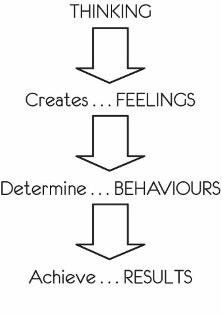
While I love philosophy, and recognise how profound this quote is, let's also consider the quote in the form of a model:
"You
Quite simply the model is telling us what the Buddha has told us for thousands of years
YOUR THINKING IS REALLY IMPORTANT! In fact, we can see that our thinking is creating our results and our business success will be determined by the thoughts that we are having. So having an awareness of our thinking and changing it for the better, has to be paramount to our success.
I mentioned previously that my passion is questions, so let's check in to understand the most profound thing about a question. When I ask you a question, what does it enable you to do?
How amazing is that! A question enables new thought and we can see that when our thinking changes, things in our life and business can dramatically change too.
A question is actually a gift! I'm sure you've never thought of a question as a gift before but let's acknowledge that ordinarily we don't get many new thoughts and a new thought has the potential to powerfully, positively and profoundly change your life and business.
As a simple example I recall a time when I was struggling to feel good about my business as I had received lots of knock backs and felt demotivated. It would have been easy for me to give up on doing certain things, but I asked myself a better question:
"What do I need to do to feel more motivated and persist with my idea?"
As a result of me asking myself that question I remembered the reason I started the business in the first place and the positive outcomes I was hoping to achieve, and suddenly I felt much better and determined to succeed! The question turned the situation around and needless to say I use questions regularly to challenge myself to enable my business to continue to be successful.
There are a few 'golden rules' to be aware of when asking yourself questions. The first is to be mindful of asking yourself what I call a 'better question'. This means that it is an open-ended question that directs you to think of a solution rather than keep you stuck. For example, "Why can't I?" will loop you into excuses whereas "How can I?" will lead you towards a solution. Generally, I find that questions starting with "what" and "how" will give you the best results.
The next thing to be aware of is bringing an open mind to the dialogue you will have with yourself.
Going back to the example I used before, I could easily have responded to the question asked of myself by saying that there was no point in trying again because of the knock backs I'd received. However, I kept an open mind and was prepared to challenge my assumptions and in the process I was able to have a completely new and much more positive set of thoughts.
Perhaps it will be useful to remind you of one of my favourite quotes at this point: "Your mind is like a parachute – it only works when it is open." Anon.
With this in mind, I invite you to read one of my short blogs on 'failure' that you may find useful.
The last tip that I will share with you in this article is to allow time for answers to formulate to the question you just asked yourself. Sometimes answers will be instantaneous, which is great, but if you ask yourself a thought-provoking question, it can often take a while for the answer to become apparent. So, it is essential to bring patience to your practice of self-questioning in the knowledge that your mind will answer most questions, if you can wait for the answer to come. As a final gift to you, and to help get you started, I have listed below some great questions that you can ask yourself to enable you to create a more successful business – ENJOY!
1) What can I do to enable my business to be more successful?
2) What do I need to change about myself to ensure that I get the results that I want?
3) What will I do to manage any challenges I have more effectively?
I hope by now that you are starting to share my excitement and passion for questions. Asking yourself Better Questions to challenge your thinking and create new thoughts is undoubtedly one of the most simple, yet profound ways to your personal and business success. Happy questioning!
Lindsay is a business owner, author and trainer who is passionate about teaching people to use Better Questions to empower themselves and others. She is based in beautiful Beechworth, Victoria and her business, Empowered Conversations, provides workshops, (including face to face, virtually and online) as well as inspiring books and resources. www.empoweredconversations.com.au
How's your self-care going? You know, the care of your body, mind and soul.
We book our cars and equipment in for a service when it's due, we book our accountant for a check up of our books and finances, we paint the house when it needs it, but what are you doing about looking after yourself?
All too often, rural people neglect the thing that matters the most – their health and wellbeing. We put things off, delay, procrastinate or at times, do nothing at all.
Your health is fundamental to your wellbeing and our lack of attention to this part of our lives often doesn't get the attention it deserves until something goes wrong.
As rural living people, there is often a lack of easy access to services in our area – we may need to travel long distances to access the help we need or want. Oftentimes, other things in our lives are a priority and the self-care aspects often get pushed way down the list of things that need to be done.
But it doesn't have to be that way. There are many ways we can practice self-care in our own homes or businesses.
• Start your day with a few stretches – from your scalp to your toes – it will only take around 15 minutes to get a good stretch of the whole body.
• A 15 minute walk to get the blood moving can do wonders – we can do this around the house if necessary or if the weather is inclement.
• Eating a good breakfast gives us a great energy boost to begin our day. Haven't got time to sit and eat? Make a smoothie from fresh or frozen fruit and some milk/yoghurt.
• Don't sleep well? Try not to watch anything on TV before bed that is confronting, violent or triggering to you – turn it off a bit before you retire and just let the day wash over you. If you can let it go, your sleep will be more restful. When you hit the hay, relax your body by slowly working your way from your head to your toes, relaxing each part in turn.
• Leave that device alone until you have done the physical stuff suggested above – unless there is an emergency, most things can wait for half an hour.
• If you must watch the TV news, limit your time spent – most news can be caught up on in about 15 minutes, after that it is mostly repeated.
• If you can, take your cuppa outside and say good morning to the day. Breathe in the fresh air that we are fortunate enough to be surrounded by in our rural settings.
• Need more assistance? There are many services – counselling, healing, exercising, meditating – that can be accessed online. Many services, including my own, offer sessions via zoom if you can't make it in person. Also, ask about discounts – you just never know.
• Do you have time to sit for 5 or 10 minutes each day and just breathe? Taking 3 – 5 deep breaths – slowly in and slowly out – can assist you to feel wonderful. This has two benefits: it fills you with oxygen which helps release feel good hormones and it makes you stop for a few minutes (this is also a great thing to do if you find yourself in a conflict situation – helps you to slow it all down and stop from blowing up!)
• Take 15 minutes to sit with nature – when we stop and look at the amazing beauty that surrounds us, it fills our cup. Study a tree, check out a flower, watch the birds or the water if you are fortunate enough to have water close – Mother Earth is full of wonder and magnificence, if we only stop for a bit and really look.
Make your self-care a priority in your life – by looking after yourself first, you are more able to look after others. It is not a selfish thing to take care of your body, mind and soul – you are worth the effort. It doesn't have to take hours – a few minutes a day can make a big difference.
Chelle is a Life Alignment Coach, Holistic Counsellor, Reiki Master, Accredited PuP Therapist and Intuitive Guide. With over a decade of experience in the energy healing field, delving into the mind, body and soul connection, using crystals and essential oils, life alignment coaching and expressive writing, Chelle has the unique ability to see the light in others and assist them to heal past wounds and trauma, align with their untapped potential and become their best.
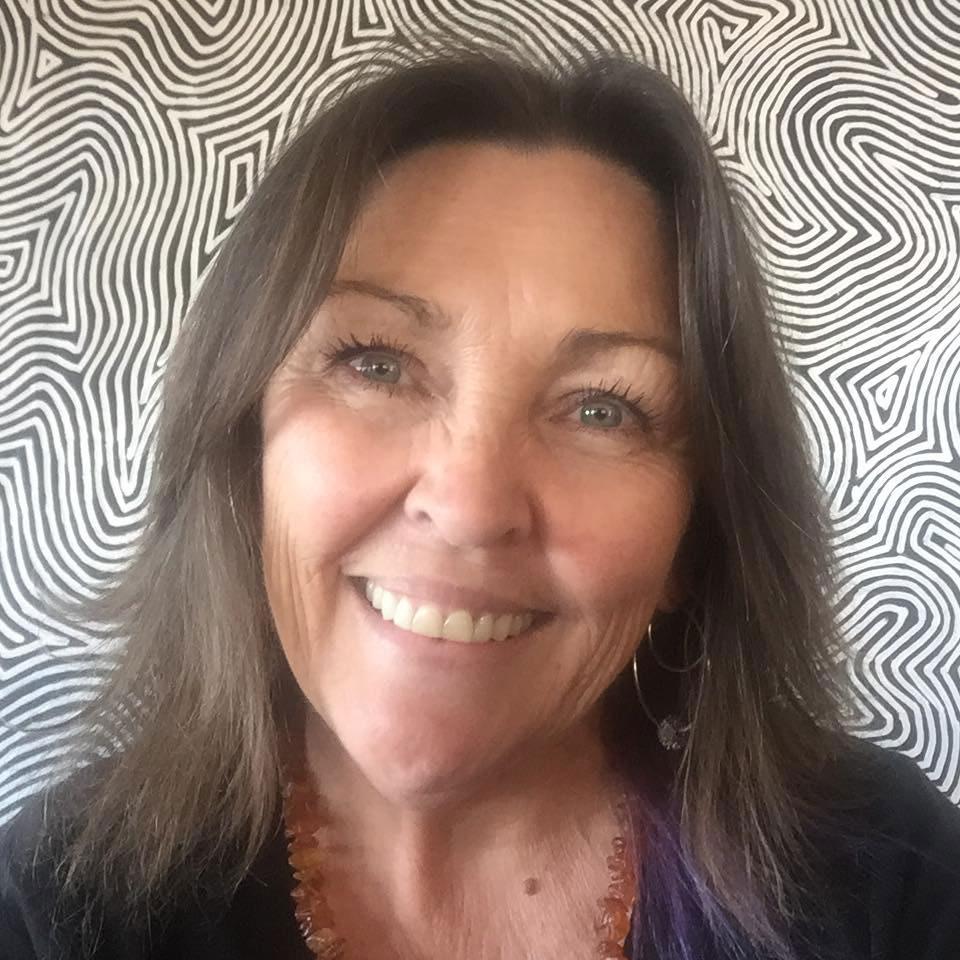
"As a wife, mother and now grandmother, I have walked the path of conditioning, selfdoubt and self- sabotage and understand the challenges and limitations this can manifest in your life.
Through my own journey and growth, I have developed a holistically based and unique combination of healing and releasing techniques to guide you to recognise and reframe your thinking to overcome limiting behaviours and remove blockages that keep you stuck. My deepest passion is assisting all people to reconnect to their authentic power and realise their true worth and deep inner strengths, encouraging them to live a life of calm, courage, confidence, peace and joy." • LIFE ALIGNMENT COACHING • REIKI ENERGY HEALING • HOLISTIC COUNSELLING AND HEALING • ACCESS BARS THERAPY • PUP THERAPY (Parents under Pressure) • INTUITIVE GUIDANCE
Sessions available face to face or online via zoom. Contact details below: (w) www.chellefisher.com.au (e) chelle@chellefisher.com.au (m) 0408 942 781









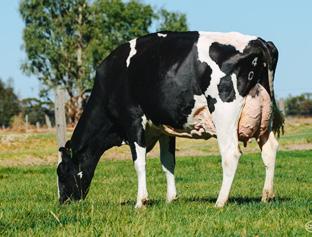










































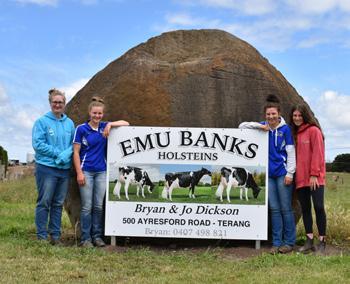
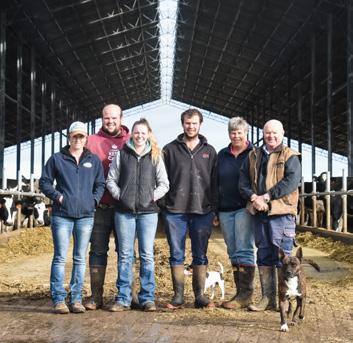
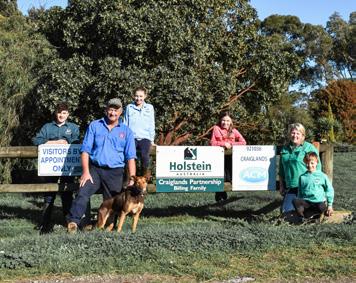
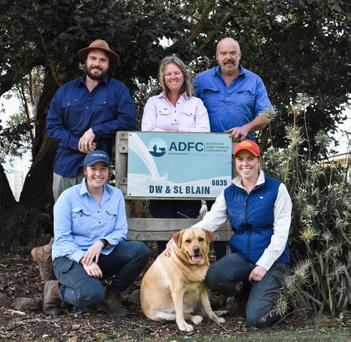

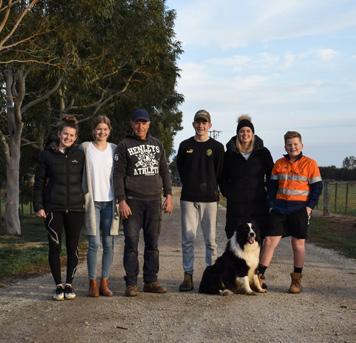
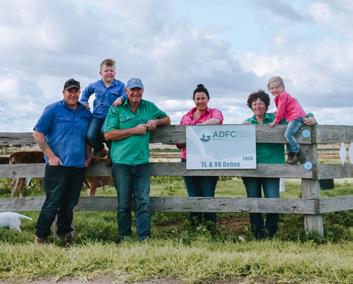
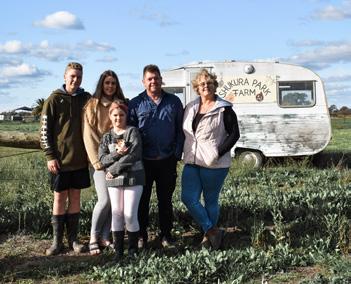
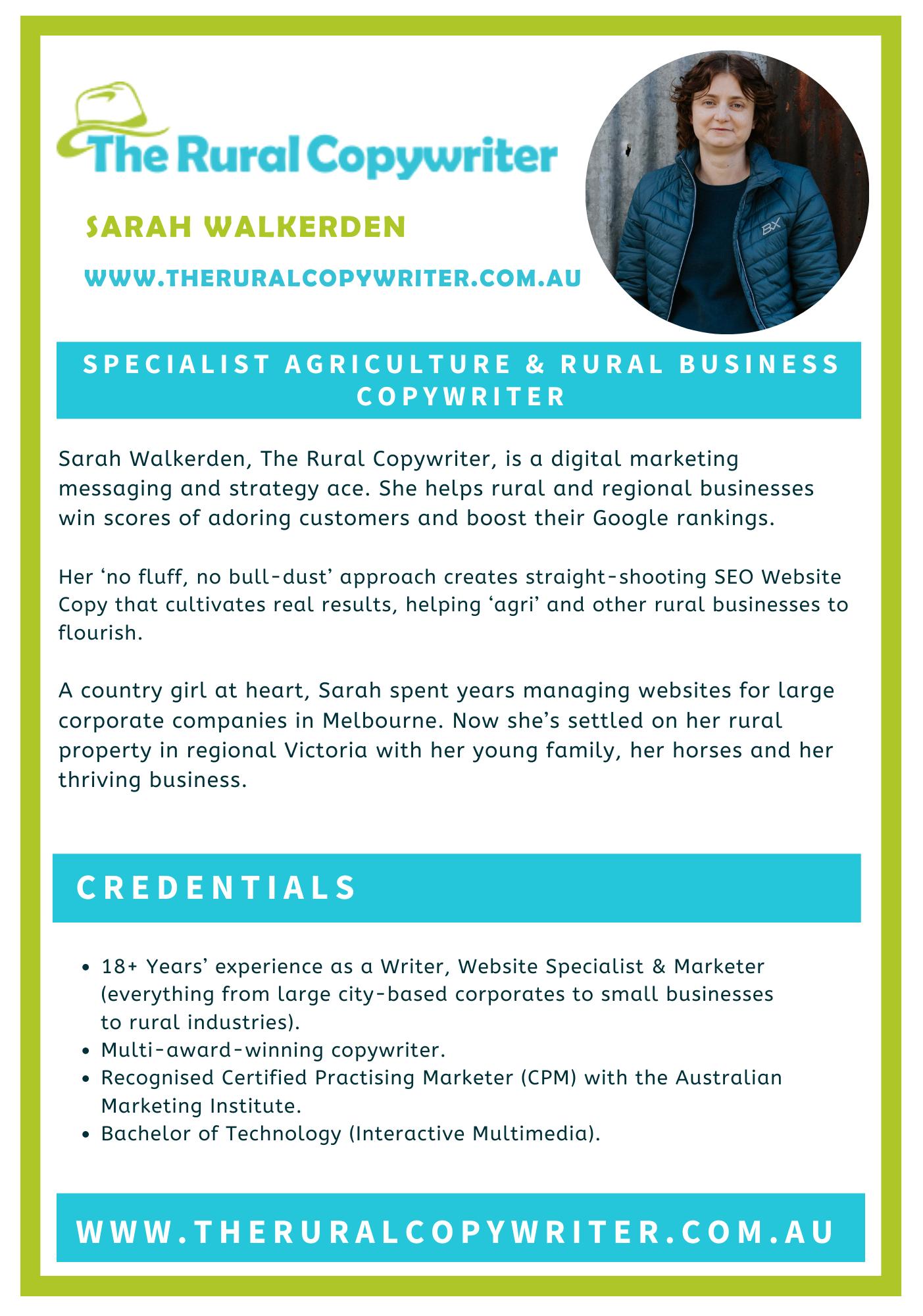
Before I get started, let me set the picture for you. I am sitting in Car A of the eastbound Indian Pacific train, about five hours out of Perth, a very pleasant glass of Shiraz poured and laptop facing the window. It doesn't get much more rural or remote than this.
When you travel these parts of Australia, it really does underline the vast distances that many of your clients travel to provide their goods and services to their customers.
Long distances in their cars with dodgy radio reception, crackling between the greatest hits of the 1970's and stock prices at the local saleyards.
And even without the extremes of distance and crackly radio reception, how many of your clients – and potential clients – spend time on a treadmill or bike every morning, getting ready for the day ahead?
Many business operators, entertainers, so-called and often self-proclaimed business gurus and thousands – probably millions – of other people have seen these scenarios as being an opportunity to get their message to the masses via podcasting. And it seems that during the COVID-19 lockdown, everyone became a podcaster, flooding the market with podcasts that ranged from quite outstanding to rather forgettable.
Is podcasting something you've thought about for your business? If so, read on. If not, it might still be worth reading.

While many people still enjoy reading the written word (we are both doing that now, aren't we), there has been an exponential growth in people choosing podcasts as their primary form of information gathering. And I think there are some good reasons for that.
Firstly, which would you rather do – read what someone says OR hear them saying it themselves? How often do you misinterpret an email or a text message because you are reading the words without hearing the vocal inflections and emphases that a voice can provide?
Secondly, if you receive as many emails as I do every day, you are probably not all that enthusiastic about receiving more reading material.
Thirdly, when you are exercising or driving along in the car, reading is impossible. Listening to a podcast episode is very achievable and may make the exercise session or trip go more quickly. If you are travelling in regional or rural Australia, the crackly radio is as annoying as it is useless –podcasts eliminate that by allowing you to download the content before you leave and providing crystal clear audio.
Finally, podcasting seems to be the "action attraction". When I tell people I host podcasts, they usually want to know where they can listen to it and usually promise to. If I tell them I have a newsletter for them to read, that enthusiasm often dissipates.
Don't get me wrong – there will always be a need for written content, but don't discount the value of audio content as part of your marketing strategy.
One of the great things about podcasting is the relatively low cost of entry. In reality, you can record your first episode on a mobile device or, if you are interviewing a guest, on a Zoom call, upload the audio to a podcast hosting platform and off you go. Obviously, the more you spend on equipment, typically, the better the quality of the podcast content, so bear that in mind.
It became evident during the COVID-19 lockdown period, that many, many people decided they would try to record a podcast.
I'd love to know the statistics on how many podcast series went beyond two episodes during that time, though.
Many podcasts sound like a good idea at the time but then a combination of other priorities, poor responses from listeners, small numbers of downloads, etc result in many being aborted within the first couple of weeks.
But podcasts are like any other product or service:
• Things will start slowly with any uptake generally happening over a period of time.
• If you want your podcast to stand out from the crowd, there needs to be a point of difference – why should I listen to your podcast instead of the thousands of others I could choose from?
• If no one knows about your podcast, then no one will know about your podcast! You'd never launch a product or service without some sort of marketing strategy – a podcast is no different
• You need a podcast strategy. I have spoken to many aspiring podcasters who, when asked what they were trying to achieve, have little or no idea beyond wanting to launch a podcast. So let's delve a little deeper.
I suggest you start with two really simple questions:
• What are you trying to achieve?
• Who is your likely audience?
If you can't answer those two questions, bail out now. Even if you need to stop and think about the questions, you might do well to choose another activity.
There are no right answers, by the way, but a couple of answers to the first question might be:
• To promote my brand
• To develop credibility as a thought leader within my industry sector
For the second question, are you trying to attract new customers, provide information to existing customers, inform people in your immediate area or people across Australia, etc?
The answers to these two really basic questions will inform the content and style that you employ in your podcast episodes and the way in which you will market or promote it.
As an example, I host a podcast series called The Regional 250 where I interview people who live in regional Australia, one per local government area (by the way, I am always keen to hear from potential guests at www.theregional250.com.au/ register).
The answer to the first question is in two parts – (a) I want to promote regional Australia by highlighting up to 250 different local government areas across the country and (b) I want to provide a platform for people to tell their story about their life in regional Australia.
The answer to the second question is also in two parts – (a) people who live in regional Australia who want to know more about other regions and (b) people who live in capital cities and their suburbs who are considering visiting or living in regional Australia.
The other thing to consider is the structure of the podcast series. In my mind, each episode should be of a similar length and of a similar structure. For The Regional 250, each episode is between 25 and 30 minutes in duration and follows the same structure – the first half is a conversation about the town and/ or region, based on a consistent set of Fast Facts questions and the second half is all about the guest's story.
With these clear statements of strategic intent and structure, my direction is set and so far, The Regional 250 has been really well received. If you want to check out an episode or two, please visit www.r250.com.au
You don't have to be!
Sure, you might need to be able to use one of the basic audio editing systems like Audacity or Adobe Audition to add a music theme or remove an indelicate comment, but once you have created the audio file, all you need to do is upload it to your preferred podcast hosting platform and they will, typically, do the rest for you (e.g. distribution to the podcast stores, etc).
If you want to invest in some equipment, the first thing to buy would be a good microphone. The entry point is a USB microphone – this plugs straight into your computer and allows you to record
directly onto your hard drive. This makes your editing easier but more importantly, provides better quality audio than your phone headset or computer microphone will allow. You can expect to pay $200 - $250 for a good USB microphone with several others at price points above and below.
If you want to go further than that you can, but I would recommend two things:
1. Create a couple of episodes using your existing equipment to see how you go. You don't want to spend a heap of money on equipment that ends up in the cupboard because you decide podcasting isn't for you.
2. When you do go to purchase, chat to other podcasters and see what they use and then visit your local audio store or web site. If you haven't done the research, you may well end up buying something unsuitable for your needs.
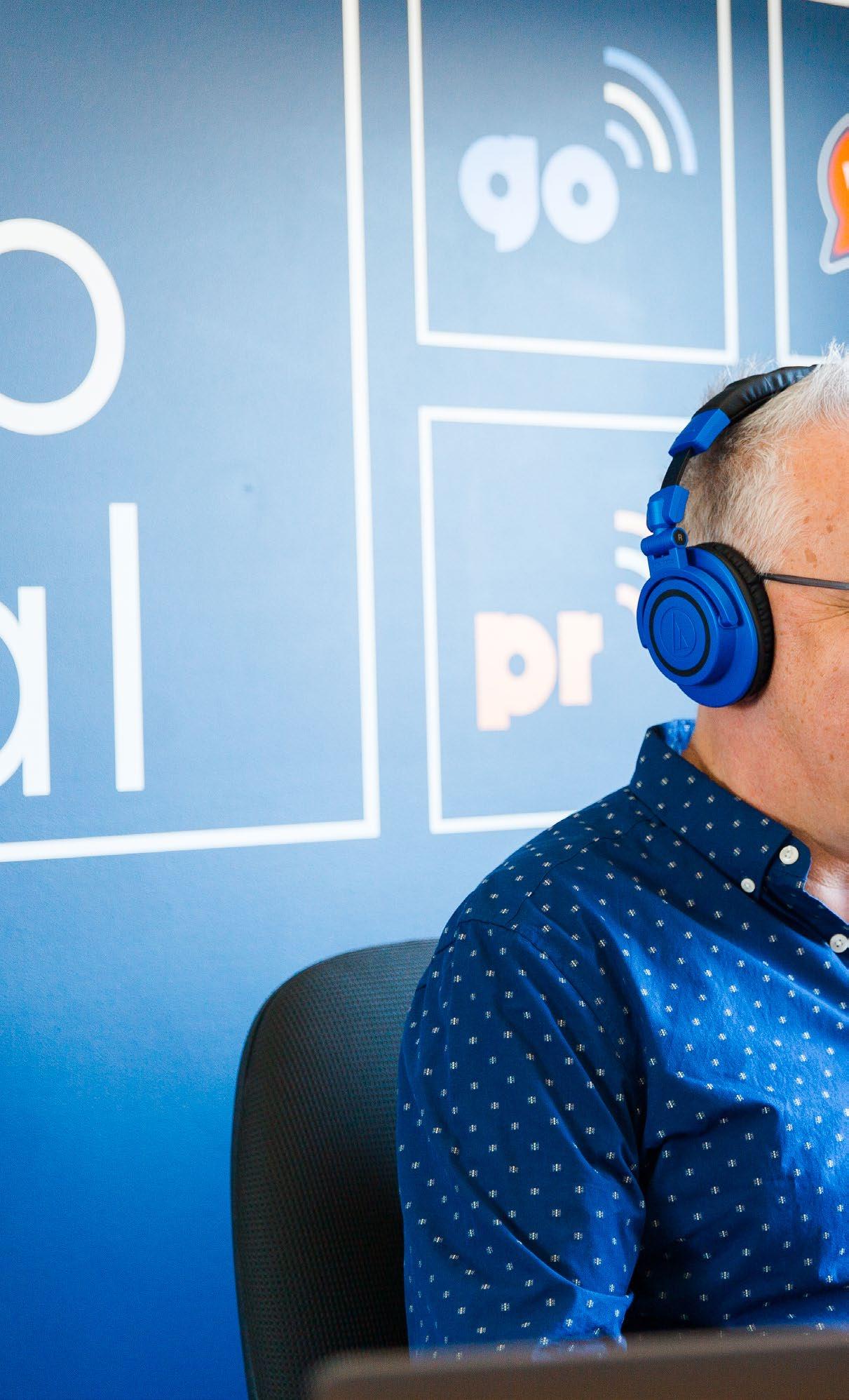
Just like web hosting services, there are a plethora of podcast hosting platforms. Some offer a free service for a limited number of episodes, but you can typically expect to pay for a hosting service. How much you pay depends on how many episodes you want to make and distribute, whether you want them to manage the distribution to the online stores, whether you want a web page or the ability to embed episodes on your own website, etc.
Again, my recommendation would be to chat to another podcaster and see which service they use. There is no right or wrong answer – just an answer that meets your requirements.
While you are still finding your way, you might do well to stick with one of the free services. You can always choose a different provider once you have established yourself as a podcaster.
Creating your podcast is a little bit like creating your own website – you need at least a basic understanding of the technology and creation process.
If you are completely bamboozled by what I have written about the steps involved, you have the option of outsourcing your podcast production. I have created a service via my Podversations brand where all you need to do is line up the guests and the topics and I do the rest – interview them, record the conversations, edit the audio and upload the content to a podcast hosting service. Doing this gives you the best of both worlds –your business gets all the advantages of having a podcast without the hassle of doing it yourself.
Currently, I am hosting and producing podcasts (or "podversations" as I like to call them) about Regional Leadership, Irrigation, Wine and Community Storytelling. Each of these organisations were in a situation where they saw value in having a podcast for education and/or marketing purposes but realised that they didn't have the skill set or inclination to do it themselves.
If you would like to know more about our Podversations service or even just kick around your podcast ideas, please contact me via email at hello@podversations.au or by phone on (03) 5280 8044.
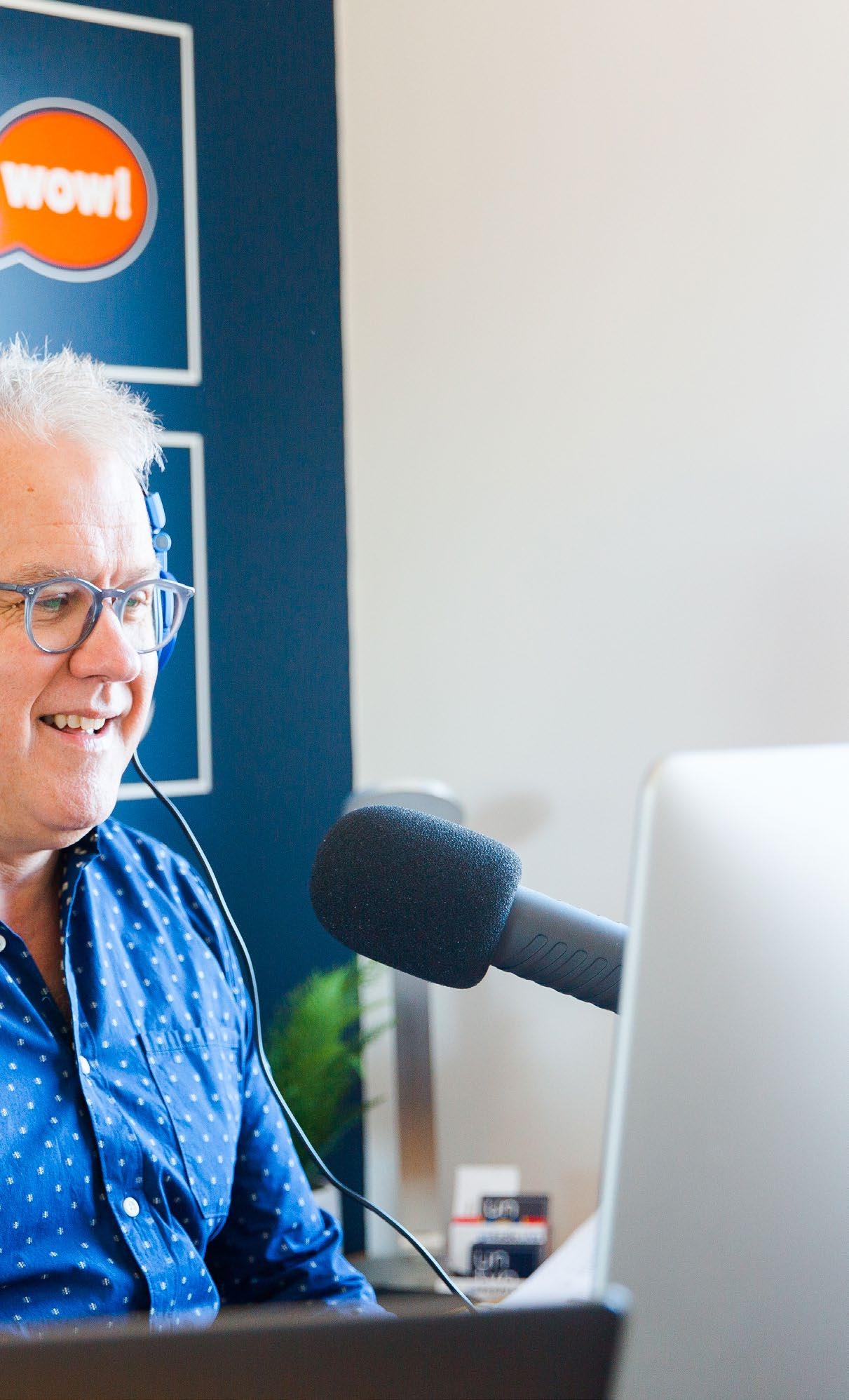
As I said earlier, podcasting seems to be the action attraction for many businesses of all shapes and sizes. Maybe it's right for yours too.
There is no right or wrong answer – just an answer
Author:
Neil Butler has been broadcasting since 2007 and started his podcasting adventure in 2015. He is the founder of Podversations, a small business based in Geelong, Victoria. He has produced several podversation series including The Regional 250, amounting to more than 400 episodes in total. He also co-hosts The 2 Blokes Chatting Radio Show every Saturday morning on 94.7 The Pulse in Geelong.
Hi, my name is Amy Milford, and I am the Owner and Founder of Darwin Family Life, which I established 5 years ago.
I started Darwin Family Life to create a better work life balance while raising my young family (and escaping working for a difficult boss at the time). I have four kids aged 11, twin boys 9 and my youngest is 6, and my fifth baby is my business!
Darwin Family Life is a big online community (over 16,000 parents, across my various platforms) and a resource for Darwin parents or those considering to move here. I also realised there was a missing hub of information for families in Darwin, especially the transient Defence force up here.
One aspect of my website is my directory, where I help advertise and promote small businesses that are family orientated to my audience of parents.
I would love to expand my directory and feature more businesses that have products or services for babies, kids, mums or families as a whole on there. If you have a business that is family
orientated with products or services online –I would love to hear from you!
This year, I have completed some studies with the Women's Business School and one of the units was on PR and the importance of entering awards. As a small regional business located in Darwin, Northern Territory, the impact of entering awards this year has certainly taken my business to the next level.
One of the awards I entered was the AusMumprenuer award. These awards celebrate and acknowledge the outstanding achievements of Australian mums in small business.
I entered the People's Choice – Making a Difference in the Local Community category. This meant the people of Darwin and beyond needed to vote for me.
It was super special to me to bring home the Bronze award for this category, as it reinforced that the community valued my business. They acknowledged that I make a difference in the community.
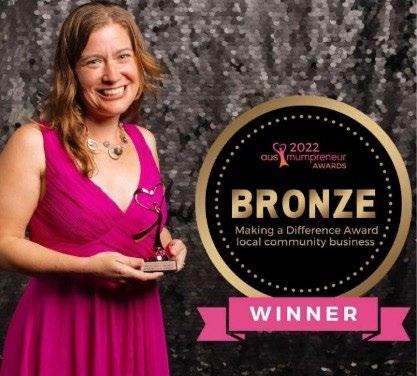
Find Darwin Family Life: darwinfamilylife.com.au
Follow us on Facebook: facebook.com/darwinfamilylife
Follow us on Instagram: instagram.com/darwinfamilylife
Get in touch: info@darwinfamilylife.com.au
Being the only NT Mum in business at this national award ceremony, I knew it was a great story for the media. From my PR study knowledge and support from those with experience, I put together my media release and contacted the various local media outlets, both radio and newspapers.
Just like I anticipated, the media jumped on my story and there was a flurry of newspaper articles and radio interviews. Being a regional small business definitely played to my advantage here. Local media love local stories.
If you are a small regional or rural business, I highly recommend you enter an award. Even being a finalist or nominee in an award can still elevate your business. You can utilise the logos and showcase your efforts on your website and other areas. It still gives you confidence, recognition and acknowledgement from a third party.
Imagine if you were buying a new item, for example a kid's toy. One toy had a gold star sticker "winner of best kids toy", the other toy had no sticker, just plain packaging. You would subconsciously pick the gold star one and think it was superior.
I realised that entering awards actually was giving my business and my efforts acknowledgement from a third party and it has given me further authority and more trust in the community. It was giving my business credit and acknowledgement for the years of hard work I have done.
This year alone I have entered the AusMumprenuer Awards, The Australian Small Business Champions, The Australian Women's Small Business Champions and Roar Success Awards. Enter as many as you can manage, that are relevant to you and your business.
If you need any assistance with entering an award, there are several experts who specialise in putting the applications together on your behalf.
I love connecting with others in the community, so feel free to connect and follow along on socials or Join Our Email Newsletter - Darwin Family Life 2022 has been my year to thrive and not just survive! Now it's time to set some goals for 2023! Is entering an award on your goal list for 2023? I think it should be.
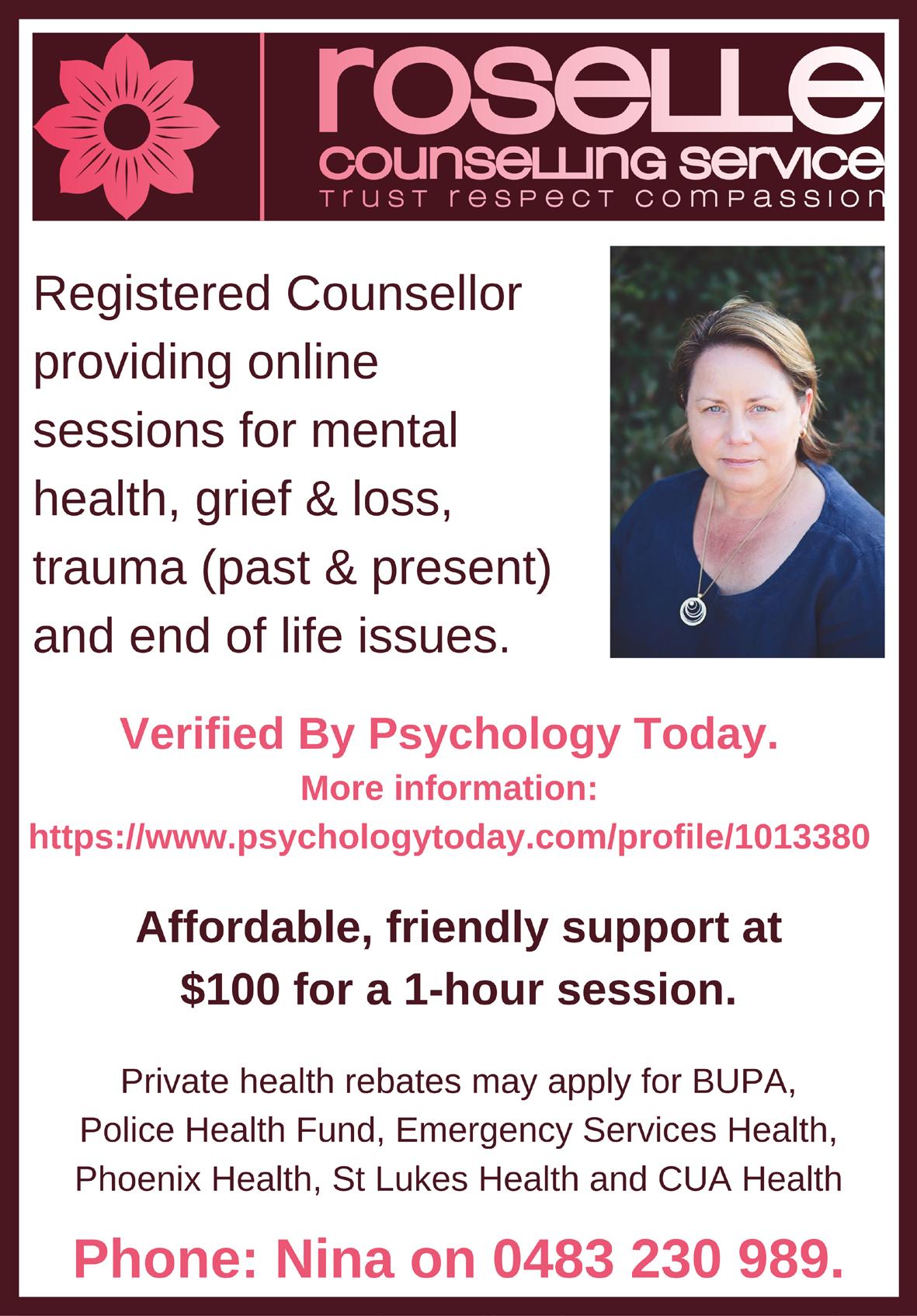
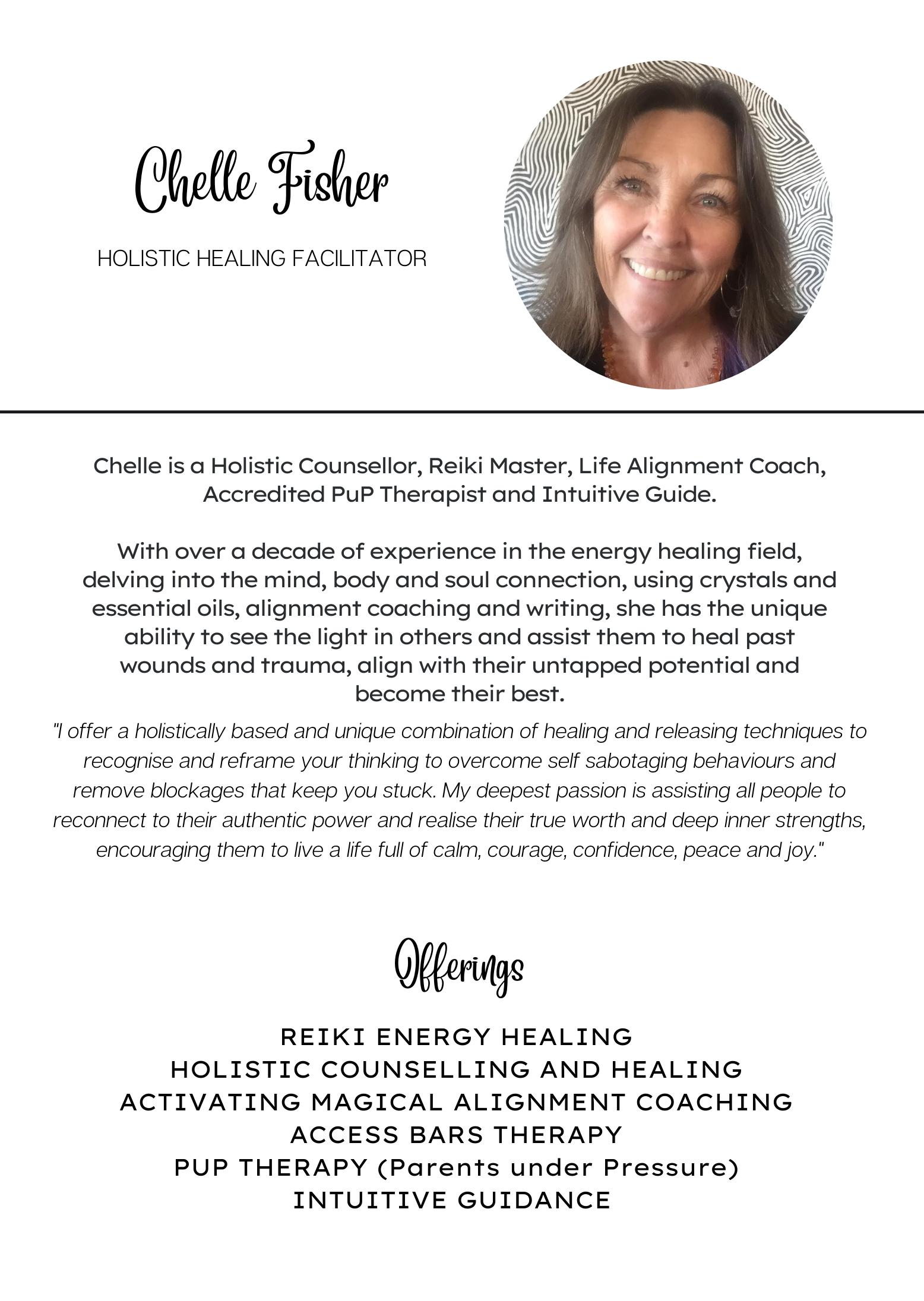

Hiring a copywriter to write copy or content is a significant investment of money and time. You want to get it right.
If you're outsourcing content for the first time, you might wonder what's involved and what's expected of you.
To get the most out of your copywriting project, you need to do some work and share your ideas
with your copywriter. We may be clever with words, but we're not mind readers.
Getting new website copy, blogs or marketing content doesn't need to be complicated or stressful.
I've compiled some suggestions for you to use during your next copywriting project.
1. Be clear on what you want written and why you want it written.
Knowing what you want written is useful. But sometimes it's even more important to understand why you need something written. Are you launching a new product or service, changing your niche or building an email list? If you can tell your copywriter what you're trying to do, they can often suggest the best copy option.
2. Know how to explain what you do, why you do it and who you do it for. You need to explain what you do, why you do it and who you do it for. If you can't, it's going to be super hard for your copywriter to write copy that connects with your ideal customer. Don't stress if you struggle to write about your business. Most copywriters are happy to sit and talk it through with you. Imagine you're telling a friend about your business.
3. Share previous content and back ground documents.
The more information you can share about your business, the better. This might include articles, interviews or podcasts, and will help your copywriter understand you, your business and your customers better. Even if things have changed in your business, it will still be useful background information.
4. Share customer testimonials, case studies and interview information.
The words your customer uses to describe using your product or working with you are so valuable. If we describe the problem, you're solving it in the words your potential customer is likely to use, and therefore it's going to be easier to connect. Testimonials and reviews are great, but it's even better if you connect your customer and your copywriter. Many copywriters insist on chatting to a customer before they start a project. It's a great way to understand how customers view your business.
5. Allow the copy to guide your website design.
This isn't always possible, but if you can, hire a copywriter before you hire a web developer.
Most copywriters can provide advice on the best options for website architecture. If your copywriter and designer can work in tandem, you'll end up with a better result. There's nothing worse than trying to shoehorn copy into an existing site.
6. Set a realistic timeframe. Good copy doesn't happen overnight. You need to allow time to contribute and provide feedback on at least 2 rounds of revisions. If you need to consult with others, you'll need longer. As copywriters, we know that sometimes things pop up that are beyond our control. But if you miss agreed deadlines, your copywriter mightn't be available straight away. If you need the copy written by a certain date, tell your copywriter and stick to the deadline you set together.
7. Be open about what you can afford. You mightn't know what your copywriting project will cost, but I'm sure you know what you can afford. Sharing your budget with your copywriter at the start will help them design a suitable scope of work. If you have a limited budget, your copywriter might break the project into stages or provide a payment plan. Like many other copywriters, I provide some indicative rates on my website, and you can also check out this rates guide from Australia's largest copywriting membership.
8. Provide honest and timely feedback. Tell your copywriter what you think of the copy as early as possible. Most copywriters provide several rounds of revisions for free, but you need to make major changes early. Let your copywriter know if something isn't right and be specific. You won't hurt their feelings.
9. Provide one set of comments. Even if you're a solo operator, you want others to look at the copy. It's fine to show your mum, your partner or your dog, but remember, you're paying an expert for a reason. If several people comment on the copy, give your copywriter a consolidated set of comments or revisions to save them sifting through duplicate comments. Also, there's nothing worse than trying to adjudicate an in-house argument.
Communicate and ask questions if there's something that doesn't make sense. Find a copywriter you like talking to and build rapport. My most successful projects have been those where my client and I have built a good relationship from the beginning.
Like anything in business, a successful copywriting project that meets your goals takes time and effort. But if it increases sales, builds your profile and connects with new customers, it will certainly be worth it.

Angela Pickett is a Barossa based copywriter. She's the creator of powerful words and chief cheerleader for female founders and family-owned businesses in rural and regional Australia. Angela writes website content, sales pages, email sequences and blogs.
She's an active member of the local community as secretary for the Barossa Community Foundation and is on the committee of her sons' hockey club. When she's not on the sidelines at sport or managing their home renovation, Angela enjoys reading, cooking, CrossFit and trying new wines.
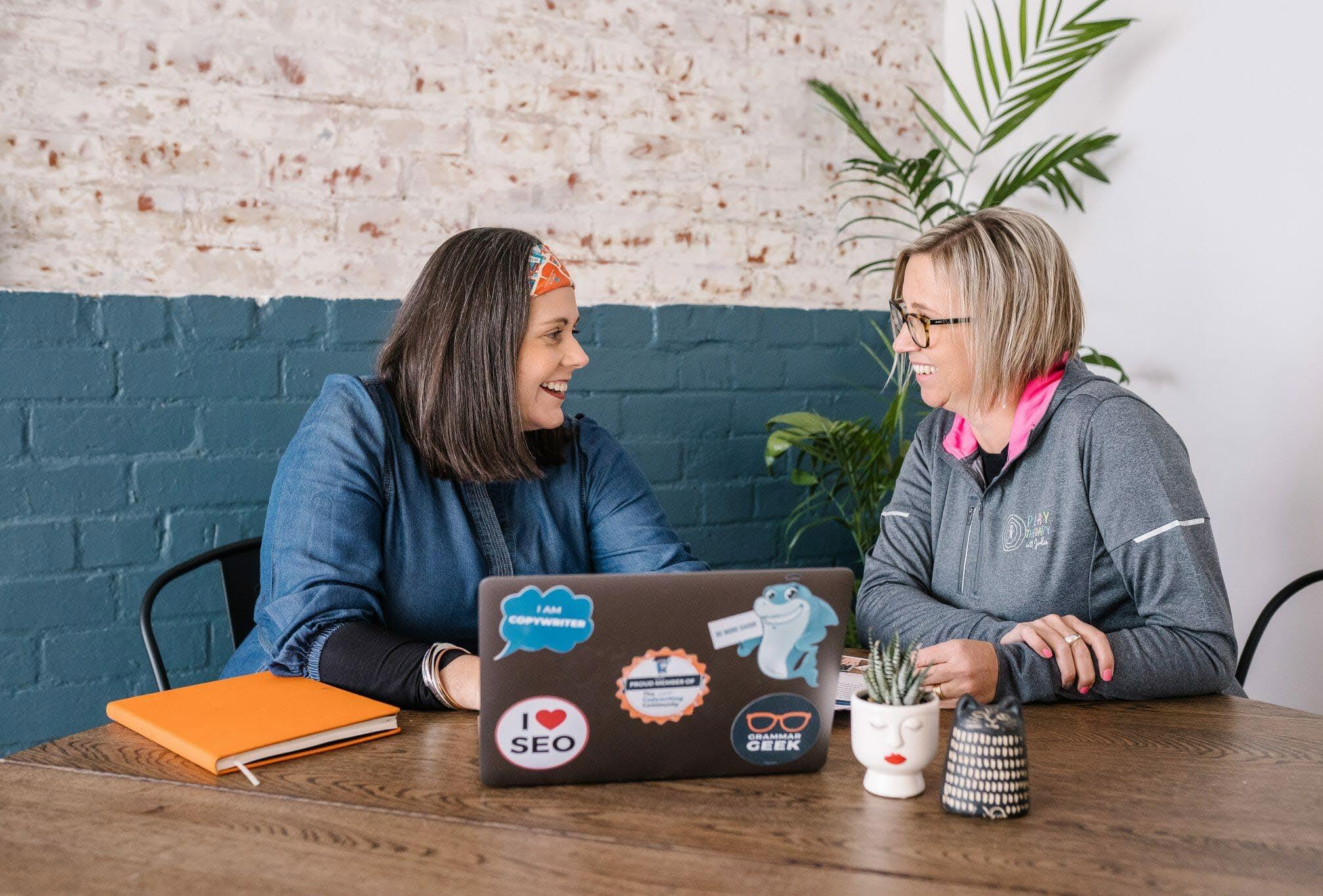
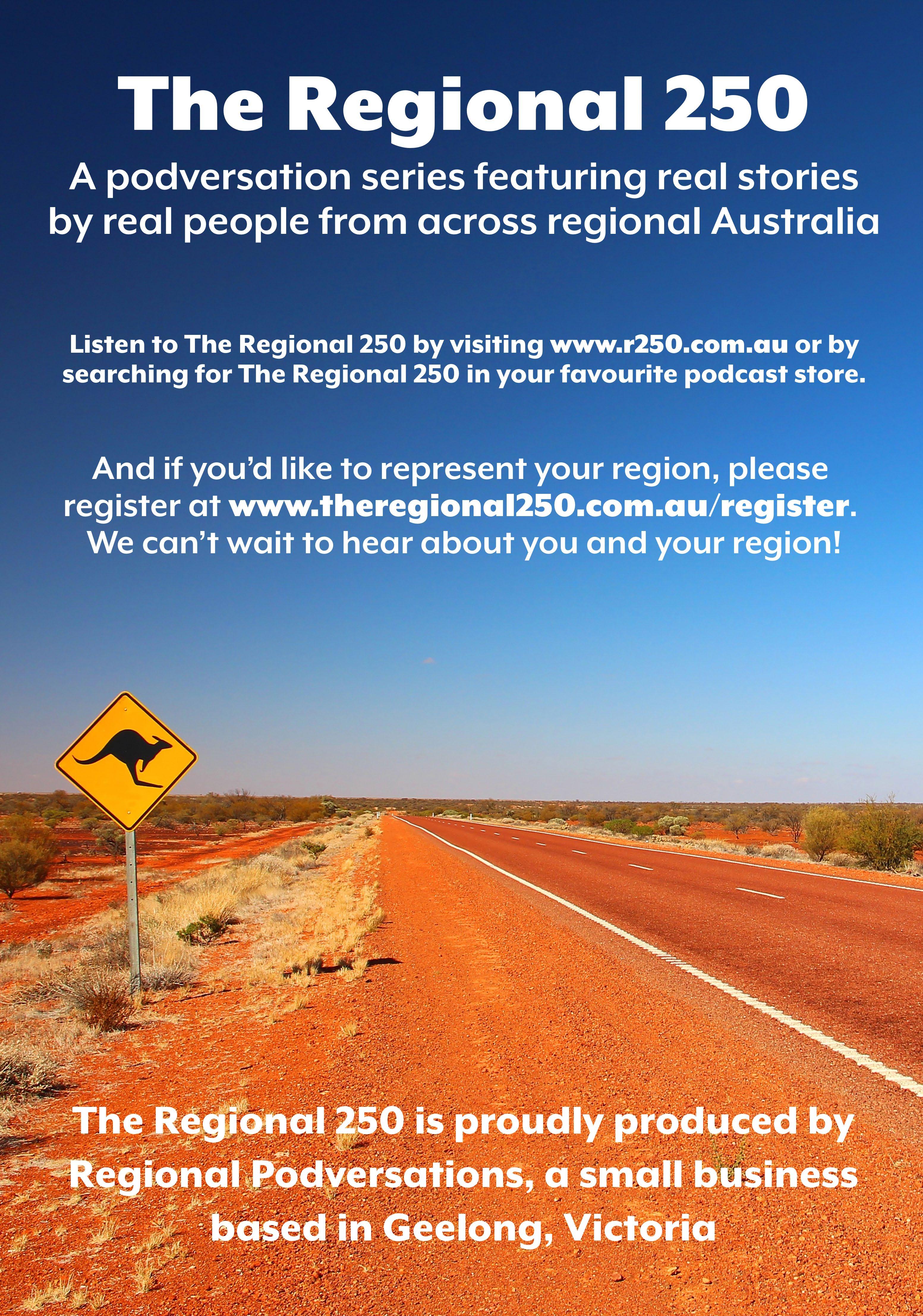
As we all should know, writing effective website content or copy is often the leading aspect that determines whether or not your website will actually convert and bring you in the sales and enquiries you need. Or, if you don't have the right copy, your website just won't work. However, even if you engage an awesome writer to write your copy for you in the beginning – this work is never 'set and forget' for too long.
There will be times when you will need to review, update or re-write that copy all over again.
Which might seem frustrating, but continual review and updates really are important to ensure your website stays relevant and engaging to your customers.
The fact of the matter is, that your business will change and evolve over time. Your products might change.
Your services and offerings might change. And nothing kills a great website – or a great business – more than out of date copy.
It makes you and your business look that little bit silly, hey?
But even more seriously, it can also lead to disgruntled customers or even legal ramifications if you promise something publicly that you can no longer deliver.
Chances are, you'll also need to keep updating and adjusting the keywords you target as part of your SEO strategy. Therefore, if your keywords change, so must
your copy. And sometimes, you'll need to start over from scratch to make sure you hit the right angles with both your keywords and your customers. To summarise, you should regularly update or re-write your website copy, to:
• Accurately reflect who you are and what you offer.
• Keep your customers happy and updated.
• Keep Google happy and boost your rankings.
I strongly recommend that you perform a thorough review of your website content or copywriting at least once every 6 months. The start of the new calendar year, and the start of the new financial year are great times to be doing this.
But ideally, to keep on the ball, I'd recommend checking it over every 3 months OR when you know something in your business has changed.
do you conduct a review of your website copy?
I recommend starting at the very top of your home page, and reviewing it all, page by page.
You might be able to make some small adjustments as you go, if you're managing your site by yourself.
Or, you might like to copy your current content into a Word document, edit the copy, and send it to your developer or website manager.
Alternatively, it might suit you better to break the task into pages or sections, and schedule in time in your calendar each week, to review a section. If reviewing and writing your website copywriting is not your forte…
Engage a professional copywriter who either has the writing style you like, or who specialises in your industry or type of business. The messaging on your website really can make or break your business. It's worth investing in.
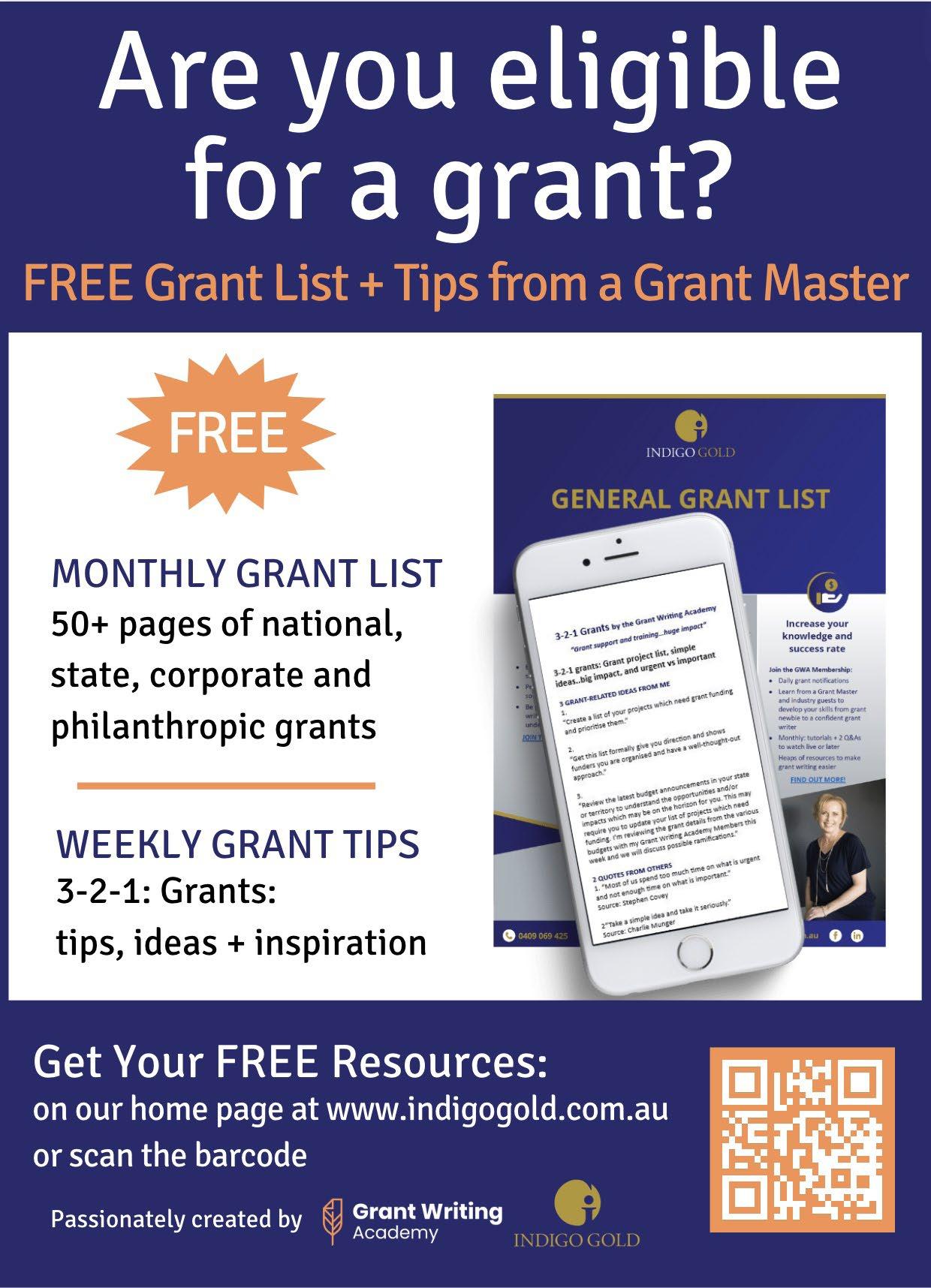
Sarah Walkerden, The Rural Copywriter, is a digital marketing messaging and strategy ace. She helps rural and regional businesses win scores of adoring customers and boost their Google rankings.
Her 'no fluff, no bull-dust' approach creates straight-shooting SEO Website Copy that cultivates real results, helping 'agri' and other rural businesses to flourish.
A country girl at heart, Sarah spent years managing websites for large corporate companies in Melbourne. Now she's settled on her rural property in regional Victoria with her young family, her horses and her thriving business.
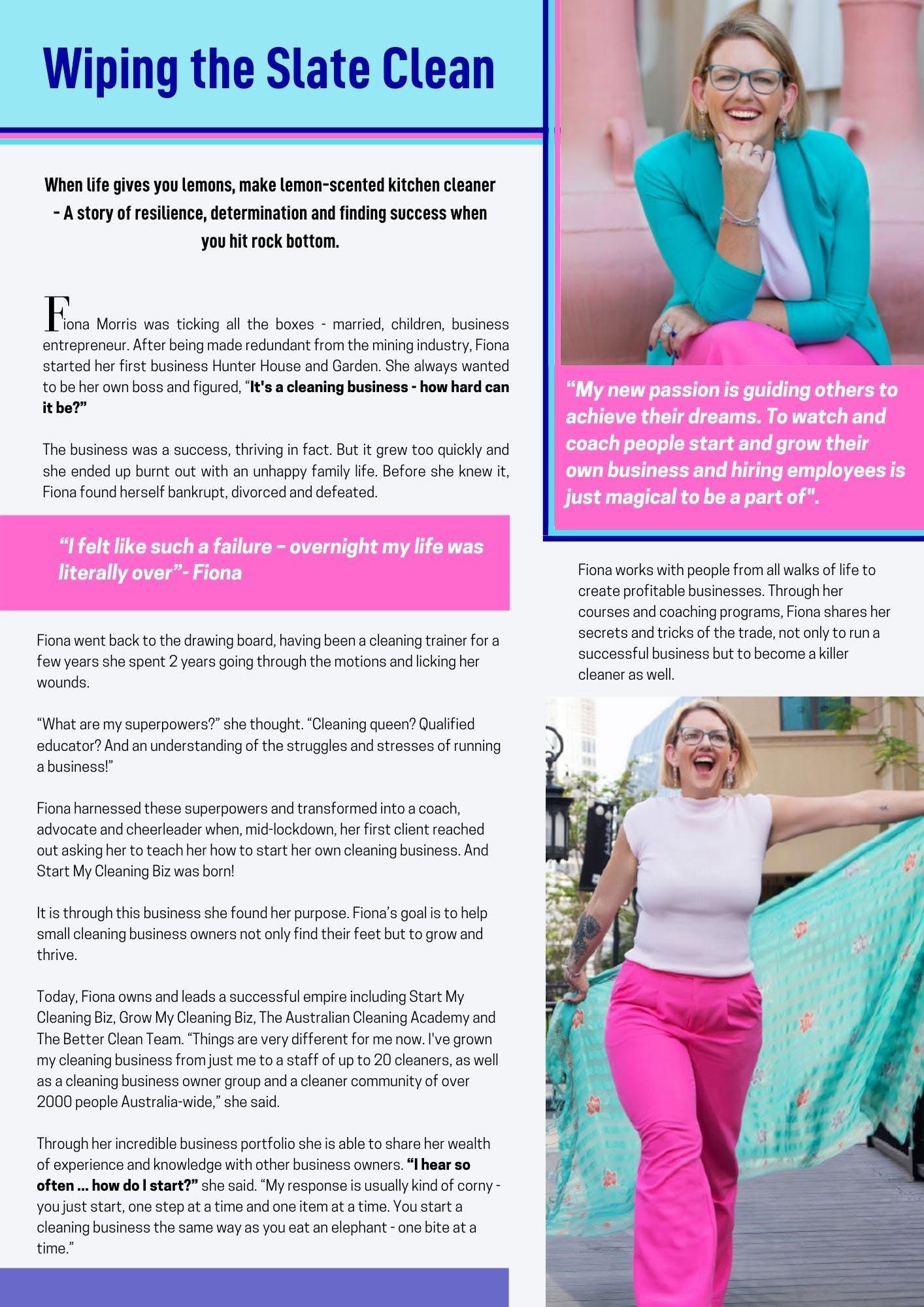
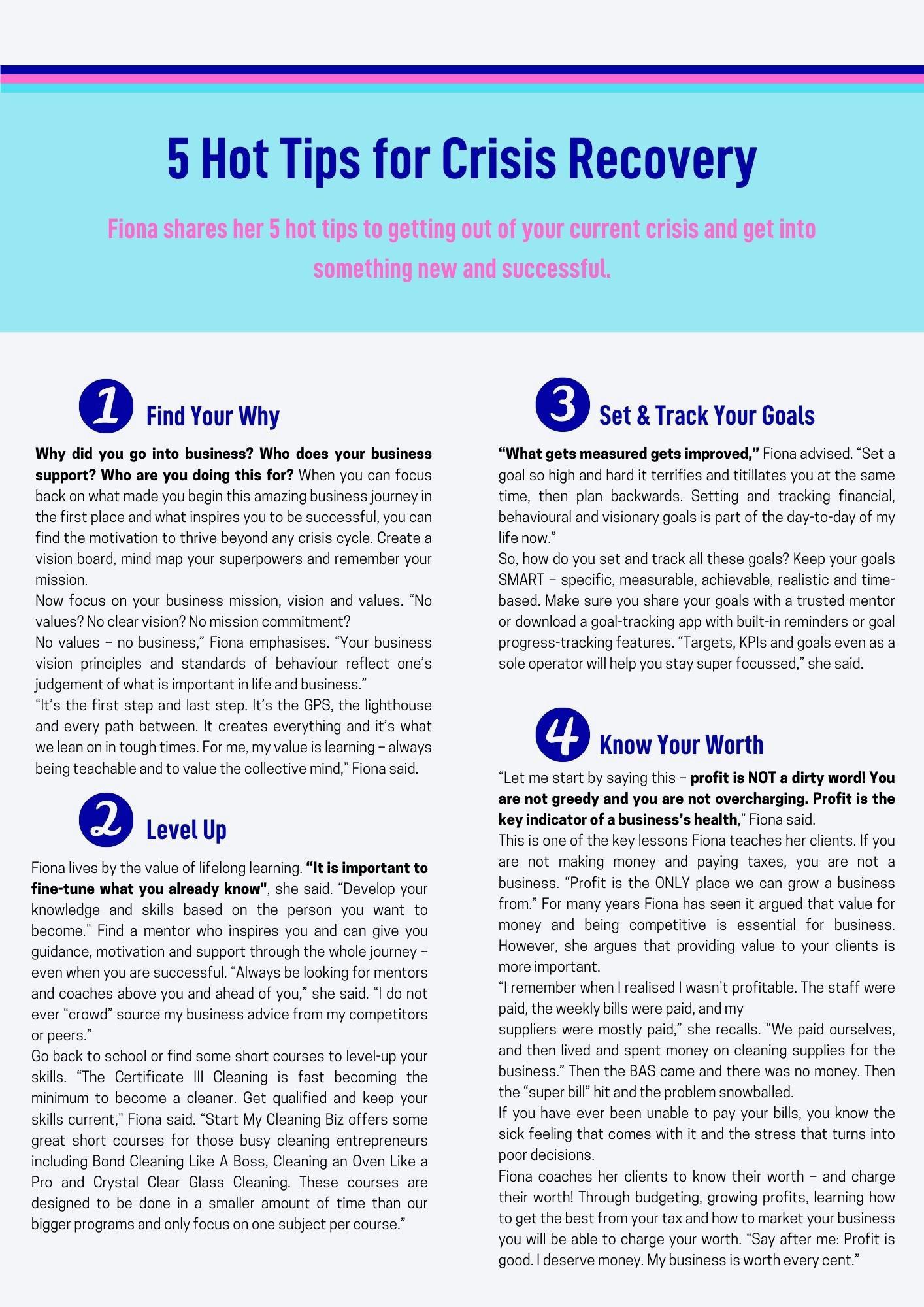

Writing a book can seem daunting. Yet, once you're done with the writing part, you'll soon discover that getting a book published is often even trickier.
If you're currently looking at publishing a book – particularly a book for your regional business brand in 2023 – you'll no doubt be wanting to know how to actually get it done.
There are three main options when it comes to publishing any book:
• Traditional publishing
• Self-publishing
• Hybrid publishing (assisted self-publishing)
Each of these options have their advantages and disadvantages.
Let's take a look at how they all stack up and compare.
And then, we'll take a look at a few myths surrounding hybrid publishers.
A traditional publishing contract is often viewed as the 'holy grail' of publishing. And yes, it's pretty exciting to pick up a publishing contract, it seems as if they've chosen you and are paying you to produce the book.
However, it's not that simple. Only a very select chosen few are lucky enough to score these deals. And unfortunately, it tends to be all about their profits, rather than yours.
•
You often get paid an 'advance', while you continue to work on your manuscript (this is just a prepaid amount of money for your future, predicted book sales).
• Their team does everything for you – cover design, editing, production etc.
• There's the potential for greater prestige through a larger traditional publishing house.
• You can potentially access a larger, more established network of people and marketing avenues – which hopefully leads to you being in major bookstores and achieving more sales.
• Once you sign, THEY own the legal rights to your work – which means THEY own absolutely everything and take over control. How your cover looks, how your content is edited and how you're promoted is entirely up to them and not you.
• You generally only receive between 15 - 30% of your book sale profits. Not much!
• You only tend to GET a contract with a traditional publisher IF you are well known, with a large established online audience and profile. This is difficult (if not impossible) if you're just starting out.
• Each publisher will only take on work that fits within their strict criteria, plus their own likes and dislikes. They are very picky and choose based on what THEY think will sell and how much money it will make THEM.
• You're literally an owned, trained monkey – they say what you'll do, and you have no choice but to do it.
• It's trickier to make changes or revisions later, unless they say you can. But then, they'll be the ones telling you how those revisions will look.
•
The publishing process can be incredibly lengthy.
• You generally can't apply direct, you need a literary agent to act on your behalf.
In this option, you do everything yourself. Cover design, editing, production, distribution, legal requirements, EVERYTHING.
Which clearly gives you full control over what you produce, but it can be a lot of work. In fact, many authors go down this route, but quickly give up, as the process can be so darn complicated to navigate alone for the first time.
It's certainly very doable if you have the time and the patience to spend hours Googling and YouTubing, and then experimenting via trial and error. But believe me, when I first did this, there was more error than success. And it wasted so much time and money.
• You have full control over your work at all times. Thank goodness!
• You keep ALL of your book sale profits. Yay!
• If you want to make future changes or revisions, you just go and do it.
• You can market your book any way you wish.
• Basically – you get full creative and strategic freedom to do whatever you like.
• You can get books published and out really quickly, if you know what you're doing.
• You have to do ALL of the work yourself – or find individual people who can help you. Cover design, editing etc. all comes down to you – or the quality of people you can find.
• You need to fund the entire process with your own money.
• There's a higher chance of poor-quality work and a low-quality finished product – that may not sell.
• You probably won't have the knowledge
you need of the publishing process – such as getting your book distributed, putting the right files together for the different platforms (eBook and print are different – and often different file types are needed on different platforms etc.).

• Therefore, there's more chance of frustration, wasted time, extra expense and incorrect uploads.
• Marketing is down to you – if you don't know how, your book won't sell.
• You're responsible for all the legal aspects.
• You risk the title of 'self-published' author, which carries less credibility.
This is where you combine the best aspects of traditional publishing and self-publishing. A professional publishing company helps you to produce your book and get it out onto the shelves – while you stay in control. However, you do need to invest some funds into this.
Many people seem to view this as a negative. We have been running a Facebook ad lately, that has received a few crazy comments about us being scammers – simply because our publishing packages cost money.
But would you really expect a team of professionals to do all of the work that goes into producing a quality book, for free?
A graphic designer, painstakingly creating imagery magic on your unique front cover, can't do that work for free.
An editor, pouring over 70,000 words for hours upon hours, can't work for free.
It's an investment, but these things can make or break the success of a book and can make or break your business image.
• Much easier to get a publishing contract – as you don't need to be high profile or have a huge audience beforehand.
• You keep FULL legal rights to your own work.
• You keep 100% of the book sale profits.
• You get access to an entire team of publishing professionals – who expertly handle all the different moving parts for you and walk you through the process, every step of the way.
• You remain in full creative control – you have final say on the cover design, editing and marketing etc. We advise – you decide.
• We can accept your manuscript immediately – and can start producing and publishing your book immediately.
• Our team moves swiftly to produce your book in a matter of weeks. In fact, from signing with us you could have a book published in just 6 – 8 weeks. Traditional publishing can take months, if not years.
• It's NOT traditional publishing – so may not carry as much prestige.
• You do need to pay a fee for a hybrid publisher to perform the work (but it often works out cheaper than paying individuals for things such as cover design and editing).

Hybrid publishers accept all manuscripts because they just want the money.
This doesn't hold true with most reputable hybrid publishers. Despite the fact that hybrid publishers charge a fee for publishing, that doesn't mean we accept all manuscripts that come our way.
We still have strict quality standards and will only attach our name to books that we believe will be successful, and that abide by our own literary and moral standards.
Our team take our jobs very seriously and will always do our best to ensure we avoid plagiarism, offensive content and language or irresponsible topics. And yes, as a publisher, we are legally obligated to undertake the proper due diligence and are liable should we get this wrong.
As an author, I should be paid for my book, not be paying for it.
Yes, a traditional publisher will often pay an 'advance' amount to you, when you sign your contract. In reality though, this is generally just an advance on your future book sale profits. This amount then comes OUT of your future profits.
And when you're only getting around 30% of each book sale (if you're lucky!), it can take a fair while to get to the point where you're paid anything further. Many contracts only offer 10% royalties.
When you self-publish or hybrid publish, you get to keep ALL of your book sale profits. This can make a difference long term. Plus, you get to remain in control of your own work at all times, and often get published much faster.
Self-publishing is not real publishing and doesn't count – you're not a real 'author' this way.
This is incorrect. Anyone who publishes a book in any way, instantly receives extra credibility to their name and business (if they have one) and can call themselves a published author.
We all know just how difficult it is to write a decent book, so any published author is held in higher regard once they get it done.
Generally, most readers don't even question how it came to be.
That said, you still need to ensure it's professionally produced. And having a publisher's details within the front cover, does give your book more authority. That's where a hybrid publisher can help.
It's also not uncommon for authors, and particularly business owner authors, to begin by self- publishing their initial books – receive and grow their business from the attention from those self-published titles – and then be offered a big traditional publishing contract later on. Many highly successful, high-profile business owners have done this – and earnt millions of dollars in company revenue because they dared to start somewhere and give it a go, the easiest way they could at the time.
Self-publishing achieves less results than traditional publishing. This can be true, but it doesn't have to be. Yes, a large traditional publishing house often has all the industry contacts, the marketing team and the massive audience that your book can then take advantage of.
However many self-published authors achieve similar results on their own, when they market their book well. Self-published authors only come undone when they don't put enough thought, effort or budget into marketing.
(Hint: Using us as a hybrid publisher also means you can tap into our other brands and in-house expertise, such as our marketing company.)
Publishing books to boost your business
Publishing a book is a great strategy for boosting your own profile, and that of your business. Becoming a published author gives you instant credibility and sets you up as an expert in your field.
It can attract lots of opportunities, such as media interviews in newspapers or on radio, podcast opportunities, speaker opportunities and more.
It can also attract more clients, who are willing to pay more for what you do.
Many business owners are incredibly time poor, however. This can make writing and publishing a book a real challenge.
And when you go to all that effort to write it, there's a good chance you'll want it published quickly, so you can start seeing the returns and benefits as fast as possible.
This is where hybrid publishing can be a real advantage. Hybrid publishing can be fast. Really fast! Particularly with us at The Rural Publishing Company, we have the team and therefore the ability to produce quality books, and get them out into the world quickly.
Being country folk, we don't believe in mucking about. The combination of both speed and quality are important to us.
There's no need for you to try and learn the process or handle all the moving parts yourself, our team can do it for you and guide you through it.
And if you haven't started writing a book, but would like to and get published in 2023? That's ok. We have a new Magic 8 Ball Business Book Mastermind starting early next year.
It combines reflection, story writing and business strategy, so you can go from nothing to published in a mere 3 – 4 months.
Not only do you come out of this mastermind with the title of 'Published Author', but you also come out if it with a customised business and marketing plan going forward.
Keep reading to find the details – or email us at hello@theruralpublishingcompany.com.au if you'd like to join us.

Sarah is a multi-award-winning copywriter and marketer with over 19 years' experience. She holds a Bachelor of Technology and is recognised as a CPM (Certified Practising Marketer) with the Australian Marketing Institute. Sarah is also a best-selling author of multiple books.
Toby is an experienced business founder, with multiple businesses and accolades under his belt. His current business, Billing Metals & Manufacturing, supplies specialty metals and element samples to schools, universities, and amateur scientists. They love nothing more than combining their skills to empower like-minded rural business owners and regional authors to succeed.
More information: www.theruralmarketingco.com.au
When we were kids, my cousins had a magic 8 ball. You asked a question, shook it, it played a little tune, and then displayed your 'fortune' (in the form of a yes, no or maybe) on a tiny screen.
We loved that darn thing. Even though, it was of course complete nonsense. But I've often wished there was a magic 8 ball for business.
Something that would tell you what to do next and the right path forward.
You know – what marketing tactic might work best at the current point in time. Or, where's that next client going to be. That type of thing.
It's probably something you've at times wished for too.
Business is often so unknown. Success so elusive.
And yet, it got me thinking that maybe there IS a magic 8 ball.
If you've ever gone down the path of self-discovery and mindset training, you'll most likely be aware that most of the answers you need, tend to be within yourself. #frustratingbuttrue Our tendency is to always want answers from someone we perceive as knowing more than us. To be told what to do.
And while yes, advice from mentors and peers is very important, much of the time we need to turn inwards to make important decisions.
To listen to what our intuition or gut instincts are telling us.
But when we're so jolly busy all the time, we often struggle to really tune in to ourselves and our intuition. And sometimes, when we're so busy and feeling stressed, the more we try to force ourselves to ask our intuition – the less likely, the answers are to come. They'll be clouded by self-doubt.
We often need a process and a significant reason to stop, smell the roses, and simply listen. (And unfortunately, that significant reason is usually when something really negative and drastic happens!) What if though, there was a process that allowed you to tune into your own intuition – to help you slow down a little, channel your energy, allow you to reflect on the past, find the lessons and uncover your true path forward?
To actually help you to become your own 'magic 8 ball'? But also – something that produced an entire new marketing tactic and business profile boosting strategy – all at the same time?
That, my friends, is what a book could truly be. Writing a book for your business could in fact BE your very own magic 8 ball.
And with the brand-new mastermind we've just created – it could be something that could completely change the trajectory of your entire business and life.
Enter – the Magic 8 Ball Business Book Mastermind. We spend 8 Weeks together.
• We map out your magic 8 ball book topic idea.
• We map out 8 perfect chapters.
• We help you to find the 8 stories and the 8 lessons you need to share within those chapters.
• You write those 8 perfect chapters with our support.
• You make peace with those 8 experiences and lessons, no matter how tricky they were to deal with.
• You reflect on those lessons and what you could be doing differently.
• We help you uncover your next business steps to create a customised marketing & business plan going forward.
AND – you come out of the experience with a finished manuscript AND a whole lot more clarity.
PLUS, you can either self-publish your book yourself with our instructions OR hand your finished manuscript to us – and our team of magical book wizards will handle all the editing, design, distribution, and publishing for you – at a dramatically reduced price (like half price!).
This concept is like nothing else we've embarked on before – and like nothing else we've ever seen. It combines sound psychological and mindset principles, with our business coaching, marketing coaching and book coaching experience. And you end up with another revenue stream and marketing tactic in your business.
It's sheer genius. If you're looking for a way to stand out in person and online, a book is certainly IT.
And what could be better than not just having that book – but ending up with all that extra clarity at the end, with a business/marketing plan too.
Mind blown, dudes. Mind. Blown.
This is an 8 Week Group Mastermind Experience. Plus, we'll add in an extra Planning week at the beginning – AND an extra clarity week at the end, where we help you come up with a customised marketing plan going forward. (So, in reality it's actually 10 weeks, but 8 sounded
better and you get 2 extra weeks free!). And, you can do it for just $888.
Or, $111 per week over 8 weeks if you prefer. What would having your very own magic 8 ball mean to you?
A customised plan, to boost your business profile and revenue, fast?
Plus, that super special title of 'published author'? Everything, we think.
KEY OUTCOMES:
• Inner Quiet & Calm.
• Mental & Business Clarity.
• A Marketing Plan (Your Very Own Magic 8 Ball).
• A Book Manuscript – Ready to Edit & Publish & Position You as an Industry Leader.
• 1x Individual 1:1 Book Planning & Strategy Session With Us – To Get You Started.
• 10 Weeks of Facebook Writing Support & Accountability (Ask Us Anything Access)
• Potential Networking Opportunities (If we have enough people :p)
• Our Signature Mastermind Writing Process & Formula – To Get you Writing Easily & Fast
• 1x Individual 1:1 Business Clarity & Marketing Session – To Guide You In Future
• The Chance to Market Your Business & Book on Our Socials (Business Page, Groups, YouTube), Email Database and our Digital Magazine for Rural Entrepreneurs.
The Magic 8 Ball Business Book Mastermind will begin on 8th February 2023. The first lessons will be dropping at precisely 8:08am
We'll also be in touch to organise your 1:1 Book Planning Session either that first week, or the week or two beforehand.
And we'll organise a time for your final 1:1 Business Strategy Session after the mastermind concludes. You'll have access to our Facebook group for coaching and networking from Monday 30th January 2023, through to Wednesday 12th April 2023.
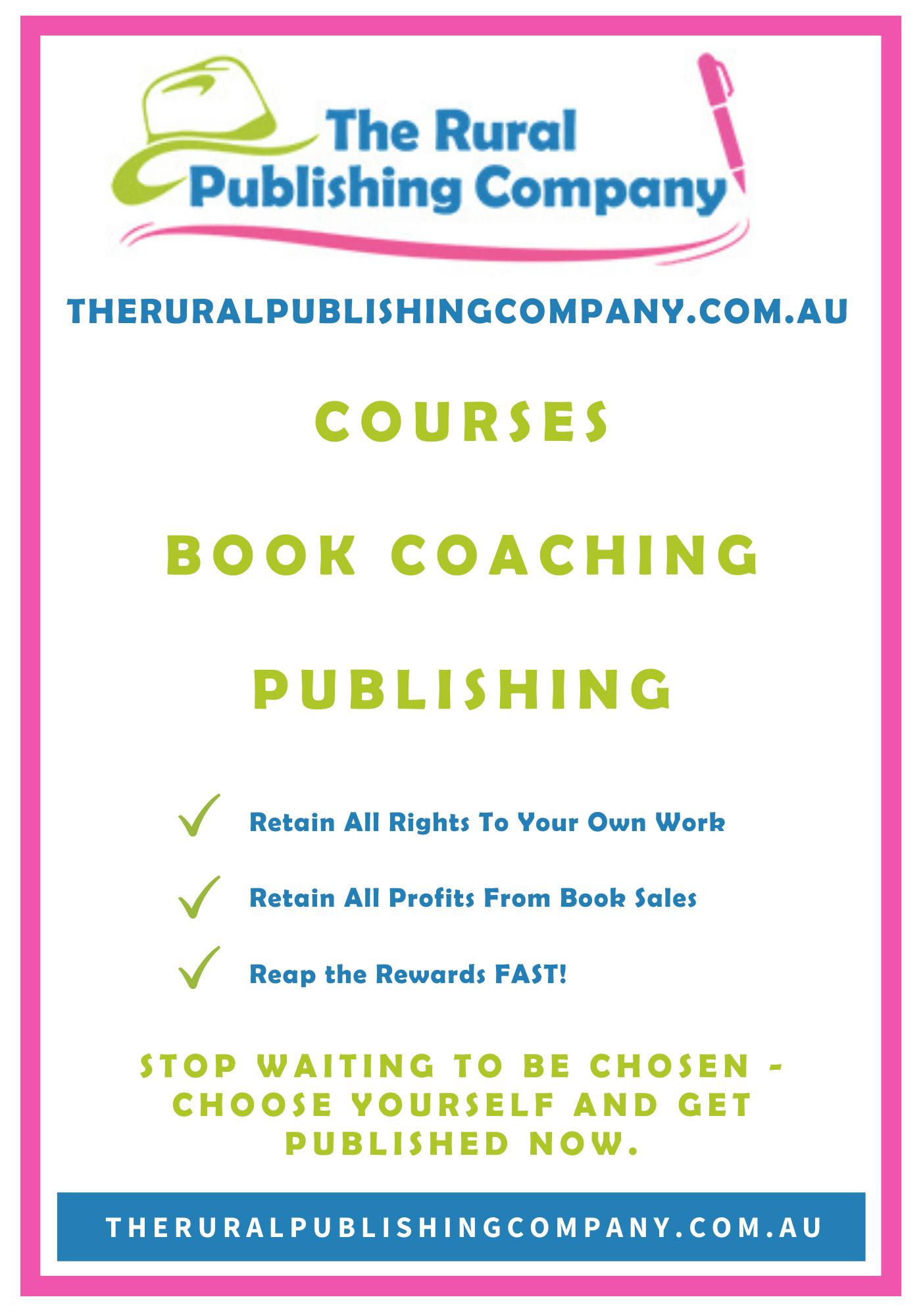
When Penni Lamprey heard the news of the world's largest tall women's retailer closing in June 2020, she, and other women of height around the country panicked – where would they shop now?
Standing at 184cm or 6'1 the Hobart mum-ofthree had experienced a life of ill-fitting clothes that were too short in every department, and while sewing clothes for herself had always been an option, Penni's business mindset quickly saw an opportunity to beautifully dress not only herself but all taller Australian women.
As it was for many women, the global turmoil of 2019/20/21 was an emotionally confronting time for her professionally. The trading restrictions during the first wave of COVID-19 meant she was unable to continue her career as a workplace health and wellbeing consultant, delivering in-house wellbeing and nutrition sessions. It was then Penni and her husband decided to take a risk, investing their savings to launch her brand Miss G & Me: Beautiful clothes for the tall.
She knew the Australian market was utterly undersupplied, and what was available were garments that were cheap, flimsy and often smelled toxic, the zips would fail, seams would pull apart, and the hassle of returning garments to a faceless international was not worth the effort."
"Additionally, we, the taller women, only ever had access to off-season garments, without factoring in the difference in dressing styles of European, US and Australian women."
She intended to radically change the landscape of the Australian market; no experience in the fashion or design industry, during a global pandemic seemed moot points.
Penni tells us relationship building and sharing your purpose is key – "fabric merchants
and industry agents want this label to work as much as I do".
"The fashion and textile industries have taken a hammering from offshore manufacturing, cheap imports, loss of skilled machinists so they too want to support a label that enables the industry to rebuild while contributing to an individual's wellbeing."
"I don't need to know how to make a pattern, rather, I engage specialist pattern makers who know exactly what clothes that beautifully fit can do for an individual's wellbeing and life – skilled professionals who could turn my drawings and bold ideas into beautiful clothing for the tall."
"I am the interface of all the specialists who make a garment come alive. My business operations and project management skills had been well developed during previous positions of hospitality management, self-employment, and public servant administration,".
Two years in, she now feels she can talk some of the industry language fluently, which contributes to gaining the respect of lifelong industry professionals who work with her.
"I know who to call when I need expert input."
The Tasmanian said the immediate interest and support buoyed her. Penni received messages from tall women from around the country, expressing their desire for a sustainable, fashionable, Australian, tall specific women's clothing label.
"To honour this, commencing as 'Australian Designed & Made' was paramount".
From the onset, the label created and applied sustainable development goals to establish responsible consumption and production, gender equality, work and economic growth and sustainable cities targets. The label's Victorian
pattern makers and manufacturers are all Ethical Clothing Australia accredited which protects the wages and working conditions of staff and the customers appreciate this.
"It's just me, working for peanuts." Lamprey jokes. "We don't have the R&D budgets of the major retailers to turn plastic into fabric, however with design and clever pattern making, just by association, clothes that fit the taller silhouette will reduce the waste of a market that is nearly 2% of Australian women."
"As technology evolves, access to these fabrics will become greater for all labels."
It hasn't all been smooth sailing, however. The Victorian lockdowns of 2021 did become problematic for the innovator as she couldn't travel out of her home state to attend fitting sessions, and all industries in the supply chain were suffering from staff shortages. It wasn't until June 2022 that operations began to settle and a 'normal' began to emerge.
Social media reviews of satisfied taller women tell of the great fit of the garments and the quality
of the materials used – some 'with a little bit of magic sewn in' claimed one well-dressed customer.
Operating from her studio in North Hobart, the lifelong Tasmanian is itching to jump on a plane to visit the 'Big Isle' to attend the fashion shows and witness her products on the catwalks of Melbourne and Sydney fashion shows.
But who will be the models?
"I've always been asked what supermodels wear. However, they are rarely over 6 feet tall and are not sought after by the industry; society considers us to have unconventionally tall physiques - it does present dressing and lifestyle problems. For example, if you were to look at your blazer or shirt cuff, they will be sitting comfortably between your wrist and thumb joint".
"For me, and many other tall women, clothes cut into the abdomen and required a 'jig or three' to completely readjust each time we sit or stand. The mental energy used to dress each day can negatively add up".
She goes on to explain that the psychological safety, obtained from wearing clothes that fit your silhouette, cannot be underestimated. "You stand without fidgeting; you sit without discomfort and you stop making excuses for your appearance by comparison with others."
Not only is the label beautifully dressing people but will also contribute to the label's values of 'well' and 'being'.
The very name Miss G & Me is about the now and the future. "It has been surreal living through a pandemic, closing a business and creating a new enterprise, and raising three destined-to-be-tall children".
The couple's 14-year-old son is already 197cm (6'5) tall whilst his sister, the namesake's Miss G, at 10-years-old is also destined to pass both her parents in height. So much so, a second label is already planned – "TallTweens, for when she reaches 175cm (5'10) - the height considered tall for women".
Without a doubt, the reflected interest and need for the Miss G & Me label occupies a niche in the Australian Fashion Industry. With sustainability, inclusion and contributing positively to society as its core values the predictions of success will continue well into the future.
1. Planning sucks, but it's imperative - your vision is imperative and often involves serving others; a small business owner can quickly become a benevolent enterprise if firm financial objectives are not set and actioned upon.
2. If you find yourself defending yourself, products or services, swing things around and promote - be it your prices, product range, or vision - people will always nit-pick, it's your job to promote you, your products and their features once you've done the planning.
3. And lastly, you can do anything and everything, just not at the same time. You can learn everything, but you can't apply it all at the same time. Outsource what will give you the best opportunity to reach tip no 1.
Miss G & Me was founded in 2020 by Penni Lamprey, who gracefully stands at 6'1. She is on a mission to radically change the landscape of tall women's fashion – never have Australian women had garments designed and created especially for them – they don't want boring clothes that fit, they want beautiful clothes that fit.
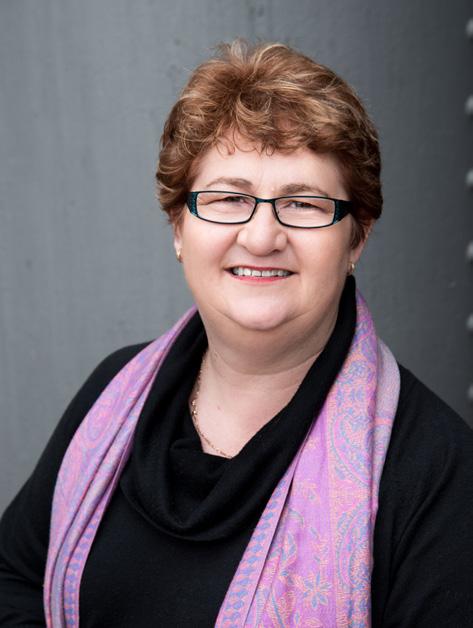
Without a doubt, the reflected interest and need for the Miss G & Me label occupies a niche in the Australian Fashion Industry. With sustainability, inclusion and contributing positively to society as its core values the predictions of success show Miss G & Me is well on its way to delivering.
Sharing business skills & information to assist you to have a thriving machine quilting business is our goal. Join our Gold Membership Group to grow and be supported in your journey to success.
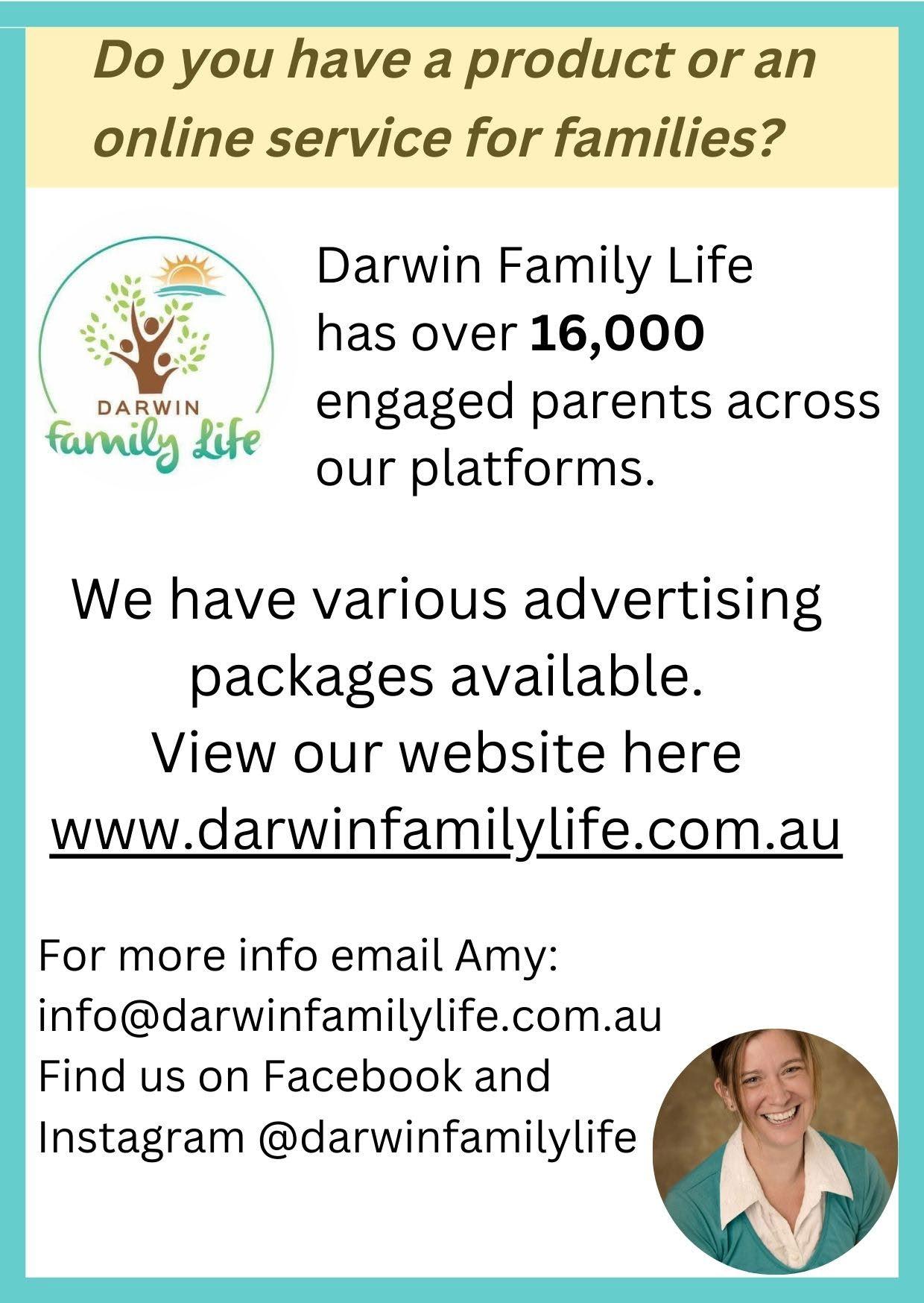

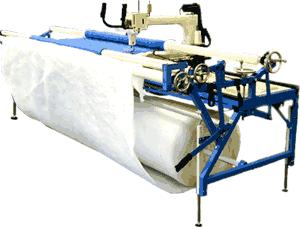
With a strong focus on business skills, combined with computer and quilting skills, you are sure to discover courses that will both inspire you and grow your business.

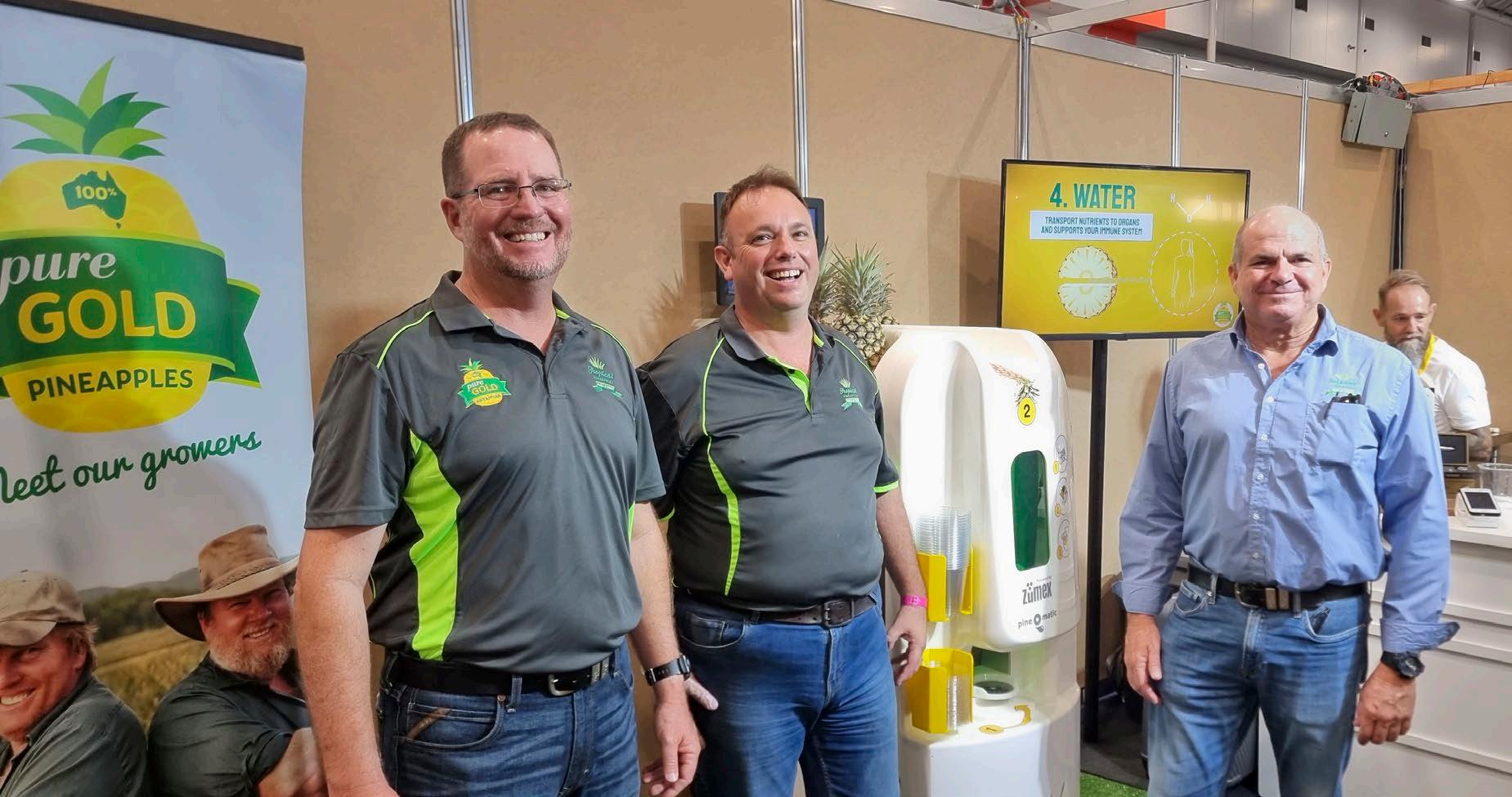 By Anthony Dobson – Tropical Pines
By Anthony Dobson – Tropical Pines
Pineapple consumption is extremely low in Australia, at only 1.3 pineapples per Australian per year. It's a surprising statistic given our outdoorsy, BBQing, fruit-loving lifestyle. We generally embrace our fresh produce and our tropical fruits from the warmer northern parts of the country, especially in the warmer months. So, what's happening with the humble pineapple?
Pineapples are a stable, robust fruit that ships well due to the thick skin protecting it from the elements and transport. It is this very feature, however, that incites even the most intrepid home cook to put the pineapple in the too-hard basket. We do love our fruit, but the pineapple has developed a spiky perception that it is challenging to prepare and tricky to not waste too much flesh in the process.
Not only are pineapples delicious – juicy, fresh, crunchy, and sweet – the health benefits see them routinely included in top super-food lists. The pineapple ranks high in the anti-inflammatory and digestive health stakes due to being rich in the enzyme bromelain, an ingredient of most digestive enzyme medications.
The bromelain enzyme, which is unique to the pineapple, supports immunity and cell health with high levels of vitamin C, manganese, potassium, and fibre, and also contains a stack of micronutrients and enzymes beneficial to our health and wellbeing.
In 2005, the Queensland Institute of Medical Research found two molecules within the pine-
apple, CCS and CCZ, that had cancer-fighting properties. Its low glycaemic load reduces the impact on blood sugar levels and with very low fat and high fibre also supports glucose tolerance and weight management.
We also know it is one of the least contaminated fruits from pesticides and herbicides given its protective skin. All of this makes it a desirable dietary addition to our daily lifestyle.
It's clear that pineapple is great for our health. But while consumers love fresh fruit and healthy options, not all are up for the challenge of cutting through a pineapple's tough exterior – nor do they want to purchase it pre-chopped in a plastic bag.
To marry the desire for fresh pineapples without the fuss of chopping, pineOmatic is changing the face of the pineapple industry. PineOmatic takes away the mess and the stress while still allowing for choice and the freshest possible fruit.
In a simple three-step process, a shopper can select the pineapple, drop it in the machine, and collect the shucked, cored, and sliced fresh fruit into a recyclable container for easy storage. In 20 seconds, all the hesitancy of pineapple preparation is eliminated.
Contactless, quick, and easy to clean and with an exterior display with a tutorial video, the pineOmatic can increase consumption, meet the demand for fresh-cut produce, and reduce waste in one elegant solution.
A consumption driver for consumers, the pineOmatic can enhance sales in supermarkets, independent grocers, produce stores, market stalls, and events such as the recent Good Food and Wine Festival in Brisbane.
We would all benefit from eating more pineapple. An affordable, nutrient-dense food that keeps and travels well, pineapples are accessible, healthy, and delicious. In the interests of health, efficiency, and supporting our farmers, innovative solutions like the PineOmatic are the way forward to expanding the market.
Author: Anthony Dobson, General Manager Tropical PinesWith over 30 years' experience in the Fresh Produce Industry across businesses in the UK, Europe and Australia. Anthony brings a wealth of knowledge to the business, as he works to ensure that pineapples are on every consumer's shopping list.
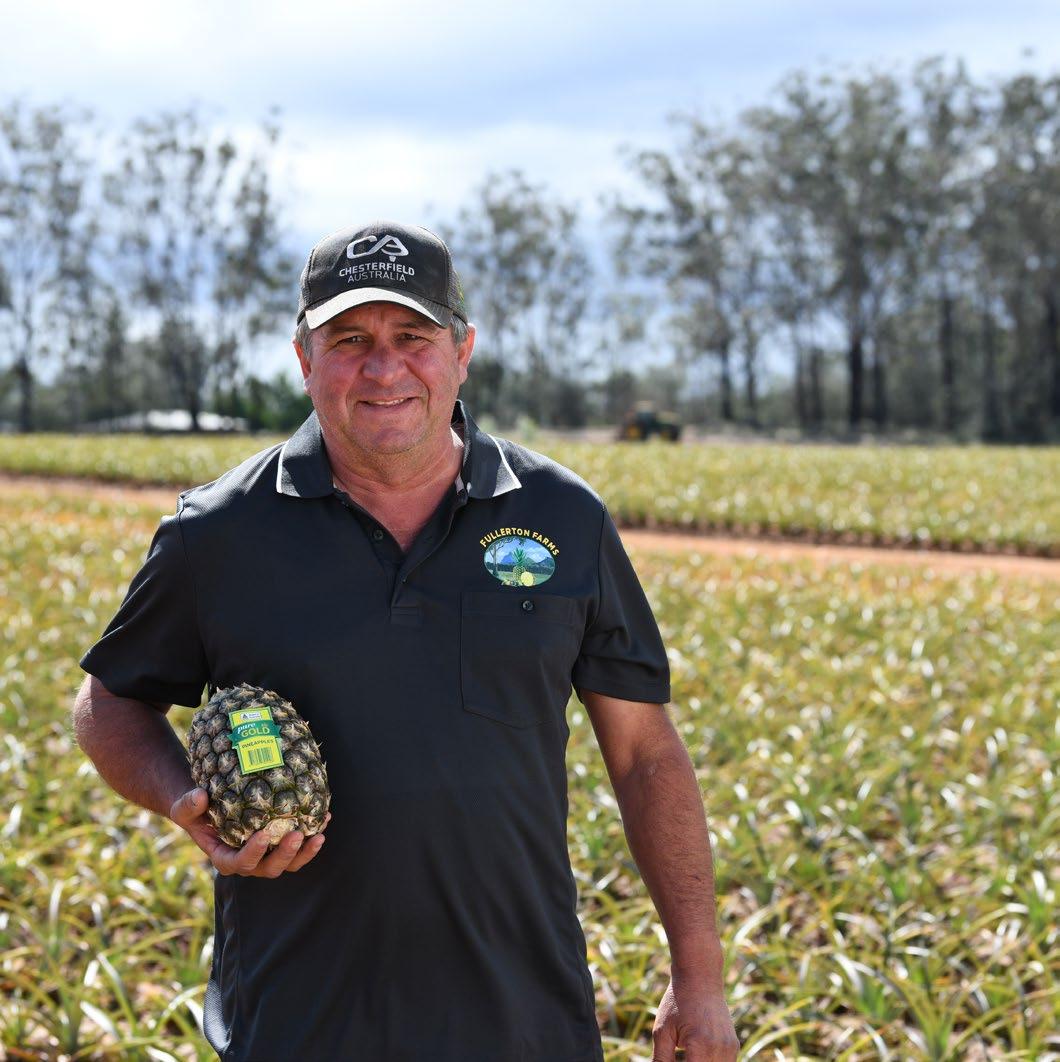

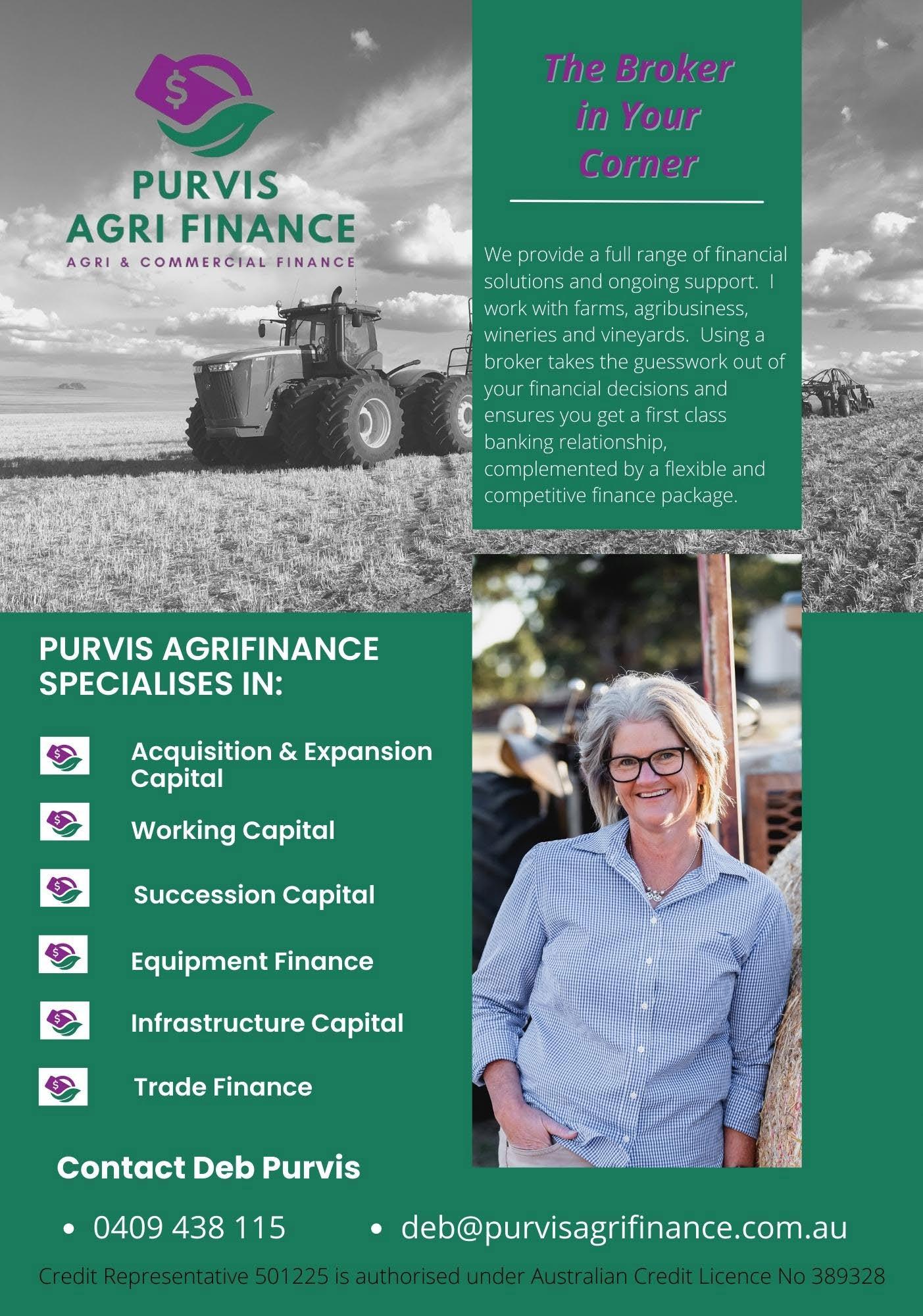
The founders of EzyAid, Adam Geosits of Singleton and Jess Hay of Gloucester, are currently seeking funding for a clinical trial of their product in the neonatal unit at John Hunter Hospital in Newcastle, NSW.
The pair developed the new feeding tube adhesive after they experienced, first-hand, the difficulties of trying to attach a feeding tube to their baby. Adam and Jess's son Matty was born with a rare condition called MED-13L Syndrome which meant he had to be tube fed for the first two years of his life.
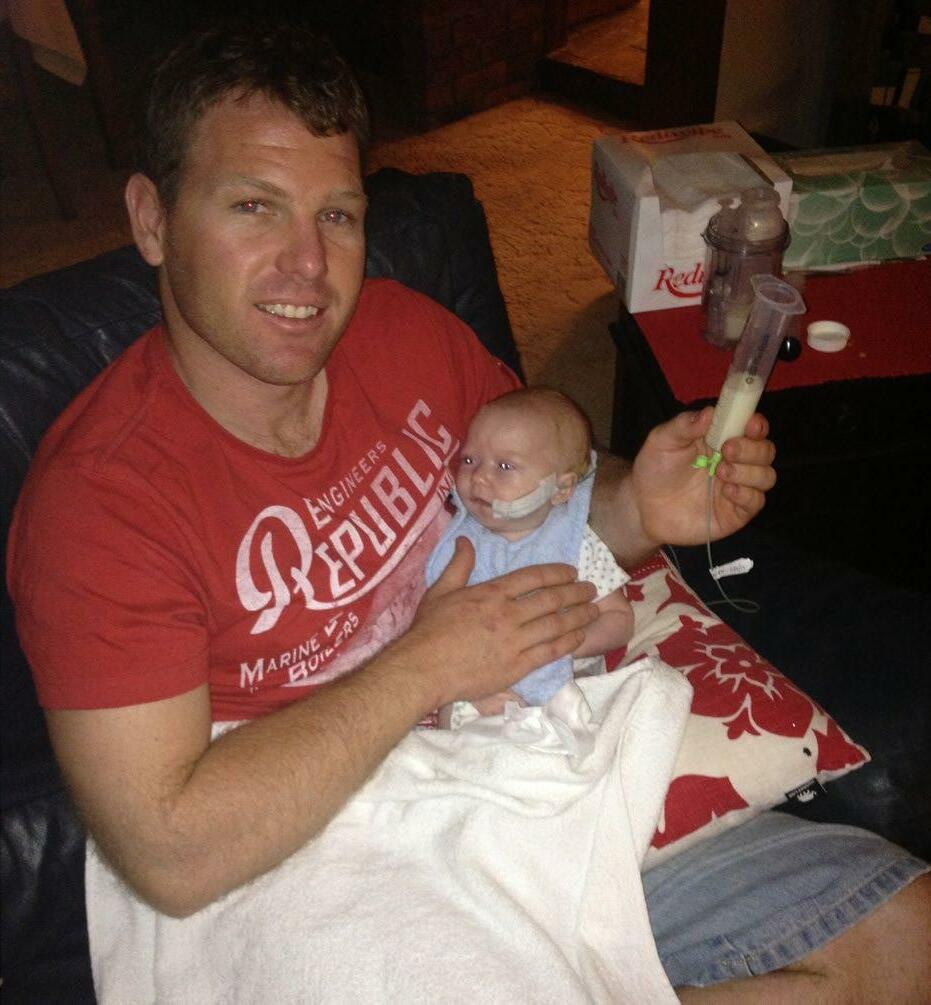

Jess says, "Matty was always pulling his tube out and the adhesive was just not sticking. We had to constantly change the tape – it was a difficult and traumatic process for ever one, but especially for Matty. Our design is simple to use and is a major improvement on the current feeding tube system that takes multiple pieces of sports tape and two people to install."
EzyAid, a slimline, transparent feeding tube adhesive that can be applied by one person, has been in development for eight years. After working through two patents, developing a working prototype, and undertaking a mini trial evaluation at John Hunter Hospital, the couple is now seeking crowdfunding support to get the product through to clinical trial.
Jess says, "The next stage of the process is to get TGA approval, get the product into a clinical trial at John Hunter Hospital and then step through commercialisation and distribution. This is going to cost upwards of $200K, which is why we are asking for support.
"We are also open to the idea of partnering with a medical company, selling the product or accepting financial assistance from a venture capitalist or philanthropist to get EzyAid to market as soon as possible, and to start helping tube fed people, their families and health professionals" says Jess. In terms of the medical efficacy of the product, Clinical Nurse Consultant, Justine Parsons, says, "In my role as the Clinical Nurse Consultant for the Neonatal intensive Care Unit of John Hunter Children's Hospital, I often review new products on the market. I have been working with Adam and Jess for some time now with regards to the EzyAid tube fixation device, offering clinical expertise and practical ideas.
"It has been wonderful watching the development of the product and seeing the commitment and passion that they have for improving care for infants and children requiring long term tube placement. I wholeheartedly believe that the EzyAid has the potential to be a staple product in healthcare facilities, as well as for use in the community. I am happy to continue to support Jess and Adam as they progress this product through to market."
In addition to babies that need feeding tubes, EzyAid can also be used for the elderly, cleft palate patients, cancer patients, patients with cardiovascular disease, patients with feeding issues associated with stroke, anorexia, dementia, diabetics, cystic fibrosis sufferers and animals requiring surgery and sedation and many other reasons.
To support Jess and Adam's dream of getting EzyAid into clinical use, please go to: https://readyfundgo.com/project/ezyaid/
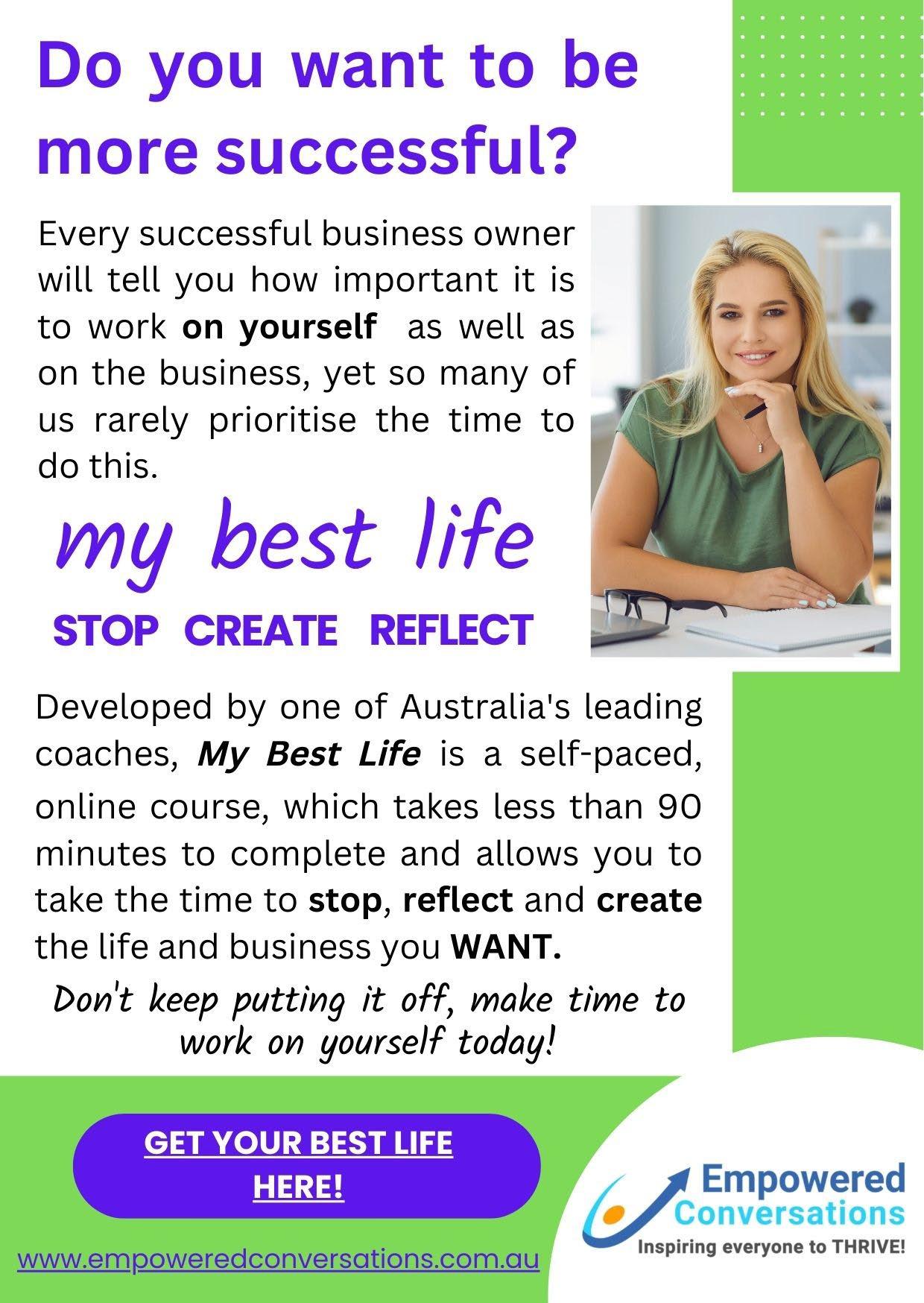
Cloth nappies have been around since the late 1800's, and in recent years they have made a return to Australian households, in particular to the South Coast of New South Wales.
Little Eco Baby Nappy Service was founded by Nowra, New South Wales couple and sustainability advocates, Ben and Stacey Ring. Little Eco Baby is changing the nappy culture in Australia and is currently diverting over 1,500 disposables from landfill each week, in the Illawarra region alone.
Disposable nappies can cost an Australian household between $0.16 - $1 per nappy, and a child will most likely need between 6,000 to 7,000 nappy changes before they graduate to underwear. That is a total estimated spending of $3,640 per
year on disposable nappies, for at least 4 years. Conventional disposable nappies are estimated to take up to 500 years to break down and are exposed to over 50 chemicals during the manufacturing process. Fortunately, Little Eco Baby's cloth nappies are made from recycled postconsumer plastic bottles, helping support an ecofriendly footprint for future generations. Stacey Ring, Co-founder of Little Eco Baby believes the main benefit of a nappy service is that it takes away any work for the parent. "Parents can subscribe to a package of choice, set and forget. Financially, cloth nappies are the better option and parents can be making a positive contribution to the environment while setting an example to their children."
Little Eco Baby Nappy Service was founded by Nowra, New South Wales couple and sustainability advocates, Ben and Stacey Ring
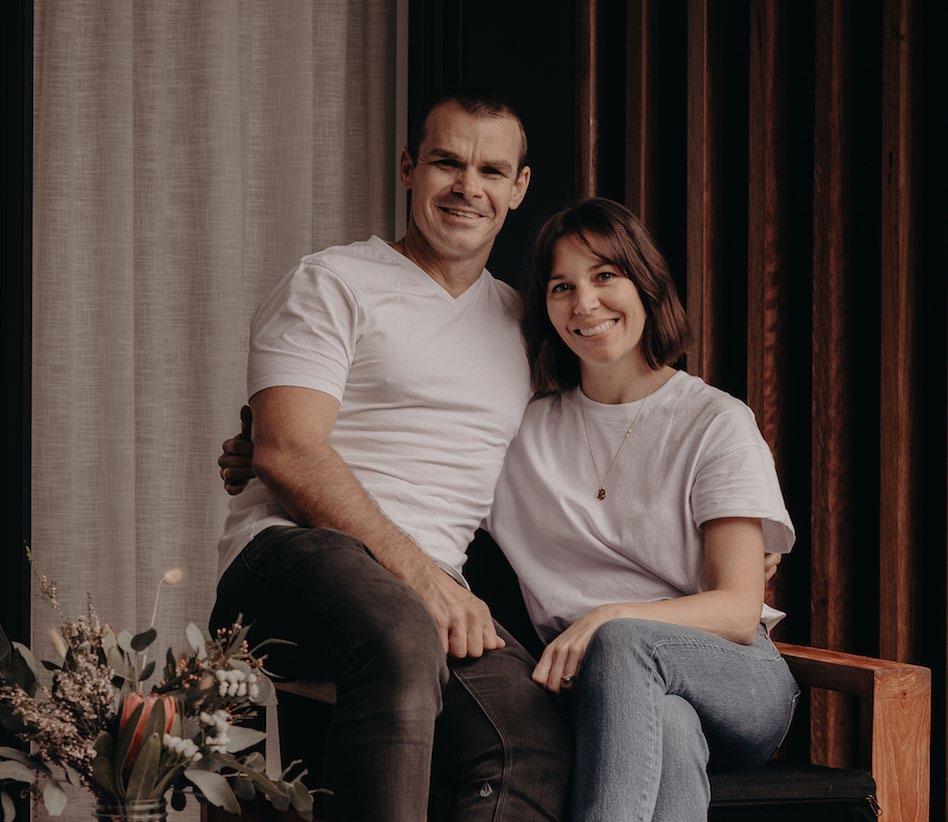
sustainability, and welcomes other sole traders to join
"We have noticed that the use of cloth nappies is a domino effect. Once a parent sees someone else using our cloth nappies, it gives a sense of validation to normalise it. There has been such a large transition to disposable nappy consumerism in the last 100 years, which means some parents find it difficult to switch from something they have been doing for several years. Our customers are pleasantly surprised with the effectiveness of the cloth nappies and can enjoy the added bonuses of reduced nappy rash and landfill."

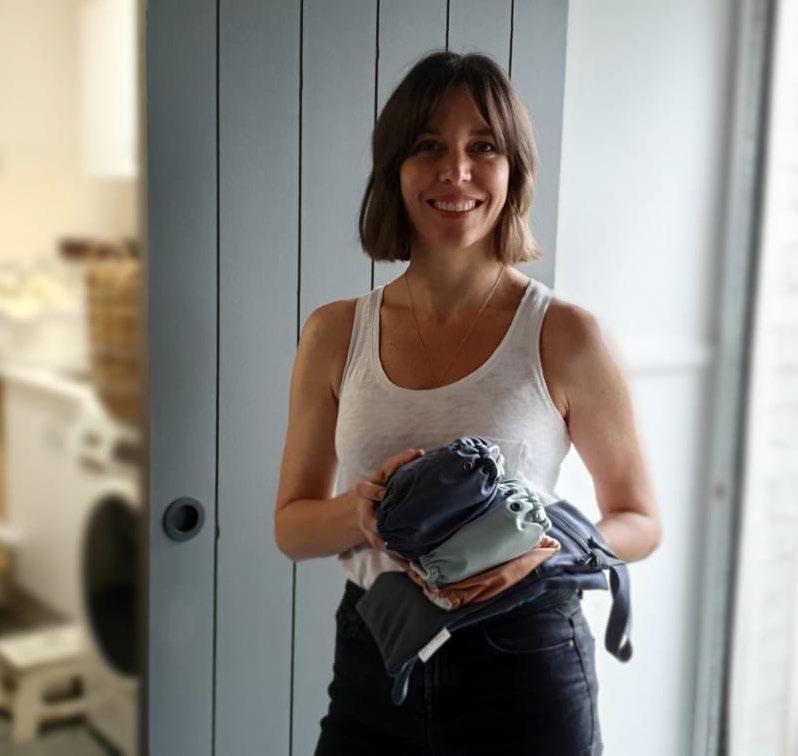
Little Eco Baby forecasts an Australia-wide expansion and offers franchising opportunities for their nappy service. The business is well suited to parents familiar with cloth nappies who are looking for a family flexible career. The business is also well suited to existing laundromat or dry cleaner business owners who want to diversify into a growing market.
Stacey says that the most interested parties so far have been mothers on maternity leave who don't want to return to their previous role. Additionally, she has seen an interest among mothers who have come from unstable industries who want something flexible that they can do while having their children with them.
For potential franchisees, the business is flexible and family friendly, something that more Australians are valuing in a post-covid world.
To learn more about Little Eco Baby, visit its website here: https://littleecobaby.com.au/
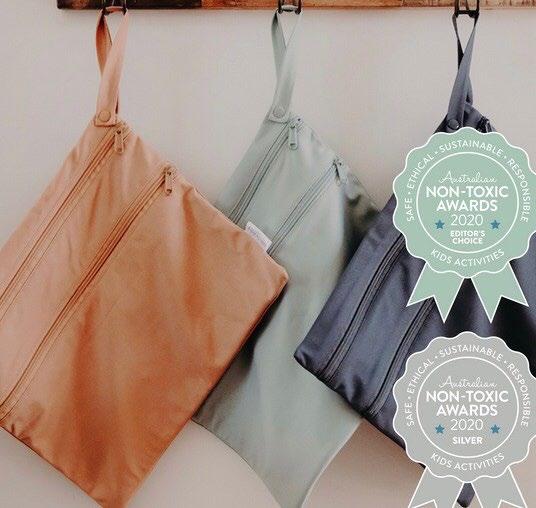
My business, Making Spirits Bright, started in 2001 in a small space in the backstreets of Bright, Victoria. It's amazing to look back on how far we have come, both as a store but also as a town.
Making Spirits Bright has grown into a much larger and ever-expanding store, busy year round, featuring unique and collectable Christmas decorations to add magic to every tourist's visit. Bright itself has become a tourism mecca in regional Victoria, boasting its own beautiful features unique to each season to keep local, interstate and overseas visitors coming back.
As a Christmas store, you could be mistaken to assume we might only see true business around the holiday season, but as a result of loads of hard work, long term investment and the curated growth of our offering as well as the wider Bright community, we enjoy year round business and wouldn't have it any other way. We see people travelling from overseas and interstate to visit our shop, a tourist location in of itself within the beautiful town. This year we even celebrated a social media milestone of 20k followers on our Facebook Page.
After working as a small business owner for over 20 years in rural Australia, I want to share some of my tips when it comes to setting yourself up for success and overcoming business challenges, having experienced COVID lockdowns, supply chain interruptions and the GFC, all while growing stronger every year.
When it comes to cash flow, I've made a point of really knowing my market. As a Christmas store located in a rural town, I know who my customers are, where they come from, and what they're looking for when they visit my store.
More than 25,000 people come to Bright during the holiday season, so I a ways anticipate a spike in visits around this time. Essentially, I'm running a seasonal business and being able to work closely with my bank and use their online resources for small businesses, I can monitor and manage my cash flow more easily. Having separate business banking to my personal funds is really key for me, especially when it comes to reporting and understanding when I might need to rein in the spending.
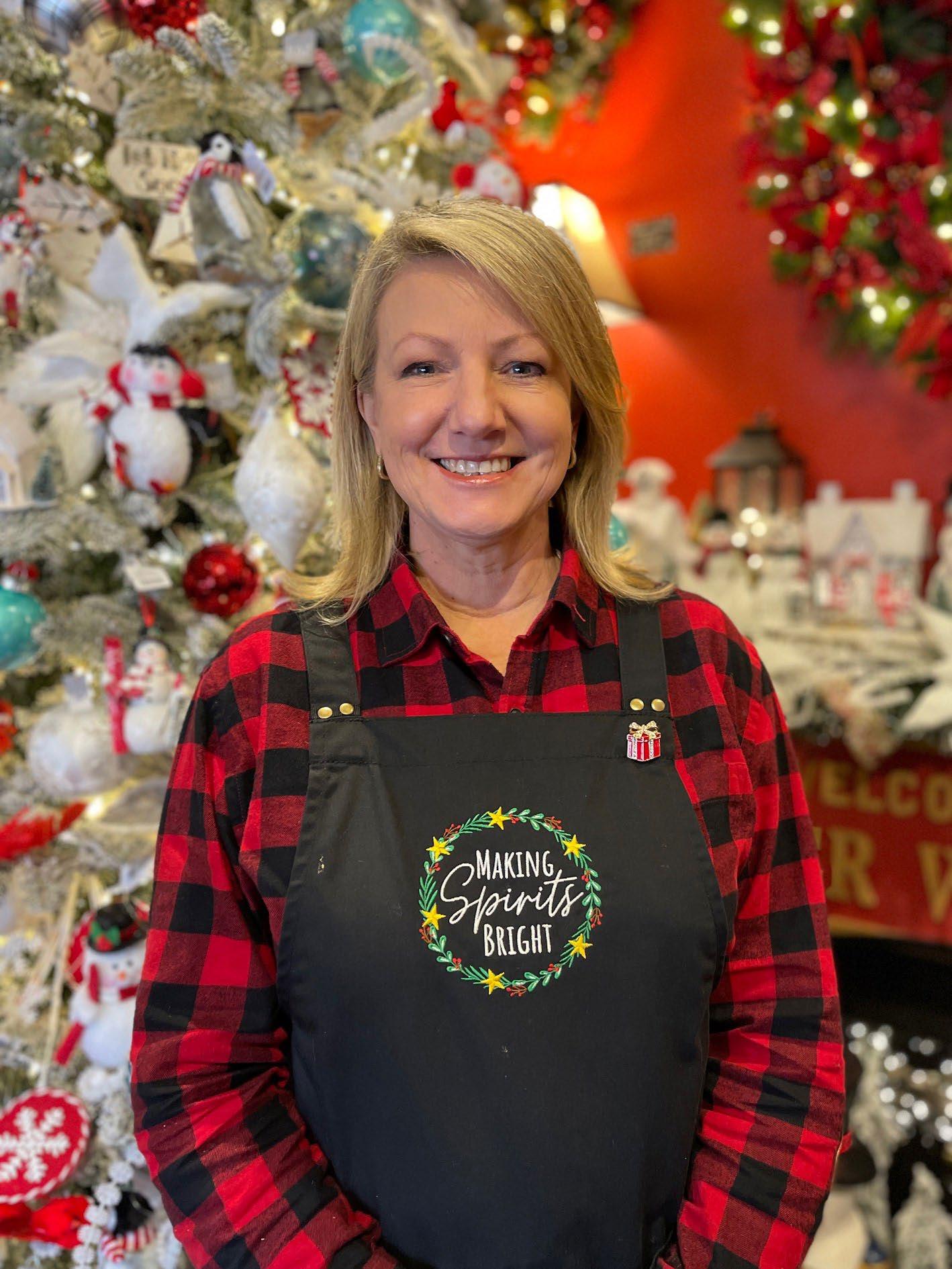
Over the years running Making Spirits Bright, I have built some really solid relationships with suppliers and learnt what questions to ask. I'm a small business owner. I'm allowed to ask for the information from my suppliers. I need to make sure I am balancing the demand of my customers.
We move through a lot of stock year round –after all, if you're coming from far away, it's common for our visitors to mark their trip with a merry souvenir – so, I always remain on top of what I have, and what I will need in the months coming to get ahead of the demand I expect.
Of course we expect a spike in the lead up to Christmas, but I need to allow for month on month availability, staying on top of the trends and ensuring I can deliver the best for my customers. This can be a challenge but it's become a skill I have polished over the years to avoid huge overordering but also avoiding running low for those travelling to see my store and what we can offer.
Despite being a seasonal store, seasonality is not as applicable given the tourism pull of Making Spirits Bright year round. I find one of the greatest benefits of having a Christmas store is that the Christmas spirit never goes out of style.
We do try to plan for the year ahead with trends or what people may favour because what I've learnt is people as passionate about Christmas as me, actually start planning for their Christmas look and feel from January so I want to be prepared with variations and themes to keep everyone happy.
We have also launched an online store for those that might not be able to make the trip to Bright but still know about what we do and what we offer. E-commerce is a must have for retailbased small business owners, with our online store contributing 10% to 25% of our gross income in the past two years.
At the end of the day, nothing beats genuine and good old-fashioned customer service. I always aim to be the business that you would want to buy from. I like to give back to my community, and ensure that every visitor to my store feels special and well looked after.
Ultimately, when people are visiting Bright, my store offers a beautiful way to commemorate the trip and look back fondly each Christmas when the decorations come back out of storage. I know I'm contributing to the special moments families and friends will share, and am thrilled to be able to make that experience as magical as possible for our customers.
Something that inspires me beyond Christmas and my work at Making Spirits Bright is our town, a place that entertains around three million tourists each year. Whether it's our warm summers, brilliant autumn full of changing foliage, blossomfilled springs or snowy mountains for winter, it's no wonder people come from all over Australia to witness the varied seasonal beauty. I never take for granted how the magic of Bright complements the magic we create in our store. Being a small business owner can be challenging, but it has been so rewarding being able to feel the Christmas spirit all year round. When it comes to business, I try to learn from experience, nail the basics and work with my bank to help me feel financially ready for the ups and downs of business.
Making Spirits Bright https://makingspiritsbright.com.au (03) 5750 1522
6 Barnard St, Bright VIC 3741
We've all heard variations of the quote, often attributed to Benjamin Franklin.
Given the certainty of death, succession planning is an issue all farming families must deal with. It's an emotionally charged issue, but one that doesn't go away. In fact, ignoring the issue will not help.
Succession planning is a complicated issue for farming families and agriculturebusinesses. It's more than just the business.
There's family history, the family home and memories, not to mention financial and emotional relationships.
Well-thought out, considered and (agreed) succession plans are absolutely critical to the survival of your farming business. There's no easy time to have these discussions, but it's clearly harder during difficult periods.
Now more than ever, it's important to have a formal plan in place. You need more than an informal understanding of who is interested in taking over the family farm. It's also something you need to continually revisit, especially if there are changes in your family or in the business.
A formal, written and regularly updated agreement will protect everyone involved.
Good succession planning should involve all interested parties and your advisors. Once you have a formal, written document, you should have regular meetings to discuss the plan and make any necessary changes.
Your succession plan should include:
• What money you require to retire.
• Who will take over the business.
• When will they take over the business.
• How will they take over the business.
• How will the assets be transferred.
Your advisor, whether it's your accountant, broker or lawyer, will probably have a standard form or template they will use to guide you.
Most of the banks will also have information on their websites.
If you'd like to do some research, here are some useful articles:
• Succession and the family farm – Deloitte
• The Do's and Don'ts of family succession –Grain Research Development Council
• Succession planning – the good, the bad and the ugly – ABC Rural
You can also listen to my interview about succession planning on the Pass the Baton podcast.
Having a succession plan is important for the long-term future of your business, and for you. After putting in years of hard work, you want to know that plans are in place for the future costs and management of the business. You need to understand how you can exit from the business and still have a roof over your head and funds to cover your living expenses.
And the next generation needs to understand what they are walking into, especially if they're giving up off-farm incomes and have personal financial responsibilities that the business won't cover.
A succession plan will help all parties understand the future costs and management of the farm business. The next generation, those coming into the business (or those expecting to benefit from the farm) need to understand if they get paid and how much.
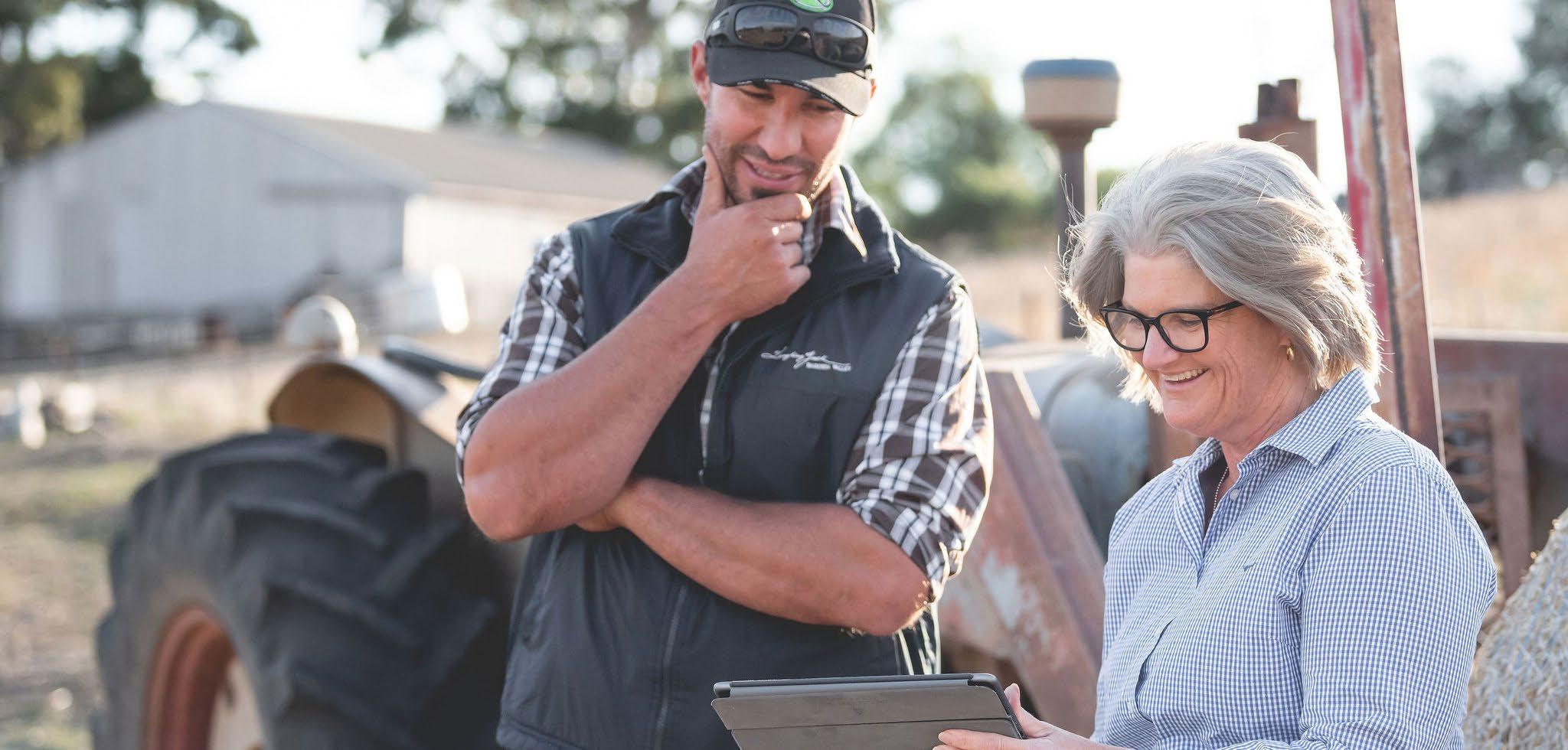
Succession plans involve discussions about money and death. Even in families, these are often very sensitive subjects, so succession planning needs to involve careful negotiation. Here are some ways you can ensure your succession planning goes smoothly.
1. Have more than one advisor
You don't want so many opinions and people that you're confused. But your lawyer, broker and accountant all bring unique skills and perspectives to the table. Surround yourself with skilled advisors and be prepared to pay for the people that can deliver the right outcomes.
2. Have a picture of the future
This is especially important for the outgoing farm owners. You need an idea of what life looks like when you leave the farm. Where do you want to live? How much money do you need to sustain a comfortable lifestyle?
3. Be prepared to consider different scenarios
When working with your advisors, all parties should look at the long-term analysis of different options. This might change over the years due to changes on or off the farm.
4. Create financial flexibility
Having off-farm assets like super and shares and low debt can make succession planning easier. For example, you might need to increase borrowing to pay out family members. While it can be tempting to pay off all the farm debt, this should come at the expense of financial flexibility once you've passed the responsibility of the farm onto the next generation.
Not wanting to discuss a succession plan doesn't help anyone. It can be very stressful, but here are some tips to smooth the path to succession planning:
• Set up documentation and communication before you need it, so the rules of the game are clear and everyone knows what is happening.
• Decide who needs to be around the table – and make sure they are there. Get the next generation involved early, especially as they are likely to have different approaches to things like debt.
• Ignore the horror stories and rumours you've heard. Listen to your advisors who can guide you through the process.
• Invest in off-farm assets as soon as you can. The next generation doesn't expect zero debt, so make sure you have off-farm assets and superannuation.
• Work out where you're going to live in the future. Invest in property if you can and ensure you continue to maintain all housing assets on the property.
• If you'll have access to drawings from a trust in the future, be clear on what it covers.
• Set up your succession plan well before you think you need it. Not only does this allow the next generation to be more involved, but it will remove the stress of trying to make succession plans during economically tough times or when someone is dying.
While succession planning might seem like a private issue for you and your family, it's something your bank (and thus your broker) really needs to know about. The strength of your succession plan can affect the long-term viability of the farm. Having a strong succession plan, made with the help of various advisors, can reassure the bank you're able to pay back any loans you take out, especially as you get older.
Operations with few risks to profitability and sustainability will find it much easier to access finance. A strong, updated succession plan is also a key indicator to the bank that you're running a well-managed operation. Your succession plan can reassure the bank that the ownership of the land is clear, allowing it to be used as security. In addition, a succession plan can also reassure the bank that, besides the land to use as security, you also have the funds available to repay the loan.
A succession plan is a plan at a point in time. And as a plan, it's only as good as the communication, cooperation and flexibility that follows to implement it. To be effective, you need to regularly review and update it to make sure it reflects changing priorities, roles and goals.
About Deb Purvis - PurvisI'm not your average finance broker.
I get agribusiness because I've been part of it.
I grew up on a cropping and sheep farm in Mid North SA and I've supported my husband in his career managing farming businesses through change. For nearly 25 years, I've been working in agribusiness and finance.
I started out as a bookkeeper for farming businesses before spending 10 years as a Rural Financial Counsellor. I worked with farmers, as they made life-changing decisions about their farming businesses.
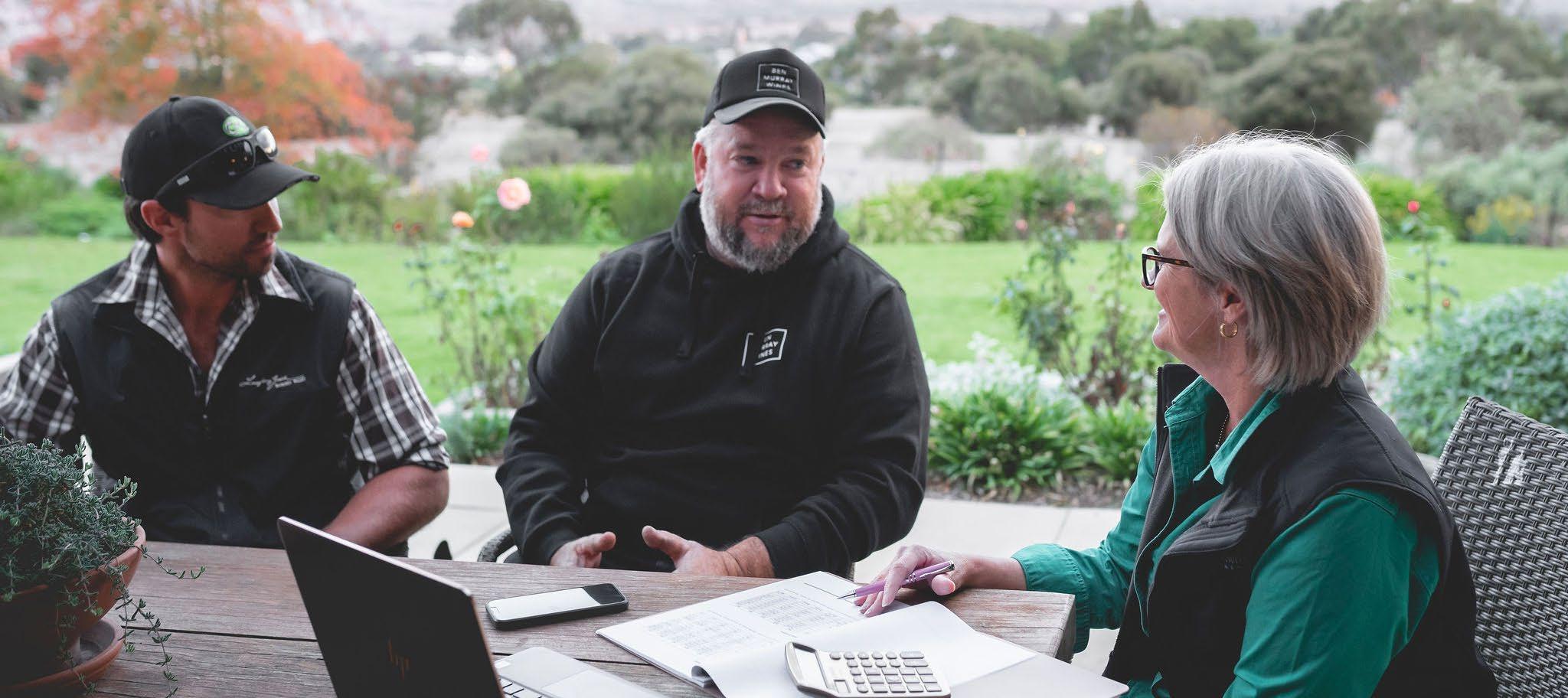
Over the last 5 years, as a partner with Robinson Sewell Purvis, I've supported clients across SA, WA, VIC and NSW.
Through my volunteer board positions with the Hart Field Site Group and Fat Farmers, I continue to support local farmers.
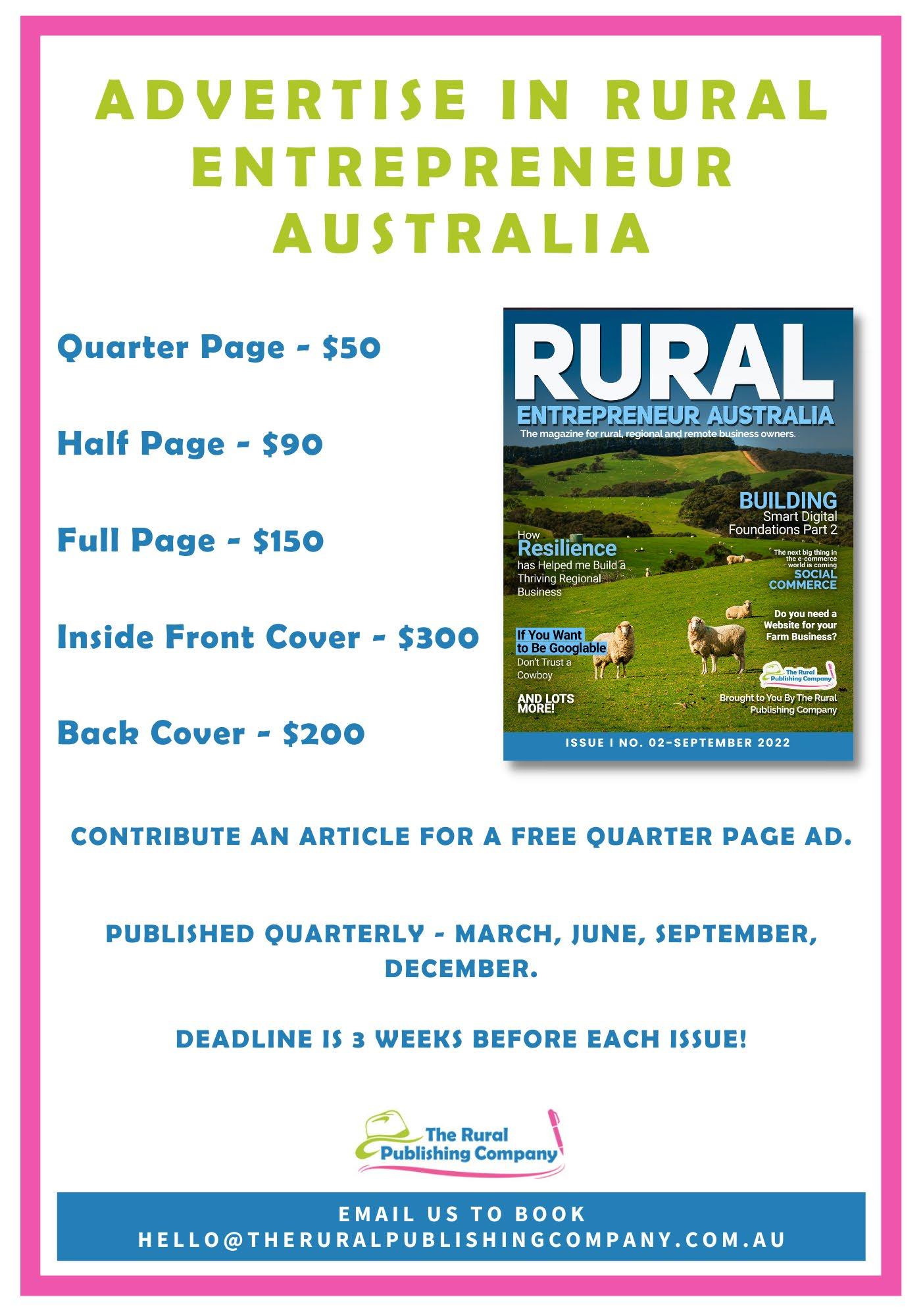
Hello, my name is Alecia Swan and I am a SAFETY advocate, based in Western Australia.
Having been in the mining and construction industry since I left school in 1996 to pursue an apprenticeship in Mechanical Engineering, I have worked on many mining, construction and sawmilling projects locally and 'fly in fly out'. I have worked in a variety of roles such as - Mechanical Fitting, Safety Advisor, Quality Control Quality Assurance, Supervisor and most recently in my own business as a Virtual Safety Management Systems builder and Safety Consultant.
After taking six years off to have and start raising my little family, which I have loved and valued every minute of, it was time for me to engage back into the workforce. You see, I have worked since I left school and when I took six years off to start a family, work was something that I still craved.
It was late last year when I was approached by a small company that I had previously worked for to build out their Safety Management System. As a result, I did some research and realised there was a gap in safety and I want to bring it to the forefront in small to medium businesses. 'Partners in Safety' was created to bridge that gap.
You might be thinking at this point what relevance do I have to the rural industry? Well, late last year I partnered with a cloud-based safety management platform called Safe Ag Systems.

Having a safety management platform can provide, if used correctly and every day, a safety management, compliance and reporting system.
Safe Work Australia produced a document in 2020 called the Work-Related Traumatic Injury Fatalities, Australia. The agriculture, forestry and fishing industry ranked first for worker fatalities in 2020 – with 46 people who went to work and
didn't return home to their loved ones. So I set out on a mission to help small to medium size businesses become more SAFETY aware, and to guide and mentor people by implementing safety management systems.
Last year (2021) saw the West Australian Department of Mines Industry Regulation and Safety (DMIRS) bring Western Australia into alignment with the Australian Capital Territory, New South Wales, Northern Territory and Queensland in adopting the national model work health and safety (WHS) laws following the passing of the Work Health and Safety Bill 2019 through Parliament's Upper House on 21st October 2020. Marking it the largest overhaul of Workplace Health and Safety laws in Western Australia in decades.
The Workplace Health and Safety Act 2020 would be introduced on March 31st 2022 and the Workplace Health and Safety Regulations 2022 shortly after that in April. Worksafe set out three sectors, General, Mining and Petroleum/ Geothermal. This allowed the act to review each sector and enforce tougher penalties for industrial manslaughter and set clearer guidelines.
When the new Workplace Health and Safety Act 2020 came into place, the terminology PCBU or Person Conducting a Business or Undertaking was introduced.
Referenced from the Worksafe website – A person conducting a business or undertaking (PCBU) is the term given to a person conducting a business or undertaking alone or with others, whether or not for profit or gain.
A PCBU can be:
• a sole trader (for example, a self-employed person)
• each partner within a partnership
• a company
• an unincorporated association
• a government department of public authority (including a municipal council).
You are not considered a PCBU if you are:
• an elected member of a municipal council acting in that capacity
• a 'volunteer association' that does not employ anyone. If the volunteer association becomes an employer, it also becomes a PCBU for purposes of the WHS Act
• a 'strata title body corporate' that does not employ anyone, in relation to any common areas used only for residential purposes.
What are the PCBU's duties under the WHS Act?
Section 5 of the WHS Act provides a definition for the 'Meaning of a person conducting a business or undertaking' (PCBU). In most circumstances, it will be relatively easy to determine if an entity is a PCBU.
Under the Workplace Health and Safety Act, all PCBUs have a primary duty of care to ensure the health and safety of their workers while they are at work. In this context, 'workers' are those engaged, or caused to be engaged by the person and those whose activities in carrying out the work are influenced or directed by the person. This primary duty of care requires PCBUs to ensure health and safety, so far as is reasonably practicable, by eliminating risks to health and safety. If this is not reasonably practicable, risks must be minimised so far as is reasonably practicable.
Under the primary duty of care, a PCBU must ensure, so far as is reasonably practicable: the
provision and maintenance of a working environment that is safe and without risks to health, including:
• safe access to, and exit from the workplace
• the provision and maintenance of plant, structure and systems of work that are safe and do not pose health risks (for example: providing effective guards on machines and regulating the pace and frequency of work)
• the safe use, handling, storage and transport of plant, structure and substances (for example: toxic chemicals, dusts and fibres)
• the provision of adequate facilities for the welfare of workers at work (for example: access to washrooms, lockers and dining areas)
• the provision of information, instruction, training or supervision to workers needed for them to work without risks to their health and safety and that of others around them
• that the health of workers and the conditions of the workplace are monitored to prevent injury or illness arising out of the conduct of the business
• undertaking the maintenance of any accommodation owned or under their management and control to ensure the health and safety of workers occupying the premises.
All PCBUs hold a duty of care, but what does it mean and how does it apply to my business?
Duty of care was brought in via common law; it relates to the principle of negligence and is very important in work health and safety.
What does negligence mean?
Negligence refers to a failure of a person or entity to exercise a level of care necessary to protect others, whether in interest, or from physical harm, from actions or conditions that may cause them harm.
It has been accepted for a long time that employers have an obligation to provide and maintain a safe working environment for their employees. For example if any employee is injured at work by equipment or unsafe practices, then the employee can be entitled to sue the PCBU because the injury was caused by the PCBUs negligence by failing to provide a safe place of work or safe equipment.
Common law established an important general principle: that an employer has a duty to their employees. This common law principle is now embedded in Workplace Health and Safety law as a Primary Duty of Care that a PCBU explicitly carries to ensure the health and safety of employees. This includes providing a safe work environment, ensuring adequate training and supervision, and ensuring that any risks are properly controlled.
What does industrial manslaughter mean?
The WHS Act includes a penalty provision for industrial manslaughter in Section 30A. Duties of care in the OSH Act were predominantly based on the employeremployee relationship. There are now a greater variety of workplace relationships in the modern workplace that do not readily fall into traditional concepts of employment, such as labour hire and the 'gig' economy.
The WHS Act introduces the 'person conducting a business or undertaking' (PCBU) as the person with the primary duty of care. The concept of PCBU is expected to cover a broader range of workplace relationships.
The WHS Act provides for three categories of criminal offences for breach of health and safety duties. The maximum penalties are different depending on the category of the offence and whether the offender is an individual (e.g., a worker, or a PCBU), an officer (as defined) or a body corporate.
Category 1 – a duty holder, without reasonable excuse, engages in conduct that recklessly exposes a person to a risk of death or serious injury or illness.
Category 2 – a duty holder fails to comply with a health and safety duty that exposes a person to risk of death or serious injury or illness.
Category 3 – a duty holder fails to comply with a health and safety duty. Volunteers are not liable for a failure to comply with a health and safety duty except in their capacity as a worker (section 28) or other person at a workplace (section 29).
An unincorporated association is not liable for prosecution although its officers (except volunteers) may be prosecuted for a failure to comply with an officer's duty (section 27). Its members may owe duties in their capacities as workers (section 28) or other persons at a workplace (section 29).
If you breach your duty of care, you could be liable for damages if an employee is injured or becomes ill as a result. You may also face industrial manslaughter charges if an employee dies as a result of the PCBU negligence.
Take some time to do your due diligence as a PCBU. Put in place the basic safe systems of work then work through implementing further processes and build on continually improving your business to comply with work health and safety legislation. A safety management system provides you with a line of defence.
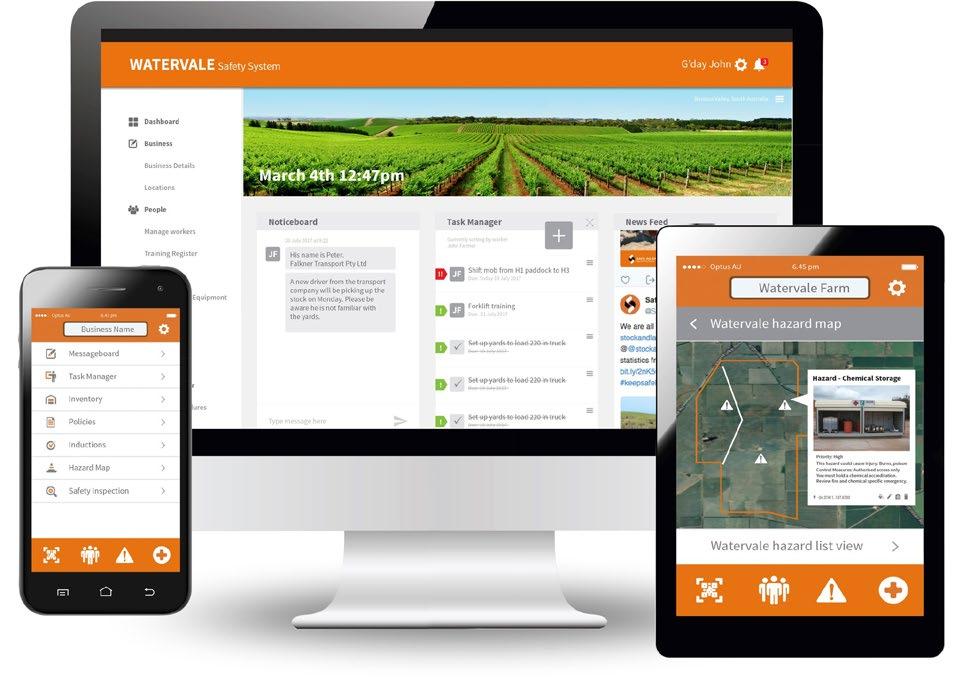 Safe Farm Safe
Safe Farm Safe
It's rude to give a gift to someone only to take it away again. It's like breaking a promise. It feels like an insult, or a rebuff.
The following story is about a person I met recently. They were seeking to do some professional development they had been encouraged to do by their manager.
In their annual performance review around a year
ago, they were offered feedback about their high potential for promotion. Their manager suggested they seek some paid support to help them grow their influence.
The person gathered quotes, collected all the information they had been told would be needed. They took it back to the organisation's leaders and patiently awaited approval.
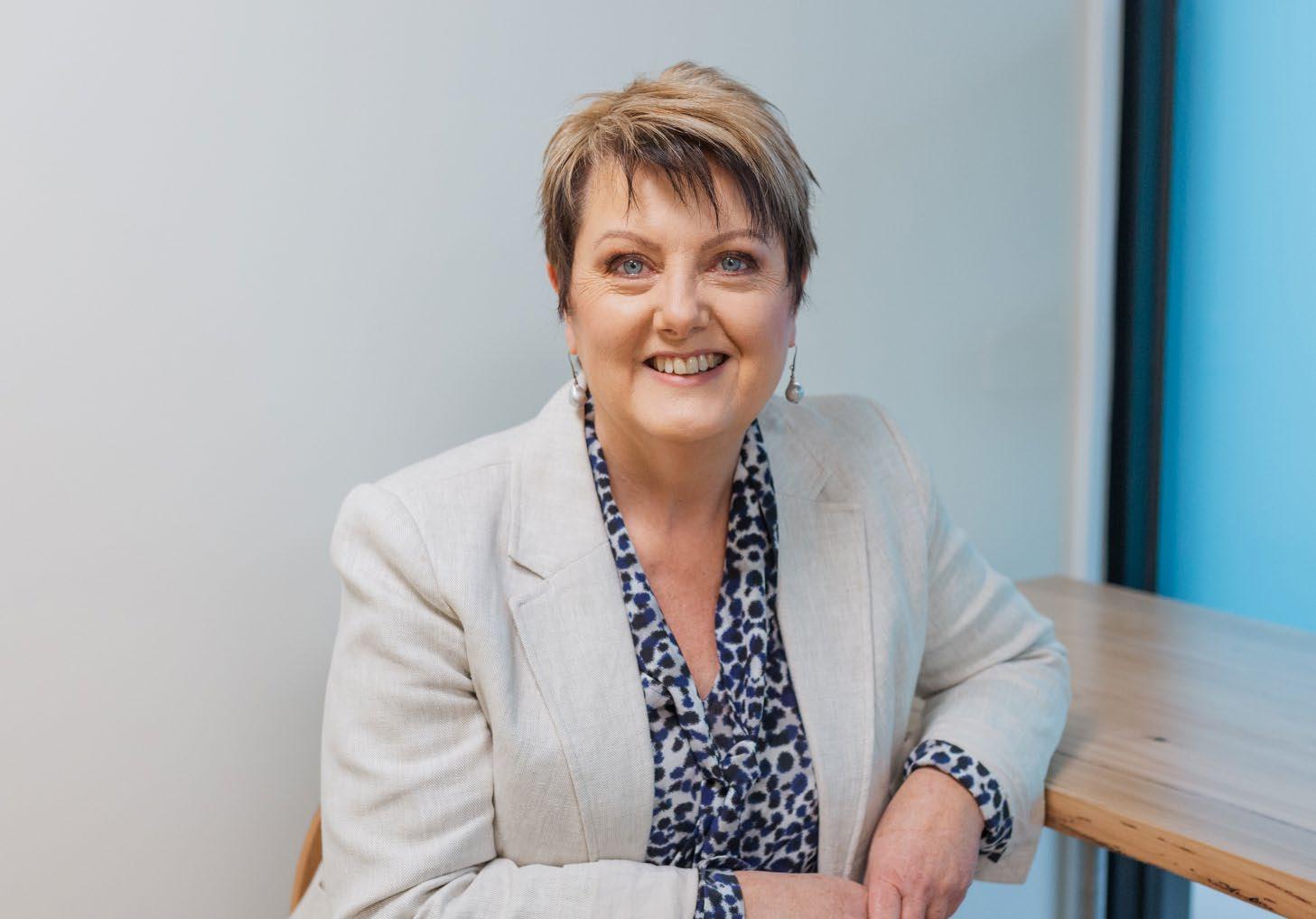
Almost a year later, nearly time for their next review, they got an answer. Yes. They could go ahead, but the budget wasn't high enough to meet the cost of the program they had sourced. And it was no longer on offer on the same basis.
Maybe this was a rookie error. Perhaps this person should have found out their budget scope and decision timeline from the outset. However, you can imagine his disappointment and deflation (to say the least) on getting this response after such a long wait.
What transpired? He was asked to proceed, and to pay for some of the development himself. Ouch. Don't get me wrong. I'm all for people investing in their own development. I just wrote a book about it.
But what struck me about this person was how shattered he was by the feeling of a broken promise. He felt let down by his direct manager and by the organisation's leaders. He had taken his request through three layers in the establishment – and almost a year had gone by before he got a decision.
A decision about something they had asked him to do – on an amount under $1500 – and well within most managers' delegations.
If you are a leader of other people, please don't set people up like this.
Please don't take them through their annual review, encourage them to undertake development, send them away to gather information, make them wait months for a decision, and give them less resources than required to cover the cost.
It's unfair and unreasonable. It's a broken promise and feels like you have taken away a gift you gave them.
And, if you're worried about the Great Resignation, this is a surefire way to have your best people leave. As fast as they can find their next job.
Be encouraging. Be truthful about budget scope and decision time frames. Be upfront if you think people may need to cover some of the costs of their development. It's a good thing for them to do. Don't use performance appraisals to give people feedback yet deny them the very opportunity you've encouraged them to undertake.
It's the simplest things that help you retain your best staff. Like honesty, clarity, timeliness and care.
Exactly the way you'd like to be treated by your own boss. To feel valued.
www.mareemcpherson.com.au
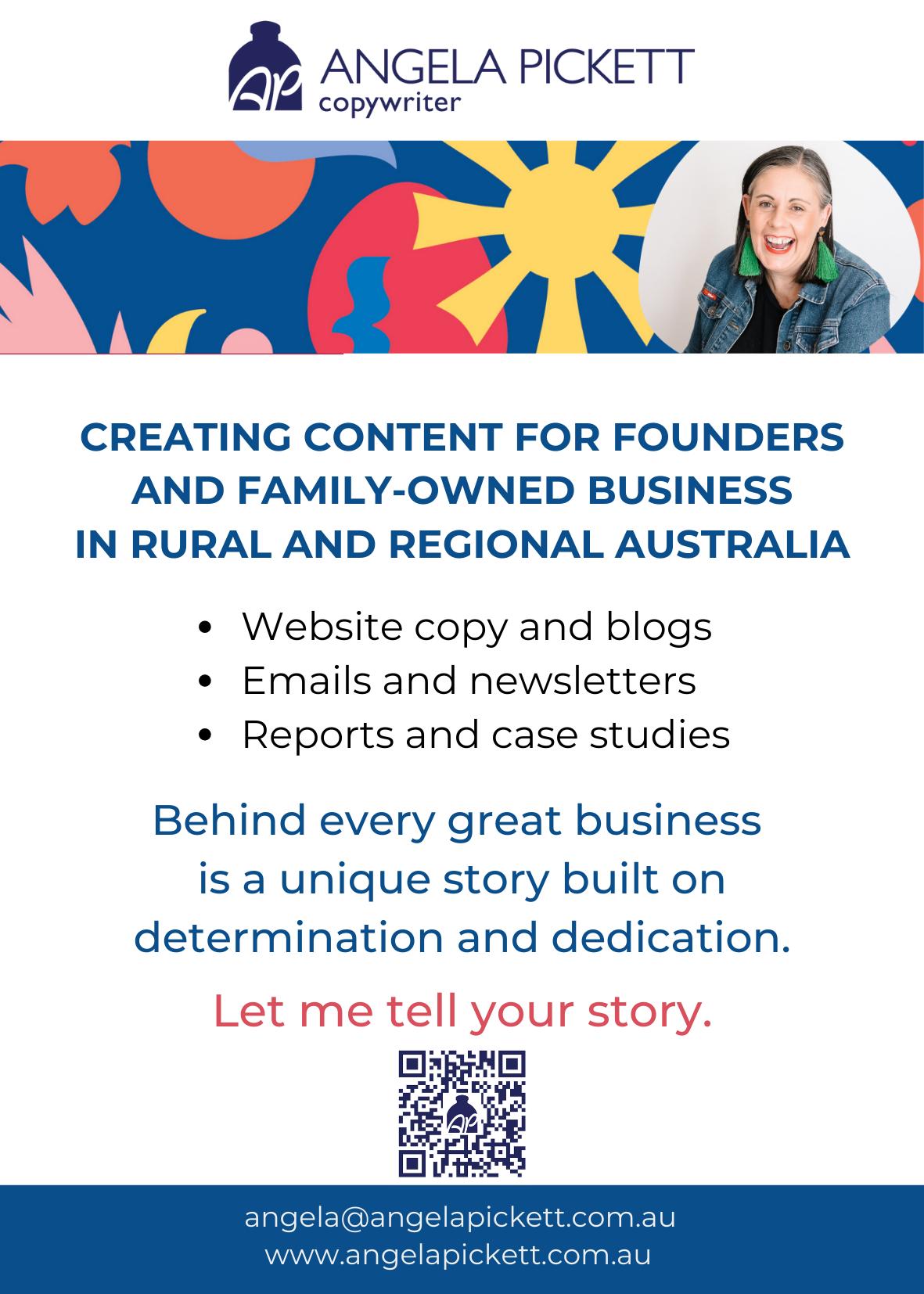

With a strong belief that impact follows insight, Maree McPherson's gifts bring organisations to life through what she sees, hears and feels. Maree helps develop organisations into legacies by assisting people to think and make sense of what they discover.
Maree's leadership experience spans over 35 years and includes a chief executive role in a peak body and another in a regional development organisation.
Now her clients include ambitious individuals and leading organisations. Maree has worked with leaders and teams within organisations to embrace lifelong learning and create a legacy. Her proven strategy revolves around helping leaders thrive at work by teaching them how to deliver the clarity that drives certainty.
The author of two books and with postgraduate level training in executive and organisational coaching and business management, Maree is a renowned coach and consultant facilitator in Australia.
She is one of the 4.1% of coaches in Australia and New Zealand serving as a member of the International Coaching Federation—the largest professional coach membership and credential-providing body globally. Maree works within the professional ethics and guidelines designated by both the International Coaching Federation and the Standards Australia HB 332-2011 for Coaching in Organisations. She is an accredited practitioner in the Mayer-SaloveyCaruso Emotional Intelligence Test (MSCEIT).
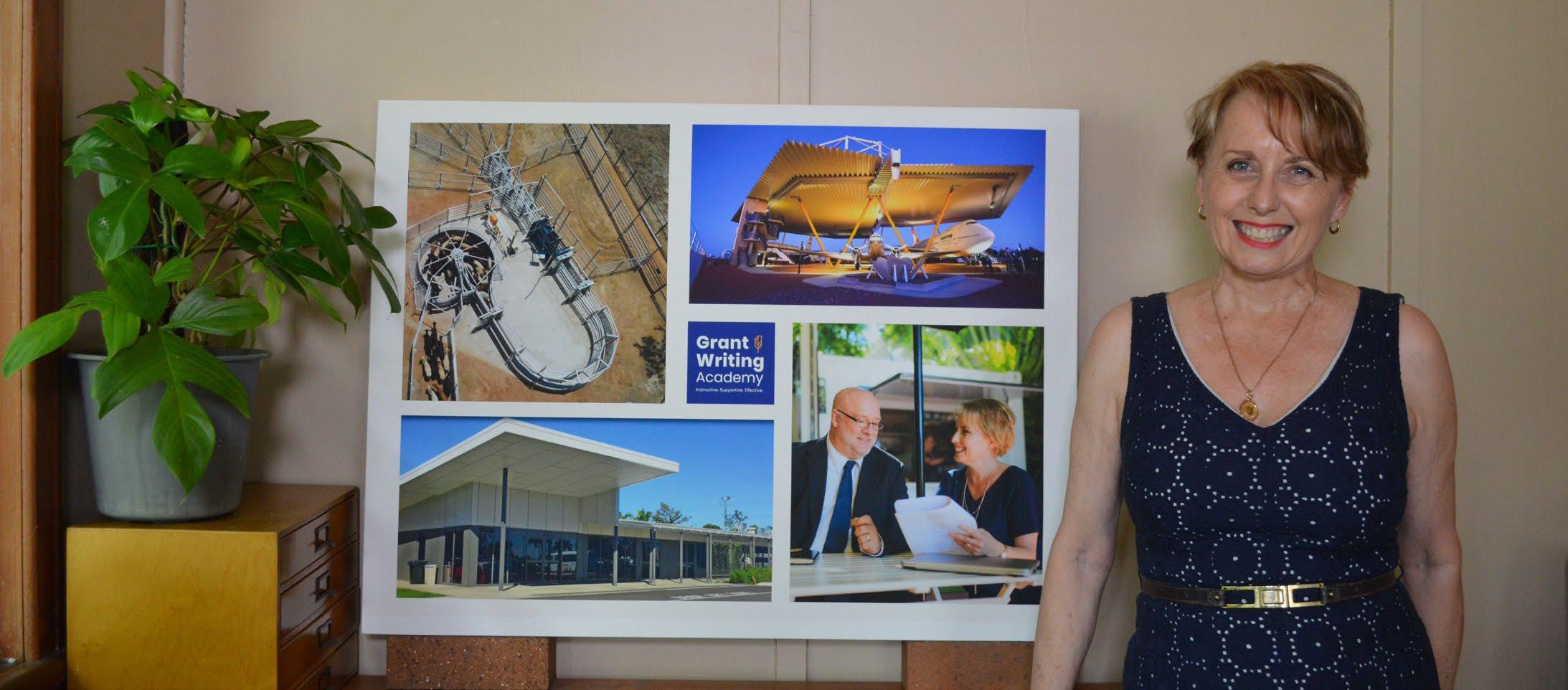
With more than $80 billion of grant opportunities available nationally each year it's important to know how to craft a quality grant application that ends in the 'yes' pile.
This will not only increase your chance of success, but it will also help you to be prepared and reduce the stress during the application process.
Grant Master Prue Saxby from the Grant Writing Academy says, "You can go from grant overwhelm to..."I can do this!" by following these tips."
Each grant can be quite different, so you need to understand what will be involved. For some grants, the application is quite simple; others are time consuming and require lots of attachments.
Grants are competitive, so you need to stand out. The best way to do this is to be prepared, rather than leave everything to a few days before the grant closes.
• If you know of a grant which may be relevant to your project, go to the funder's web page and see what information and documents are available.
• It's good to consider:
• Your Project List – which ones require funding and their priority/order.
• When grant opportunities are likely to be offered and how long they might be 'open' for applications.
• Making a list of the attachments you will need and which ones need to be collated and saved into a folder, updated or created.
• If you have the necessary support.
• You will have matching funds (if required) to contribute to a project.
PRO TIP: When preparing, key documents to look for are guidelines from a current (or previous) grant 'Round; and a sample grant application.
#2 Understand grant guidelines
Grant guidelines are a bit like the instruction manual to put an Ikea chair together. Wasted time and effort can result if you fail to read them.
When a grant opens, I suggest reading the document from start to finish, and particularly note:
• Whether you are one of the eligible entities, and in the right industry and/or geographical area.
• If your project items are allowed in the funds you are requesting.
• If you will be able to deliver your project in the required time.
• Whether you have all the necessary attachments.
• You can manage the project and carry out the necessary reports.
• When the project is allowed to commence.
• The obligations and contract terms if you get the grant.
PRO TIP: It's just as important to read the 'ineligible' items as the eligible ones.
#3 Make sure your project aligns with the grant
Grants are a way for funders to deliver their goals and objectives.
Your projects won't be suited to every grant, so it's important to see what information is available. Apart from the information in the guidelines, check out the details on the funder's website and social media, and any documents they referred to in their messages. This will give you clues and will help you determine how well your project fits with what they are trying to achieve.
The documents to look for could include the funder's:
• Strategic Plan
• Annual Report
• priority documents for the current period
• list of previous successful grant applicants
• news items.
PRO TIP: Use this 'intel' and weave relevant information into your responses to the grant application questions. This will show the funder how well your project fits with their priorities and goals.
#4 Determine your chance of success
Before you put time and effort into an application, it's important to work out whether you have a reasonable chance of success.
There are a range of things to consider to help you determine this:
The total amount of funds relevant to the grant 'Round'.
• The minimum and maximum amounts for which you can apply.
• The geographical footprint for eligible grant applications.
• The amount you are wanting to apply for.
• Your confidence of 'scoring' well from your various responses.
• Your previous success with grants.
PRO TIP: Do the math and estimate: the number of grants they will approve for low, medium and large amounts; the spread the funds throughout the state/territory and the 'possible' number in your area/region.
#5 Check you can meet the deadline
Grant requirements can vary considerably so you need to assess how much work is involved before you start. Strong applications take planning and effort, you can't just throw them together.
It's best to check out exactly what is required as soon as you can and make the decision whether the effort is worth the return.
Consider what else is happening in your life. What business commitments do you have? Will this take time away from other important tasks? Have you got other people to help you out?
Then, work out how long it will take you to:
• collate the relevant information
• gather the necessary supporting evidence
• write the responses to the questions
• review your application and get someone else to proof it
• transfer the content into the grant portal (this can take longer than you expect.).
PRO TIP: Once you decide to proceed, start getting things organised straight away: organise support letters; start work on attachments; review the application portal or document; create dot points for each answer as the first draft for your responses.
You'll find it easier to write your application if you collect documents and evidence in advance.
For most grants, you need to provide a range of information to be eligible.
This will vary, depending on whether you're a community group or business, the type of project and the amount of the grant. The documents and proof can include:
• previous financials, forecasts and a budget for the project
• proof of your 'entity' (business, incorporation, not-for-profit etc)
• statistics about the problem you're trying to solve
• evidence of strong network and/or support from others
• proof your team has the skills and experience to 'deliver' a successful project
• your products/services and statistics on your clients
• project plan, site plan, authority to build.
PRO TIP: It's becoming more important to show collaboration and support in your responses, so start developing these aspects early so you will be attractive to funders and ahead of the majority of applicants.
#7 Write a clear and concise application
Grants are very competitive so there are a few things to keep in mind when you're filling in your application.
MAKE IT CLEAR: So that your application is easy to read you need to explain:
• what you plan to do
• how it connects with the funder's objectives
• your ability to complete the project
• how much money you need and what will be purchased
• the outcomes you expect at the end of the project
• who will benefit, including the broader community.
MAKE IT CONCISE: Any unnecessary detail will slow down the assessment process, so try to keep to the point with these tips:
• Aim for quality information, rather than quantity.
• Avoid long sentences and look for ways to reduce words.
• Avoid vague words as it makes your responses appear less factual.
PRO TIP: Each question seeks different information, so if you think they are asking the same thing twice, it means you haven't understood what they are wanting.
"Most people find the grant application process confusing or daunting" says Prue. "Grants are becoming increasingly competitive, so it's important to keep up to date with what's available and what to include in the application."
"Each month there can be approximately 100 new grant opportunities across a variety of industries. Then there are all the ongoing grant opportunities and grants offered by local councils – it's a constant procession."
After 15 years helping community groups, not-forprofits, and small- to medium businesses from a variety of industries her passion to see regions thrive is still as strong now, as it was when she started.
"I get so much pleasure seeing projects come to life." This has ranged from much-needed resources for sporting groups, through to the $12.4 million Qantas Founders Museum Airpark Roof and Luminescent Longreach projects.
These projects are only part of Prue's success –in the last six years she's written $49.8 million of successful applications for clients. In addition, she helps people in her free and paid Grant Writing Academy communities, workshops, courses and mentoring sessions.
People can access Prue's free grant resources and support – all passionately created and provided to "give back to others."
Prue's philanthropic nature has been influenced by her mother. "Mum was always volunteering and helping others – the Royal Flying Doctors, Lifeline, Cancer Council – and was constantly baking for street stalls. "I guess it rubbed off."
"Mum was awarded an Order of Australia medal for her tireless work for others, and it was a very proud
moment when our family watched Quentin Bryce (Governor at the time) pin on the medal at the award ceremony at Government House, Brisbane.
"Some helpful advice via my free Facebook community or a mentoring meeting can really impact a grant application." I recently shared some advice for a grant application, and a small community (without a Post Office) is now excited their project will be funded and they can soon enjoy mail services which most of us take for granted.
"People need to be prepared and up to date with grant opportunities." "I know how time consuming the grant-searching process is, so for the past 10 years I've done all the work for them and offered a free monthly grant list. Recipients can scan through all National, State, philanthropic and corporate grants to review the opportunities."
The monthly grant list is delivered along with regular ideas and inspiration via Prue's weekly 3-2-1 Grants email. You can sign up to get these helpful free resources by heading to Prue's company homepage www.indigogold.com.au.
Prue's shared some current opportunities for you to consider:
Infrastructure Grants: National – open now; closes 21/12/22; up to $5M; funds the acquisition or construction of infrastructure to facilitate grains research and development.
URL: https://grdc.com.au/research/partneringin-rde-investment/tenders/other-opportunities/ infrastructure-grants-2023
Mable Community Grants: National – open now; closes 11/01/23; $2,000 up to $20,000; to fund people and projects that promote inclusion for people with disability and older Australians in the arts, sports and recreation and business and technology.
URL: https://mable.com.au/communitygrants/
Supporting People with Cancer Grant: National – open now; closes 07/02/23; up to $120,000; to support people affected by cancer through the provision of grants to community organisations and Aboriginal and Torres Strait Islander organisations. The initiative will fund evidencebased projects to reduce the impact of cancer and better support people affected by cancer.
URL: https://www.canceraustralia.gov.au/research-data/grants-and-funding/supportingpeople-cancer-grants
Aboriginal and Torres Strait Islander GrantsProfessional Development: National – open 21/12/22; closes 06/02/23; up to $10,000; supports professional development opportunities for individual Aboriginal and Torres Strait Islander artists and arts workers to undertake skills development and training that is relevant to their arts practice or professional practice as an arts or cultural worker.
URL: https://www.dpc.sa.gov.au/responsibilities/ arts-and-culture/grants/ATSI-grants/professional-development
Strengthening Rural Communities – Prepare & Recover: National – open 30/11/22; closes 01/03/23; up to $25,000; supports communities in remote, rural and regional communities across Australia to implement initiatives that prevent and prepare for future climate related impacts, or recover from existing disasters through the medium to long term process.
URL: https://frrr.org.au/funding/place/strengthening-rural-communities/
Minimum Viable Product (MVP) grants: NSW – open all year round; up to $25,000; designed for pre-revenue technology startups to help them engage with a potential business customer, or channel to market, to achieve market validation and first sale.
URL: https://www.nsw.gov.au/working-and-business/support-for-startups/minimum-viable-product-grants
Organisation Funding: NSW – opens 05/12/22; closes 06/02/23; up to $200,000; two streams; Annual Program funding to support arts and cultural organisations (to deliver multiple arts and cultural activities; Project funding supports innovation, vibrancy and creativity within the NSW arts and cultural sector.
URL: https://www.create.nsw.gov.au/fundingand-support/arts-and-cultural-funding-program/ organisation-funding/
Rural Economic Development Grants: Qld –open now; closes 30/01/23; up to $200,000; to strengthen primary production sectors and bolster rural communities.
URL: https://www.qrida.qld.gov.au/program/ruraleconomic-development-grants
Super Round: Qld – opens mid-January; closes 28/02/23; up to $100,000; allocates funding to not-for-profit community groups to help them provide services, leisure activities and opportunities for Queensland communities.
URL: https://www.justice.qld.gov.au/initiatives/ community-grants
Rural Landholder Grants: Vic – open now; closes 30/04/23; up to $25,000; for eligible primary producers that have a smaller-scale Primary Production Enterprise and do not qualify for the Primary Producer Recovery Grants. The grants support clean-up and recovery costs from the recent flooding.
URL: https://www.ruralfinance.com.au/industryprograms/victorian-rural-landholder-grants
Primary Producer Recovery Grants: Vic – open now; closes 30/04/23; up to $75,000; payment to
primary producers directly affected by the floods to help them clean up, re-establish their properties, and get their businesses up and running again.
URL: https://www.ruralfinance.com.au/industryprograms/victorian-primary-producer-flood-recovery-grants
Remember there are heaps more grants in the free monthly General Grant List! Sign up for it here: www.indigogold.com.au
Founder - Grant Writing Academy
CEO – Indigo Gold Pty Ltd Mob: 0409 069 425 E: prue@indigogold.com.au
